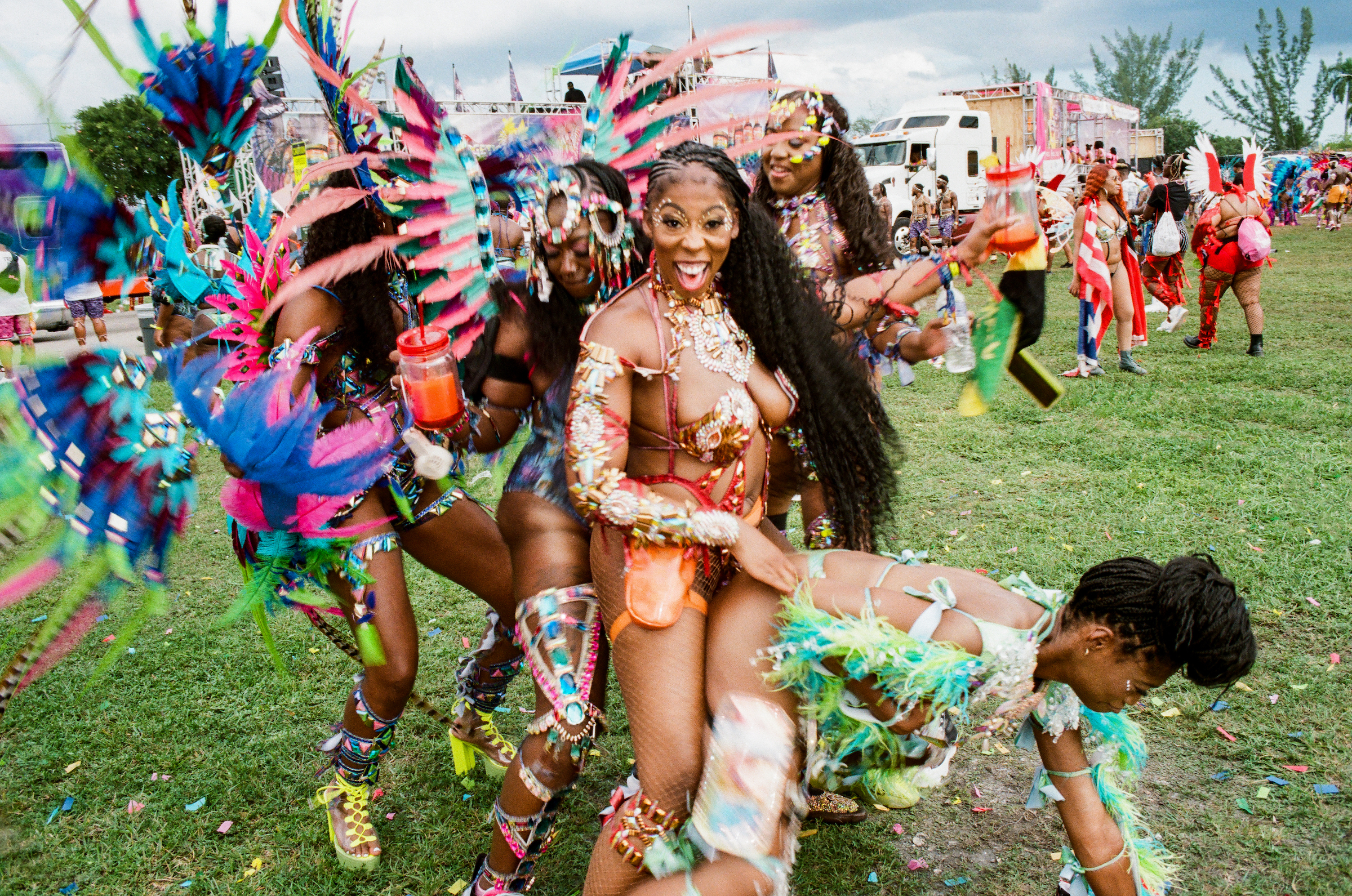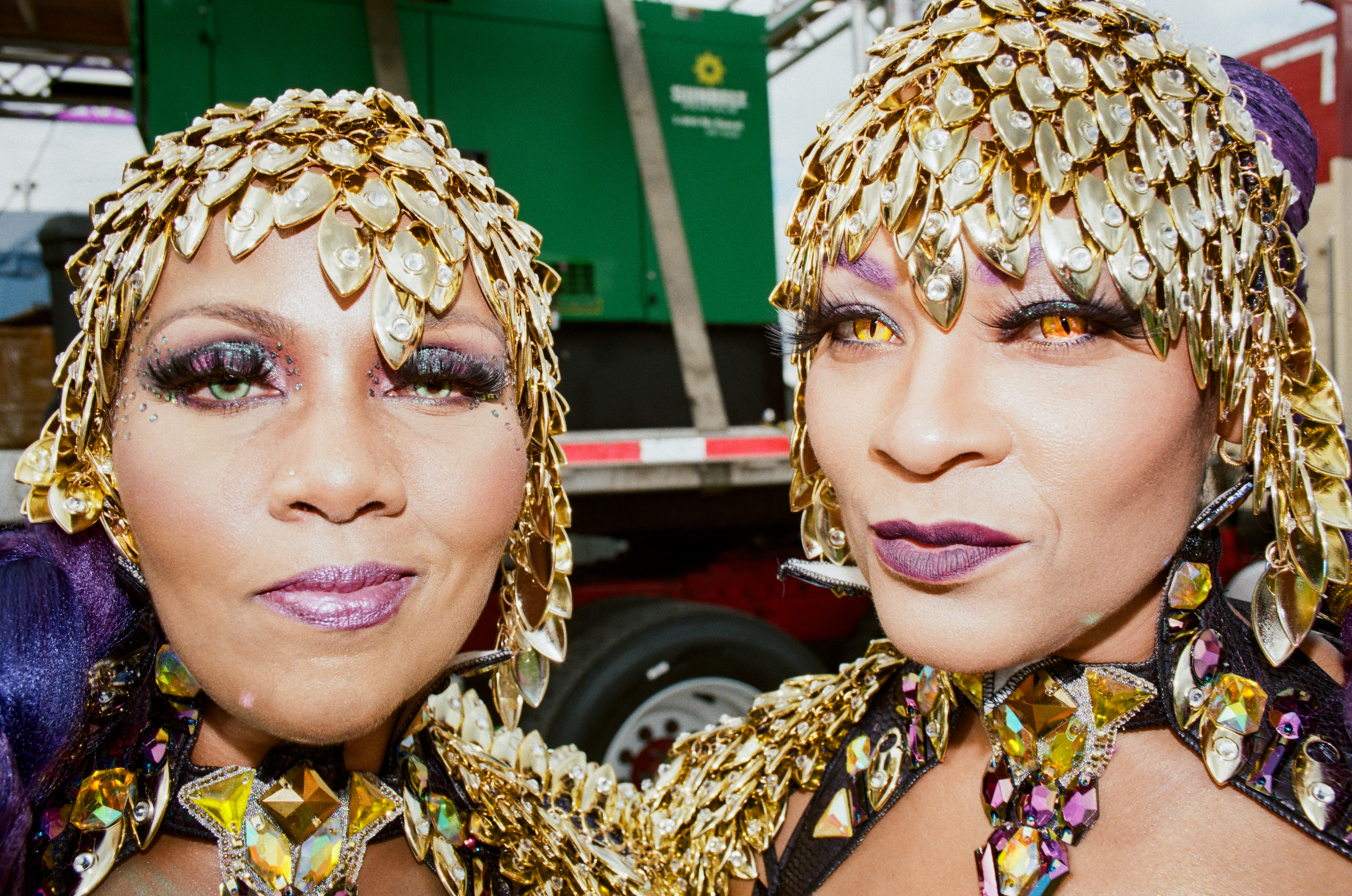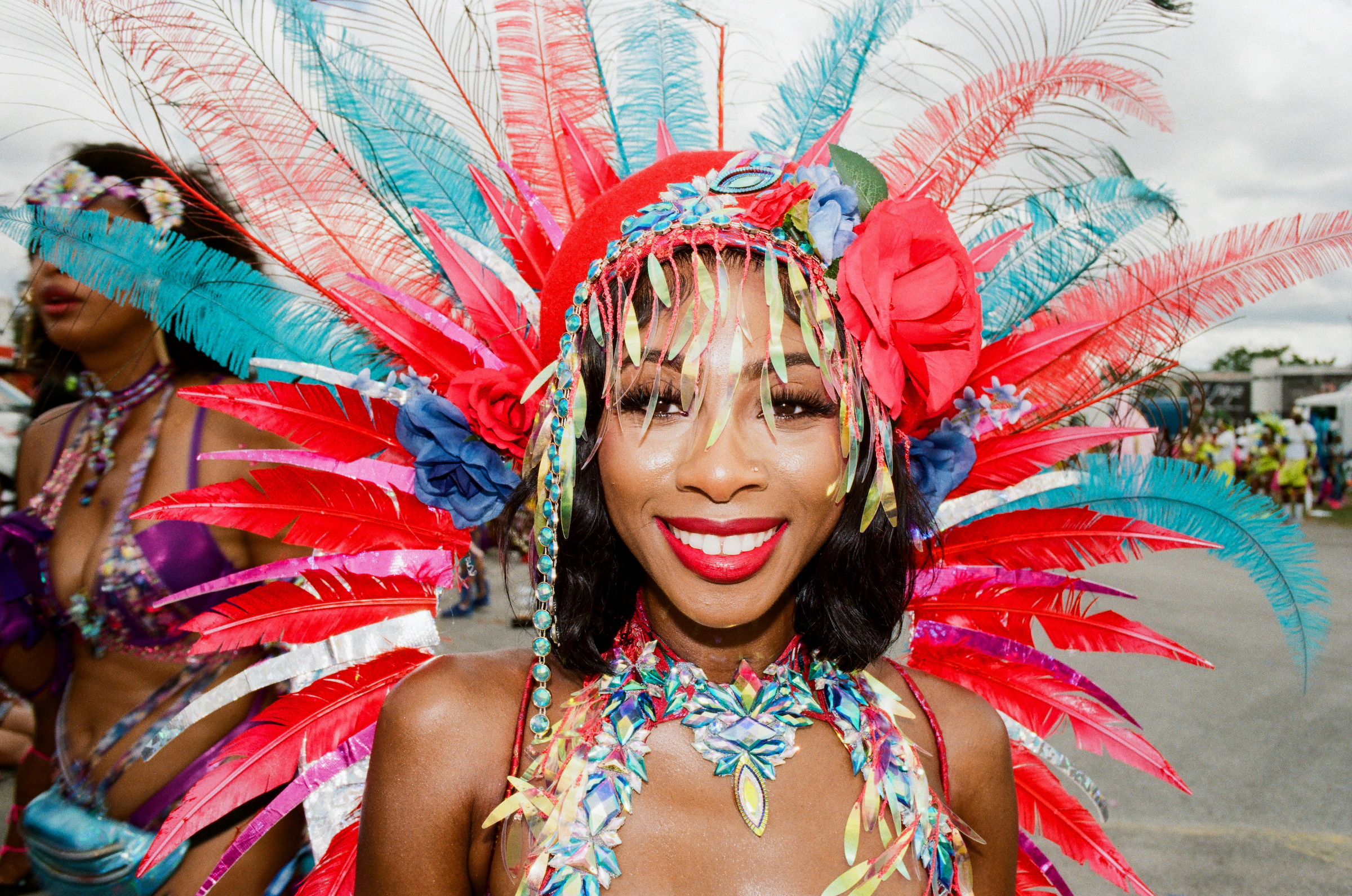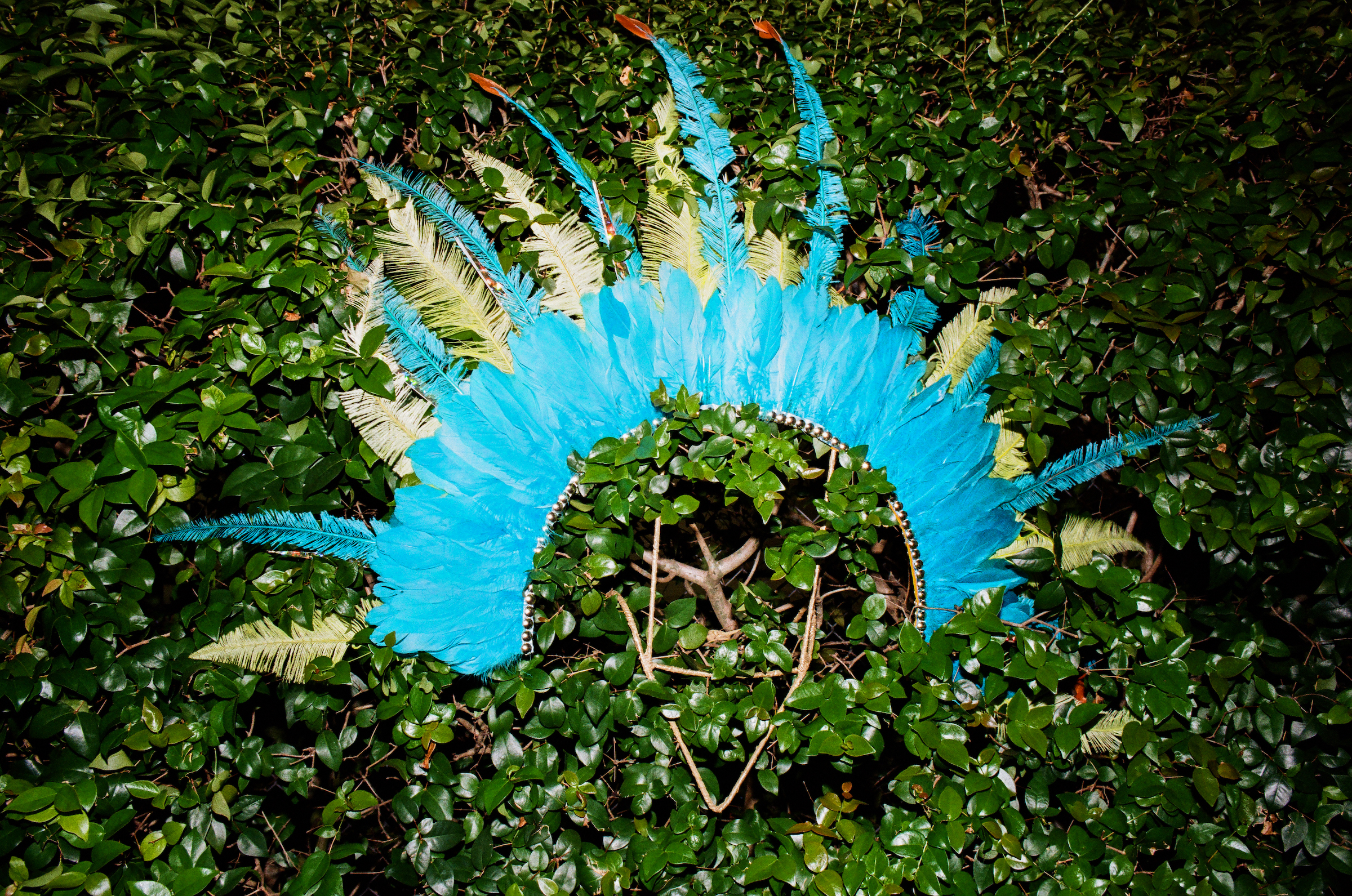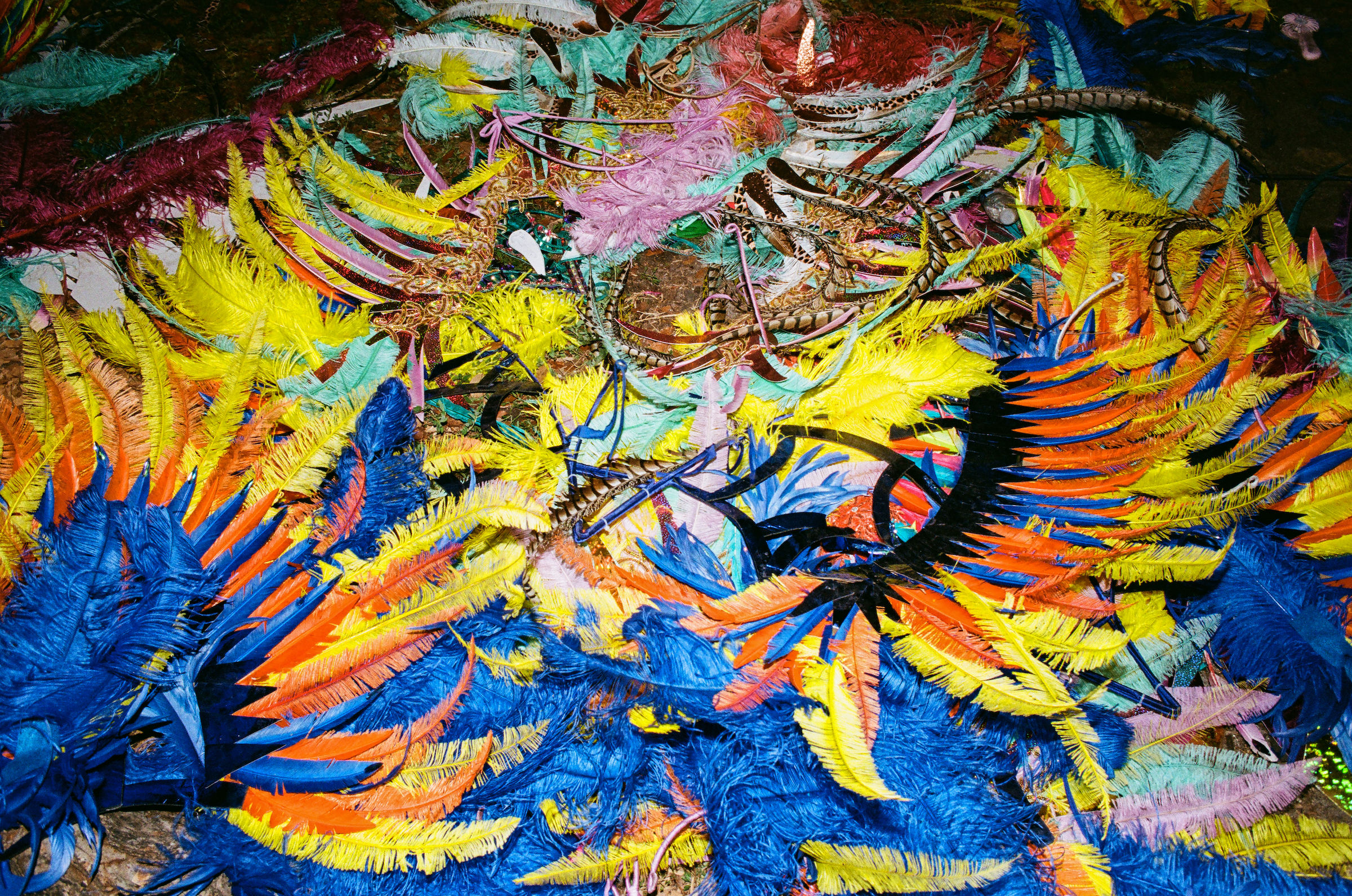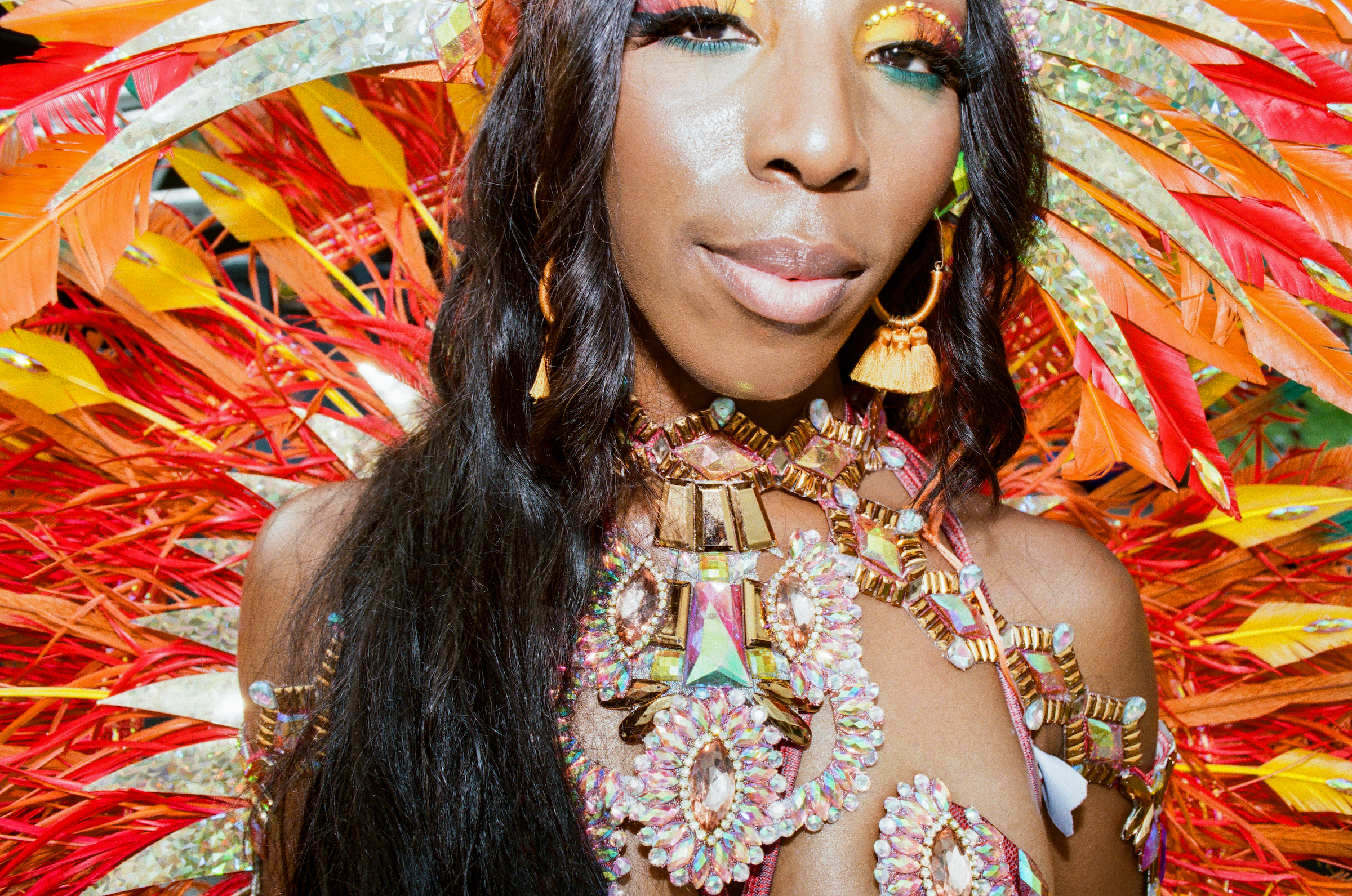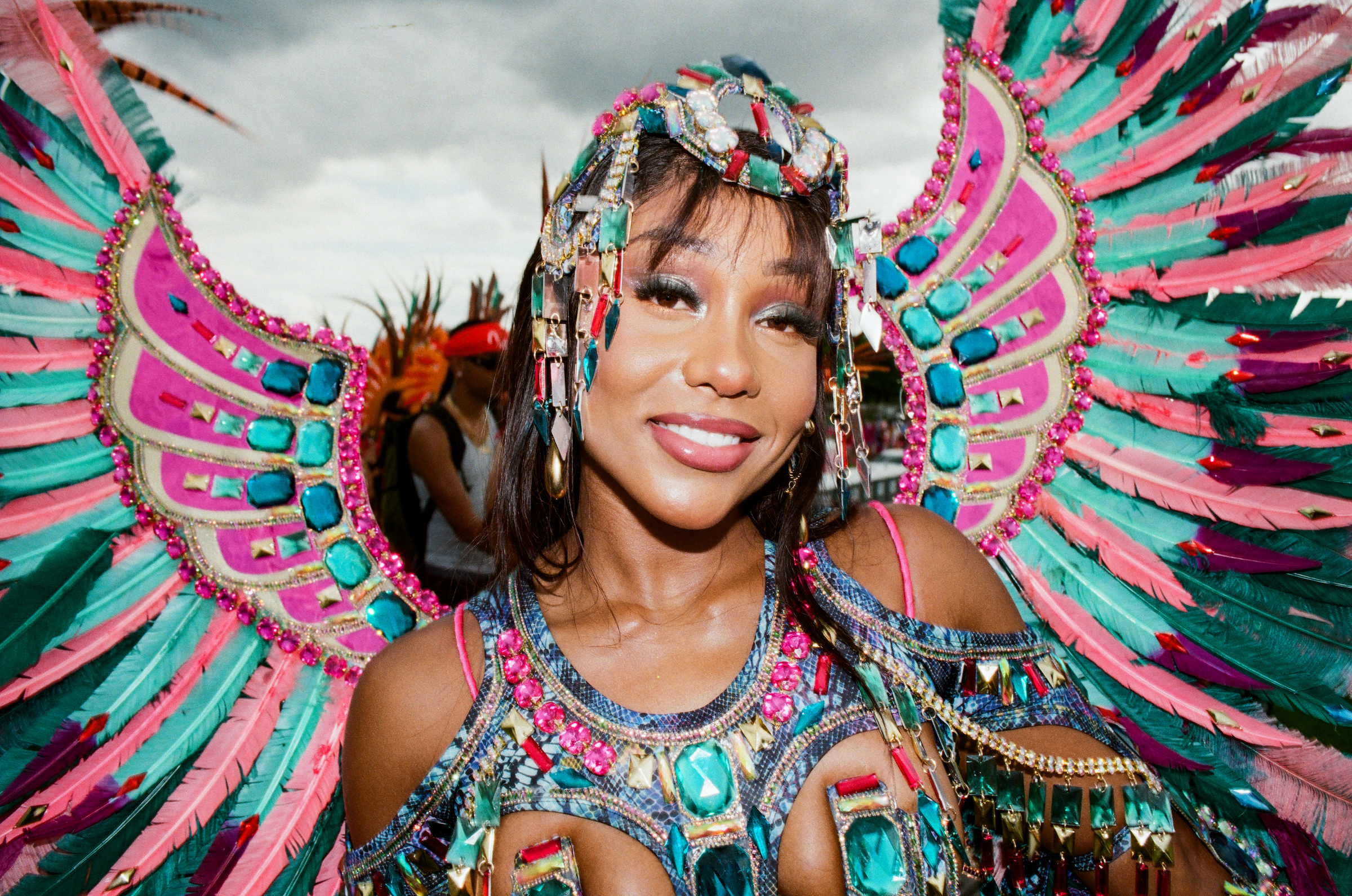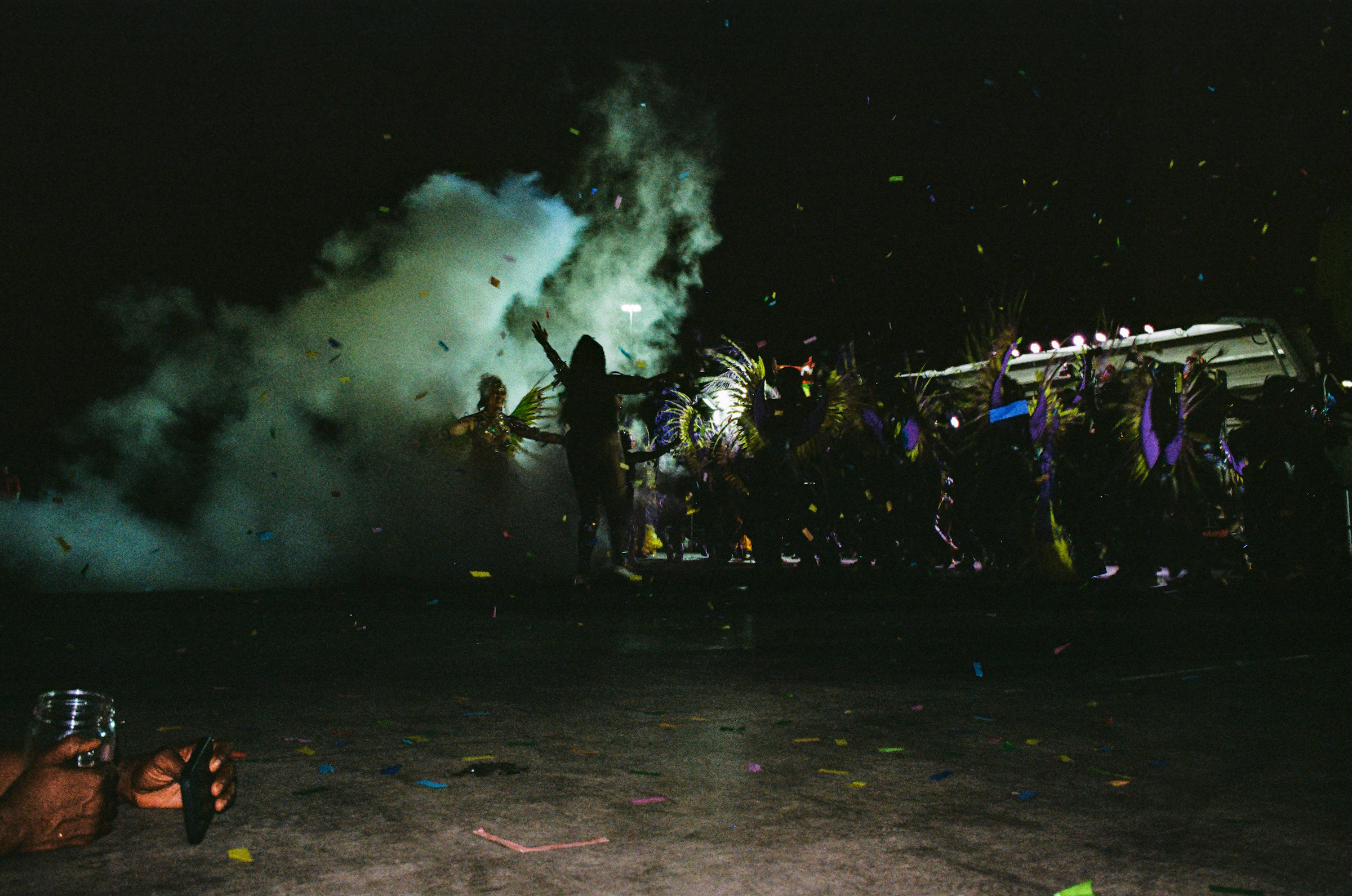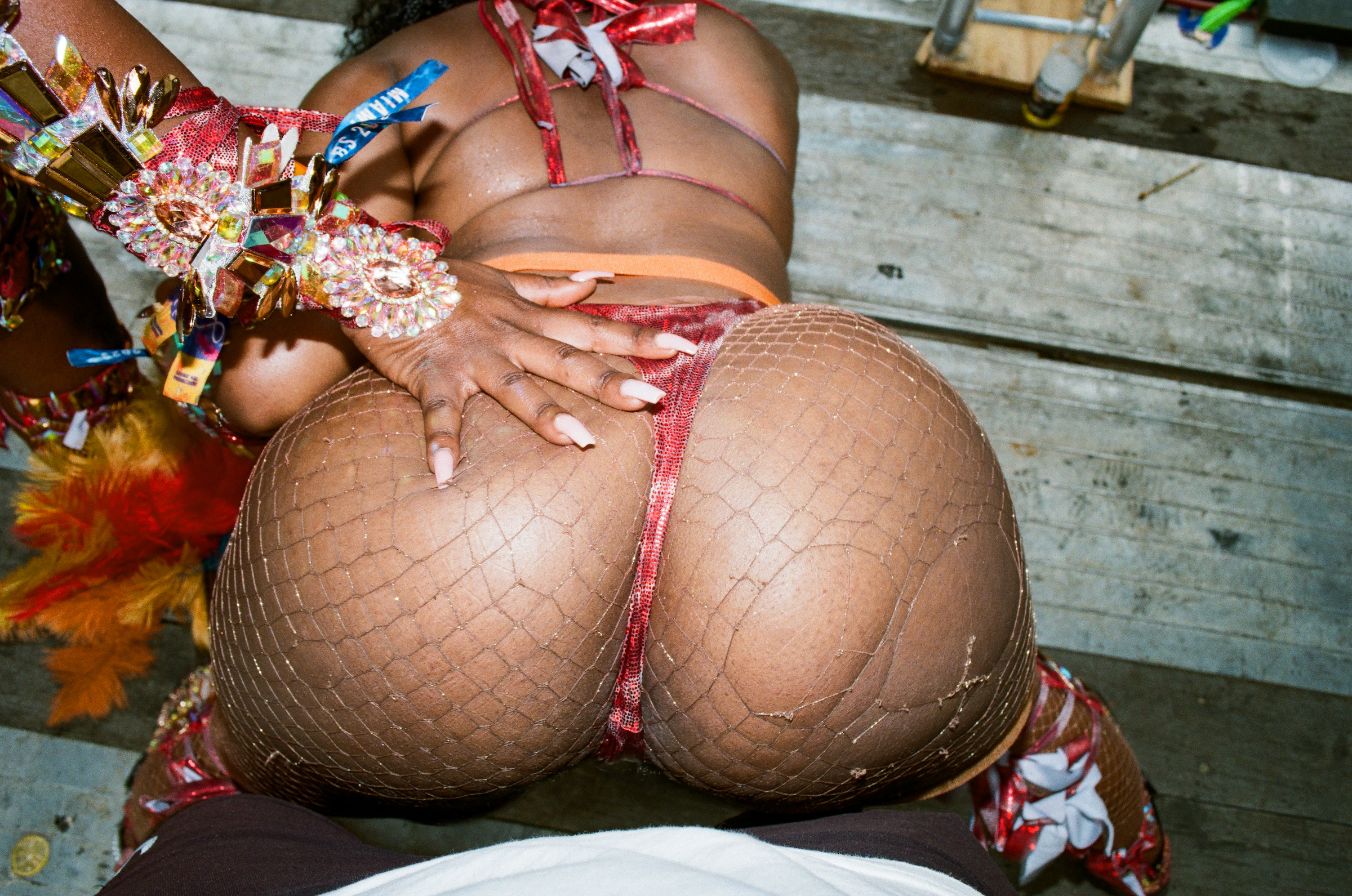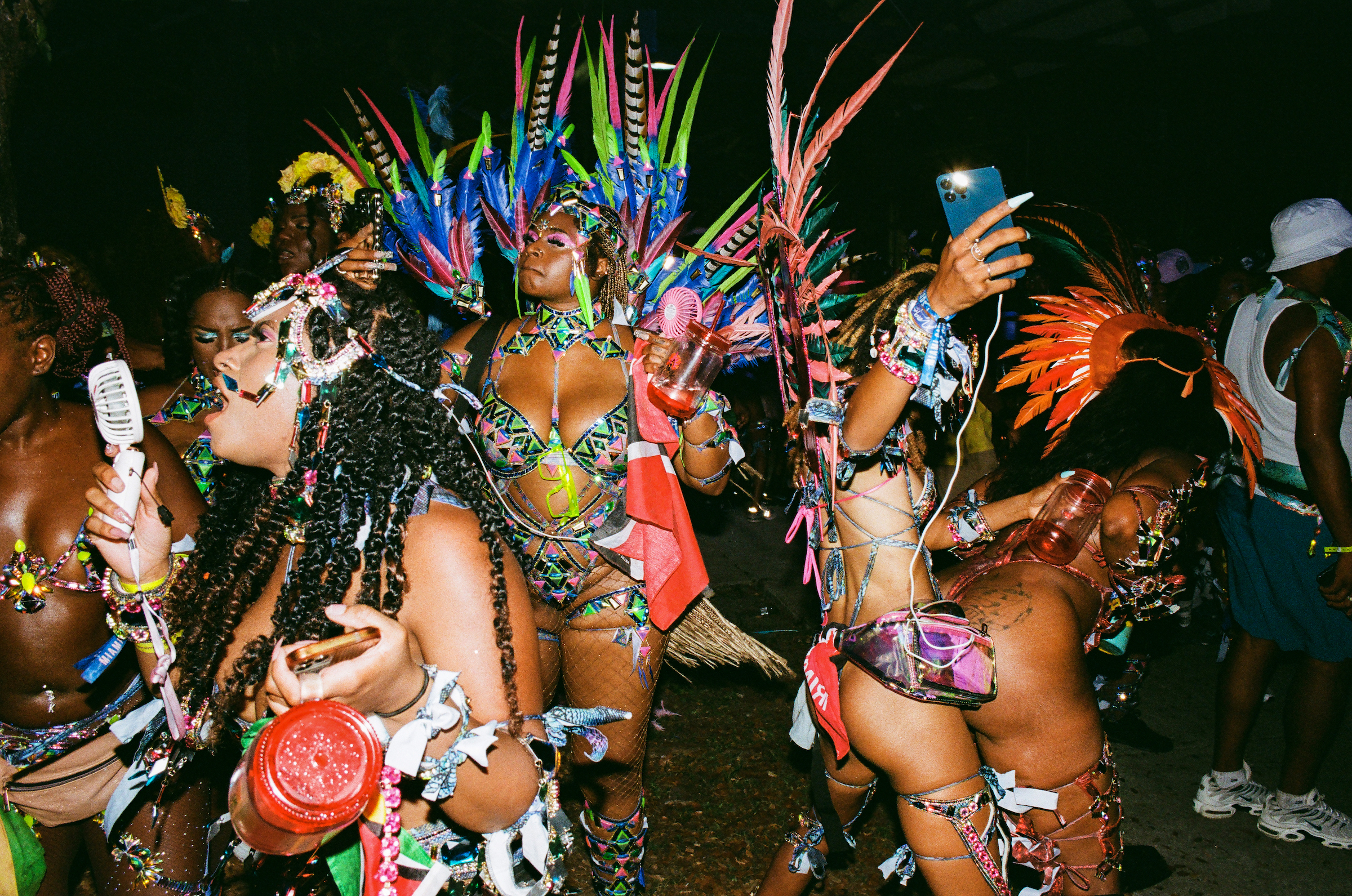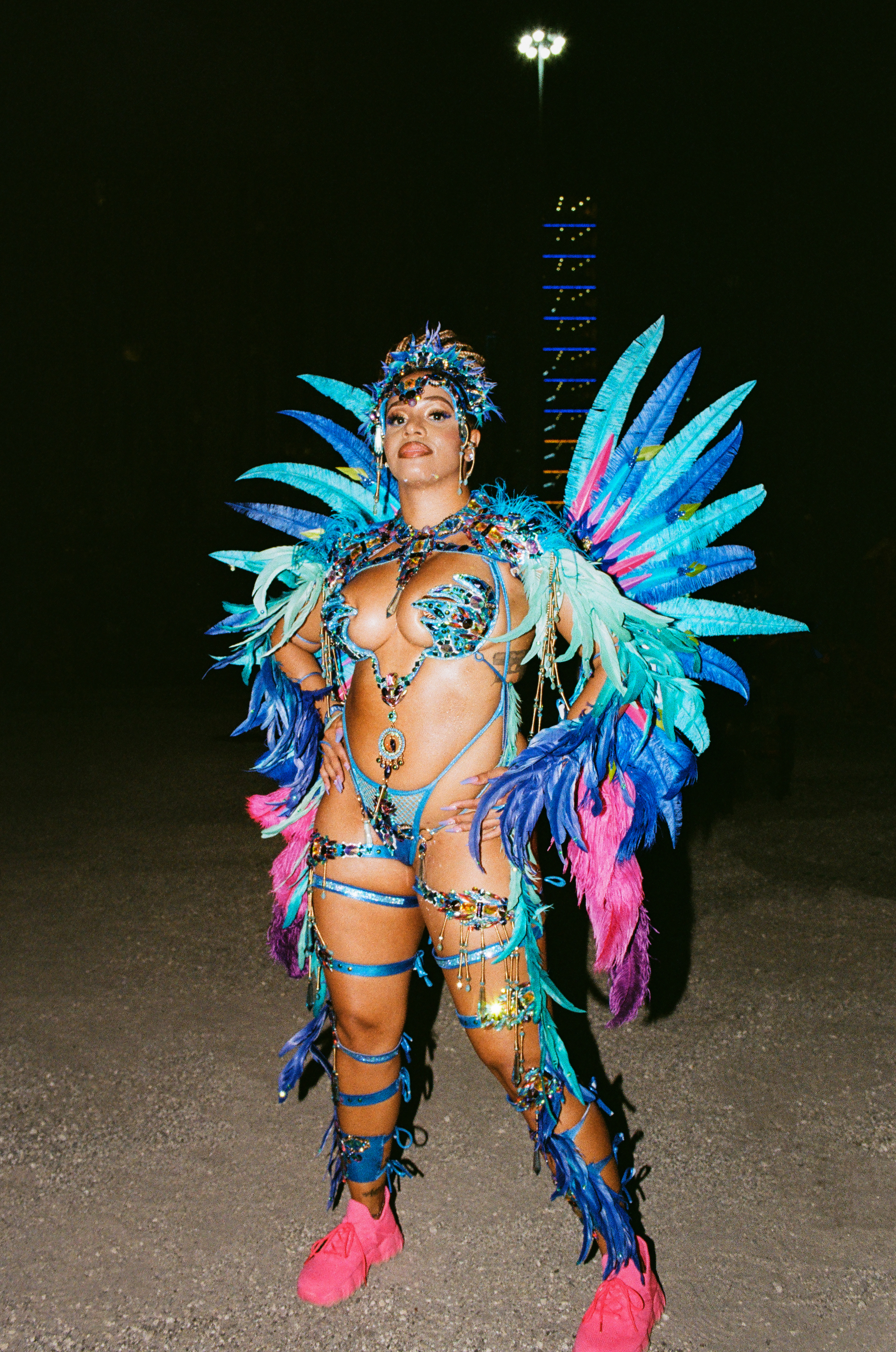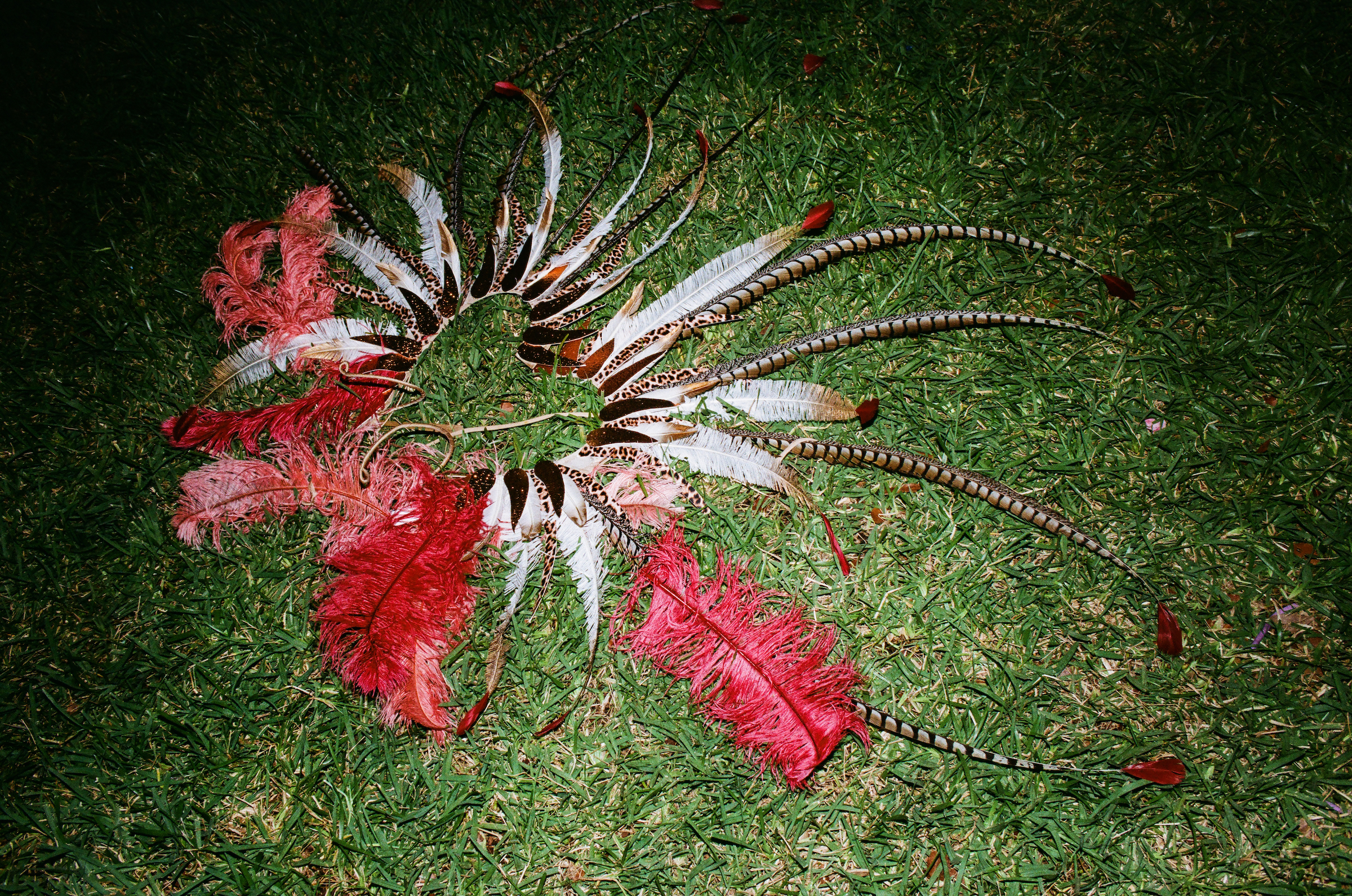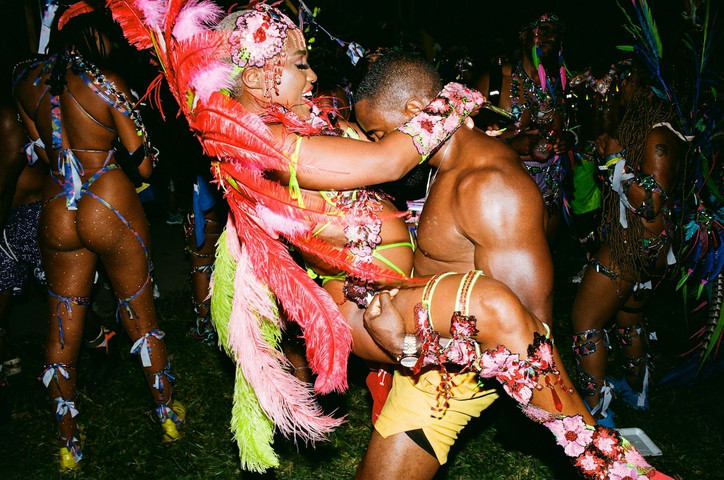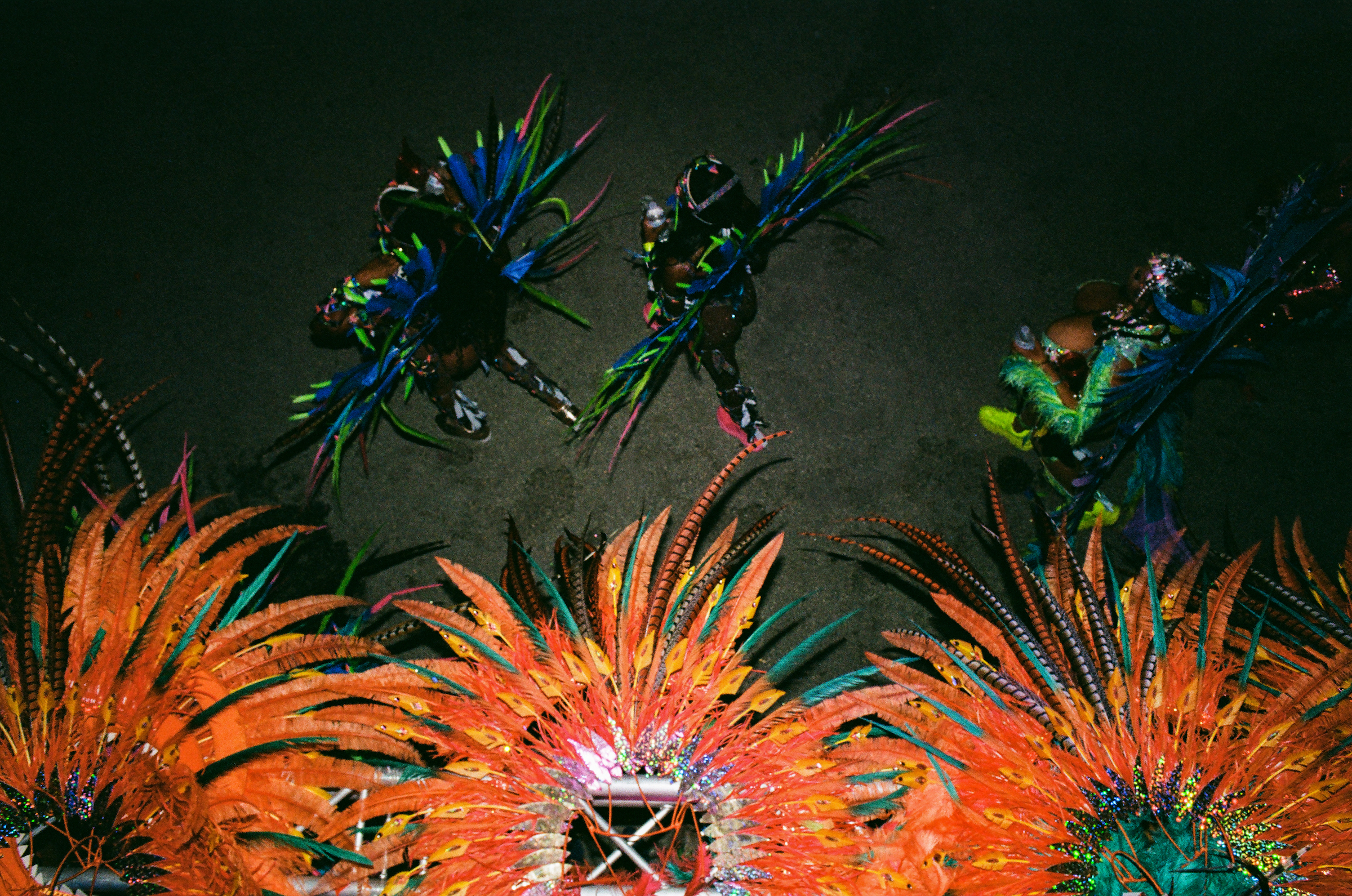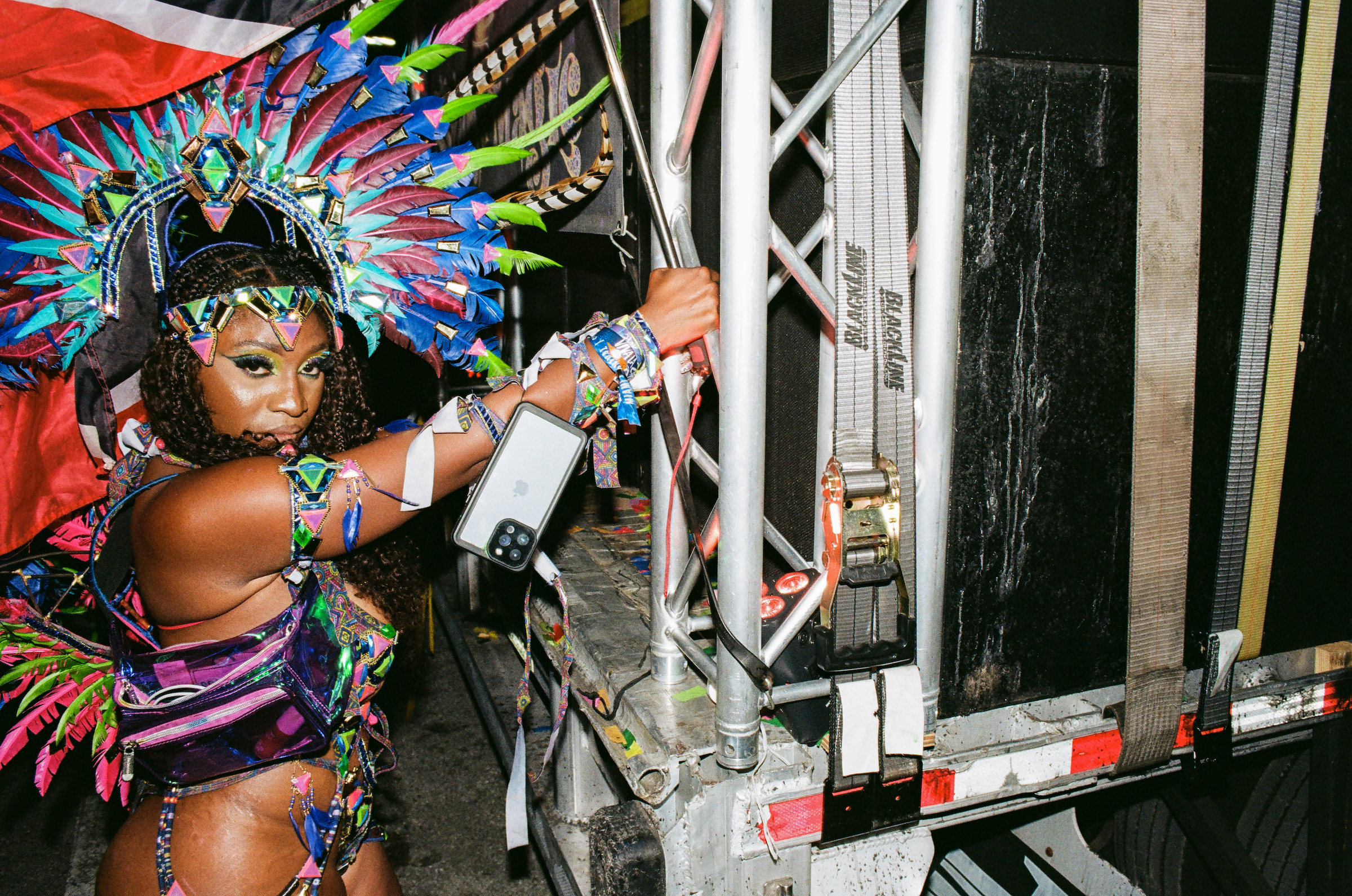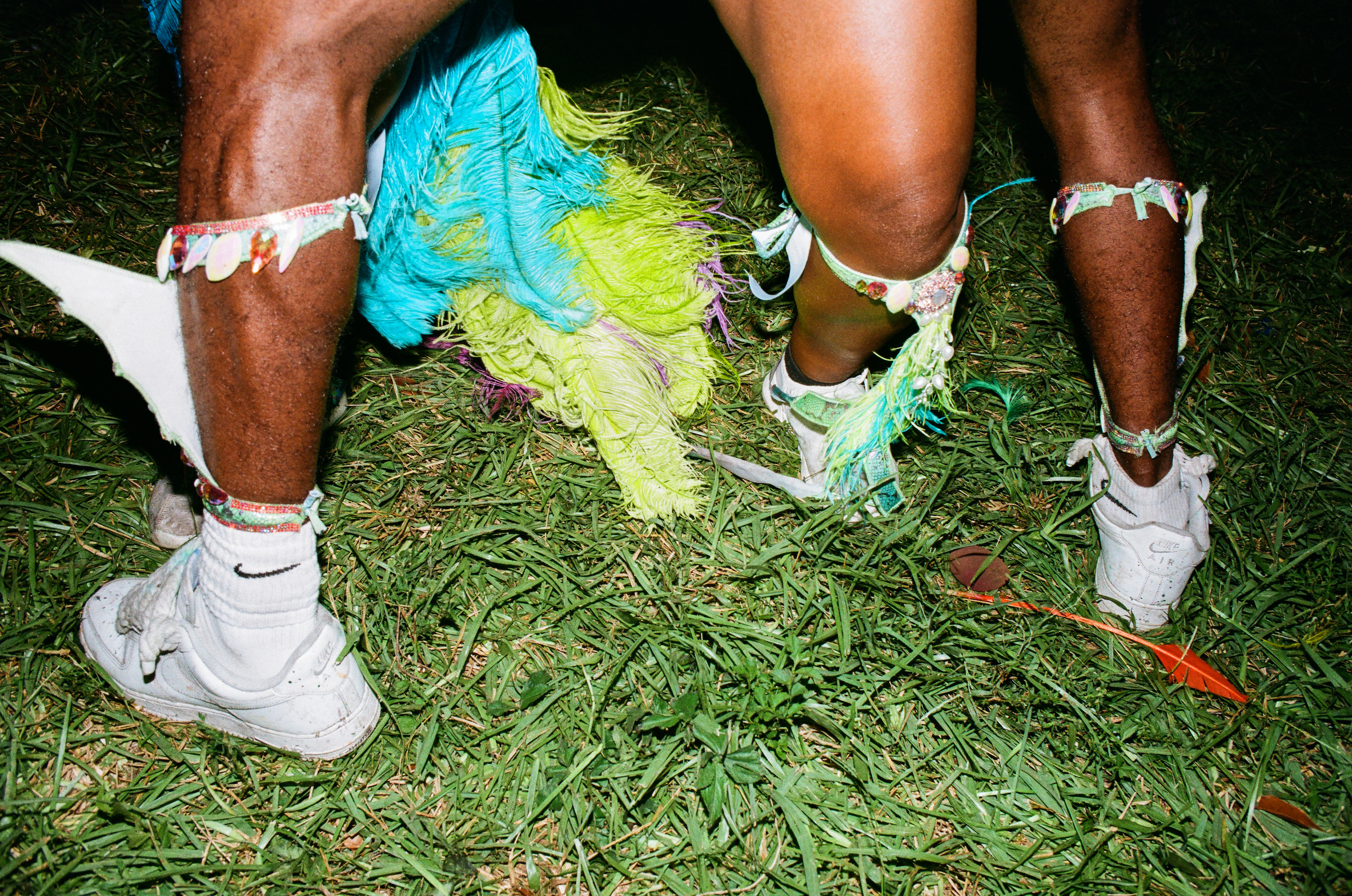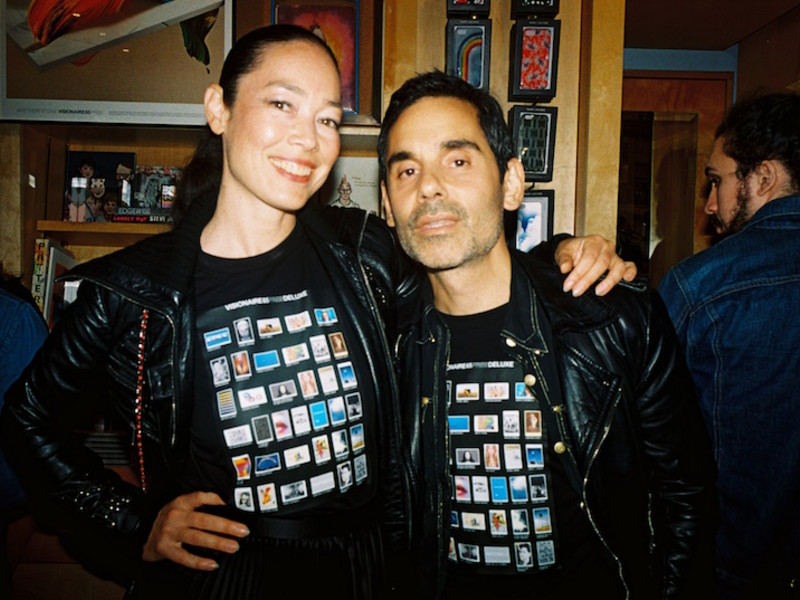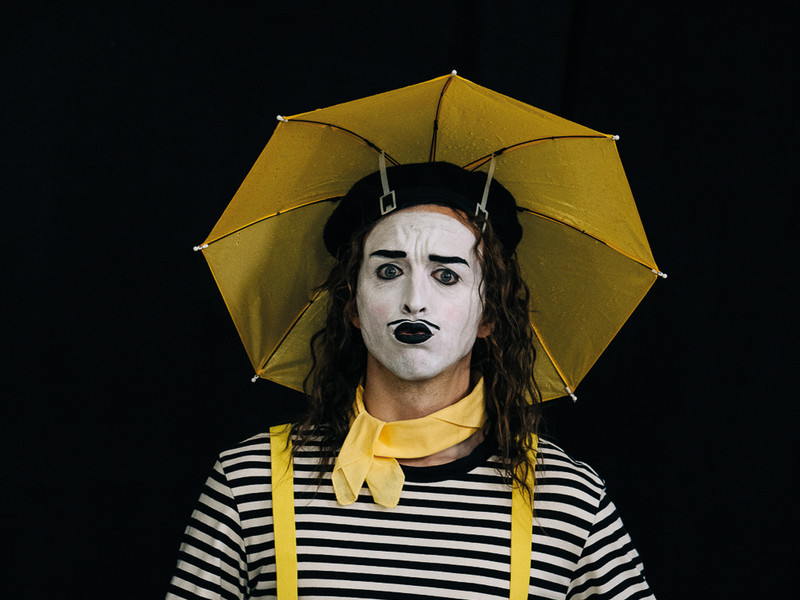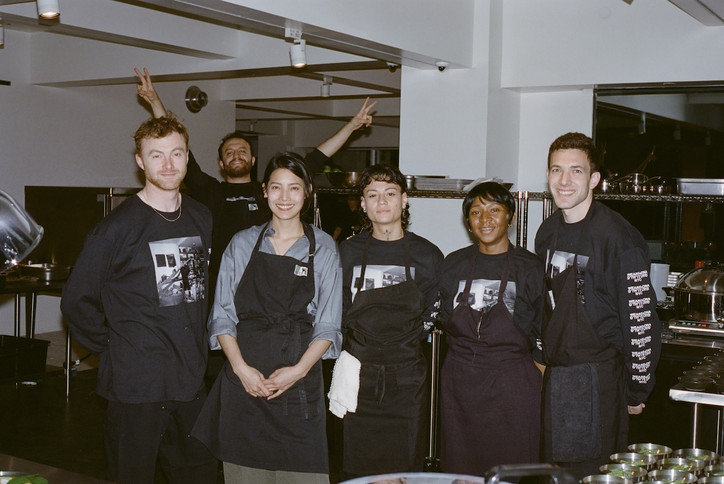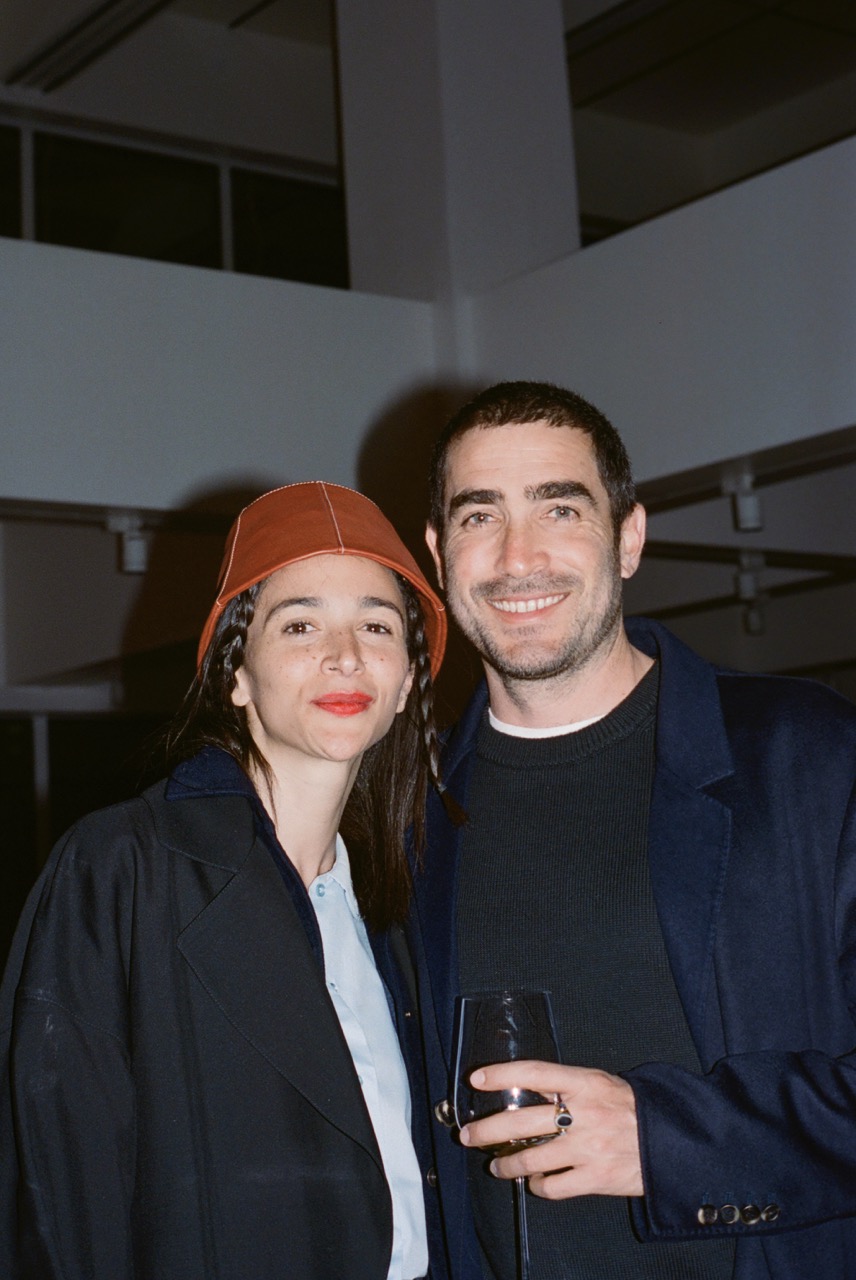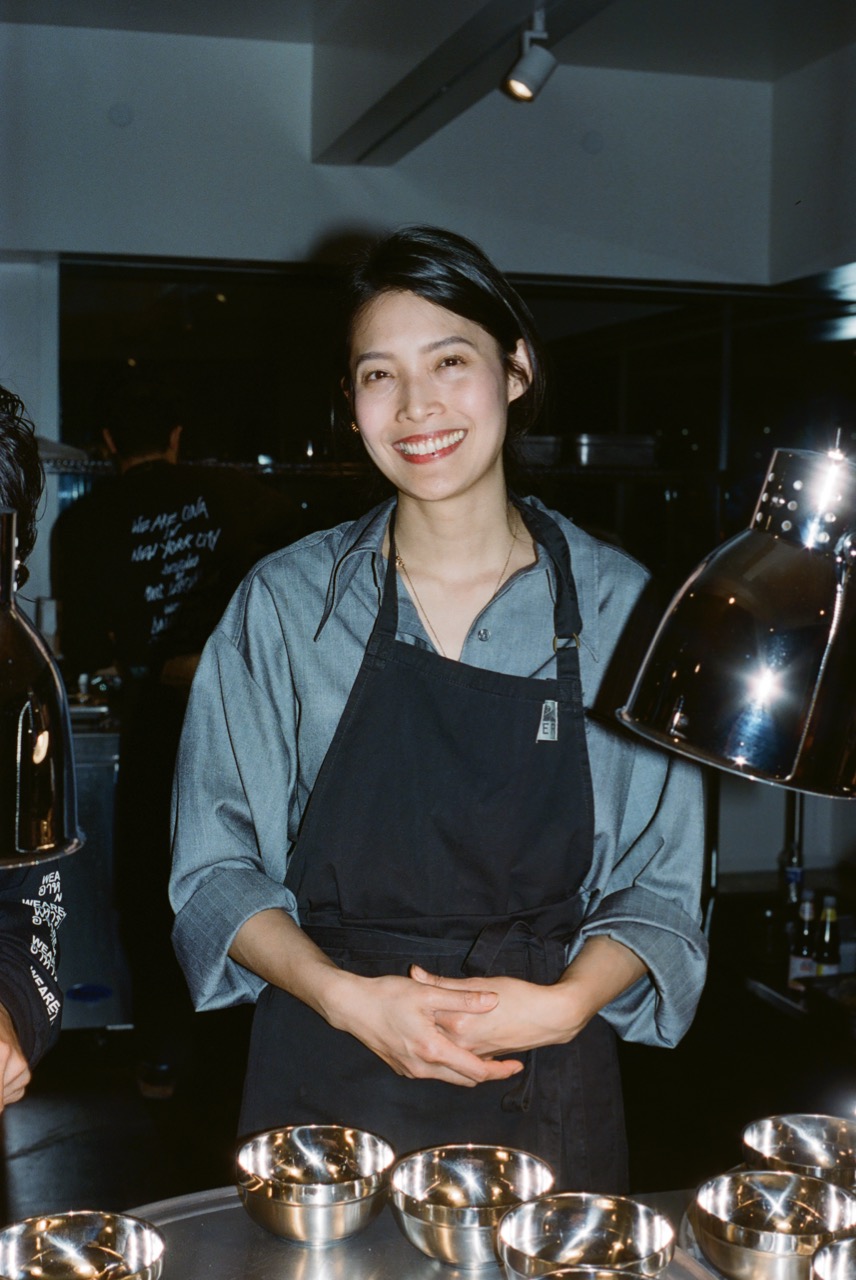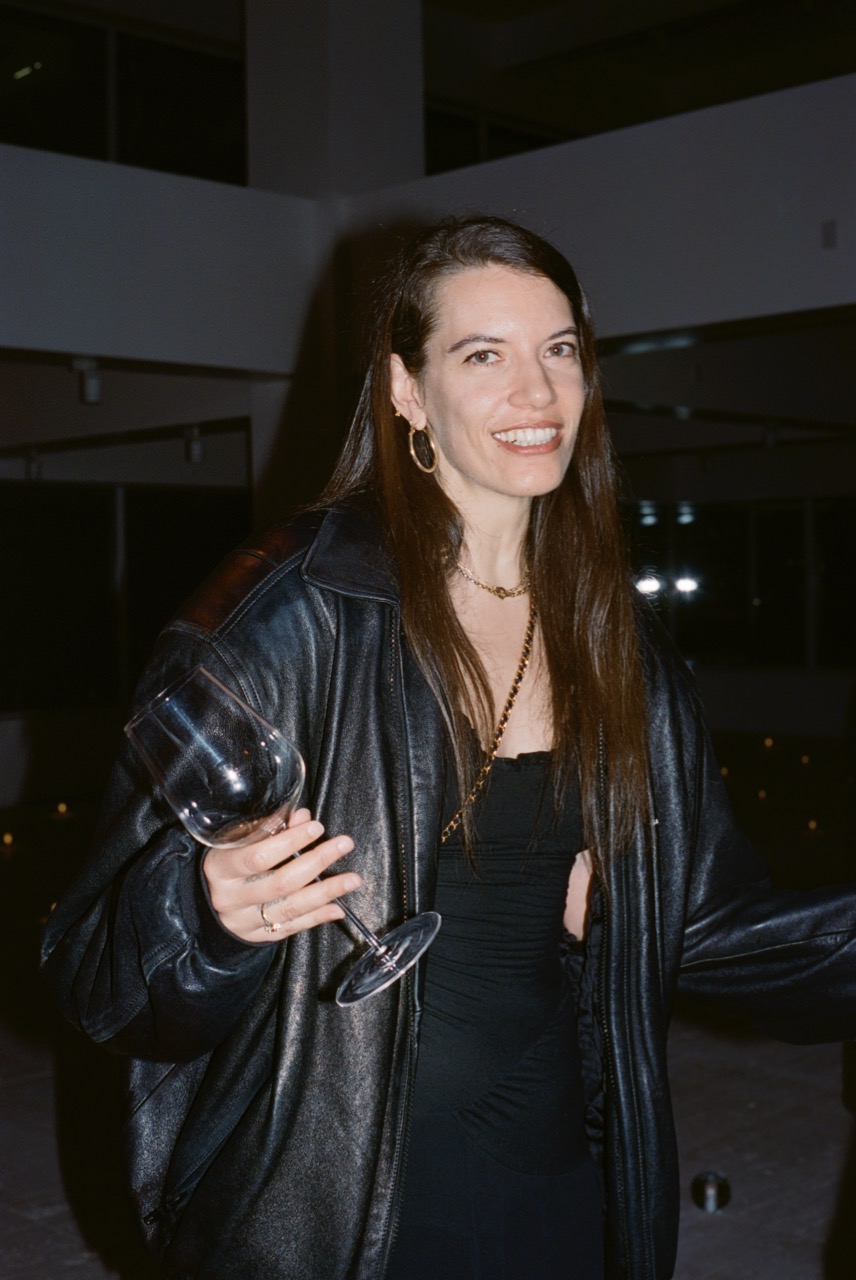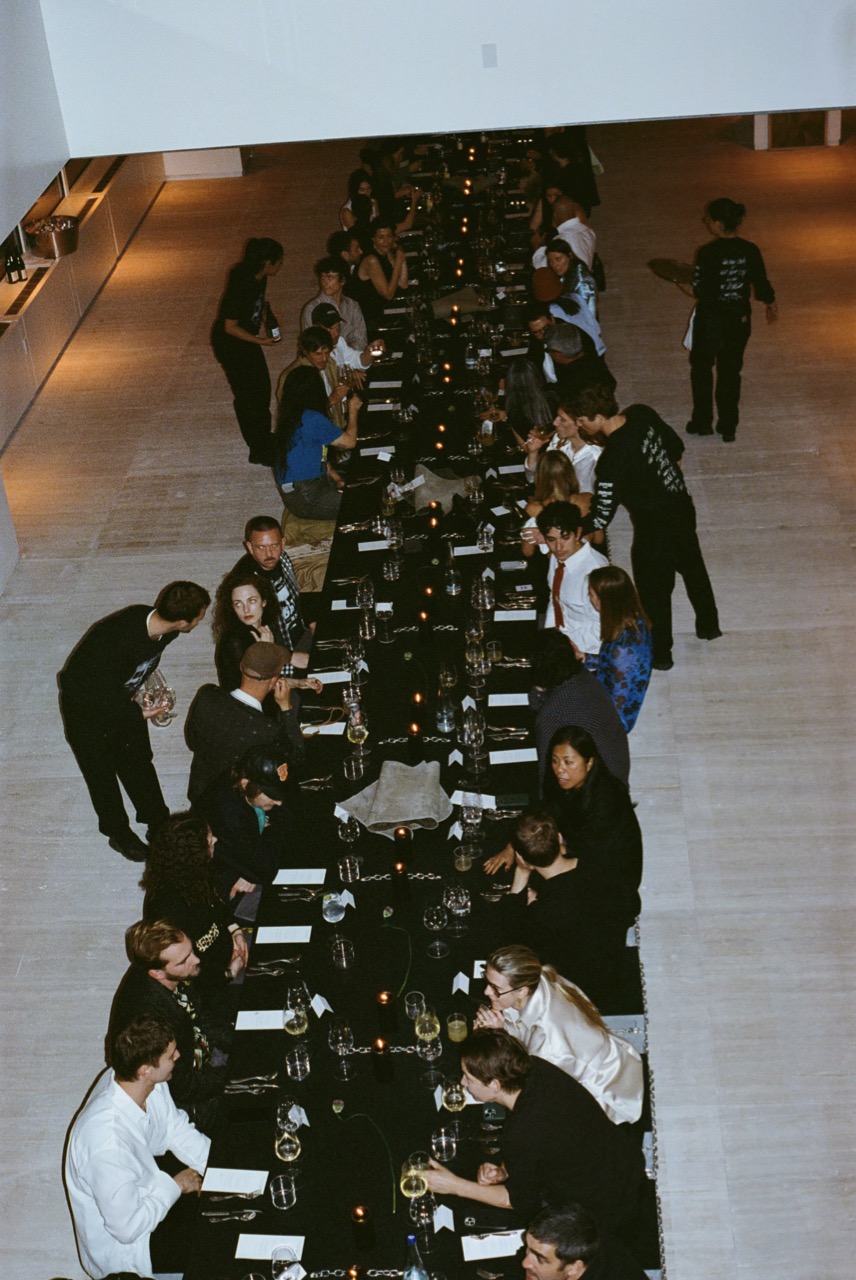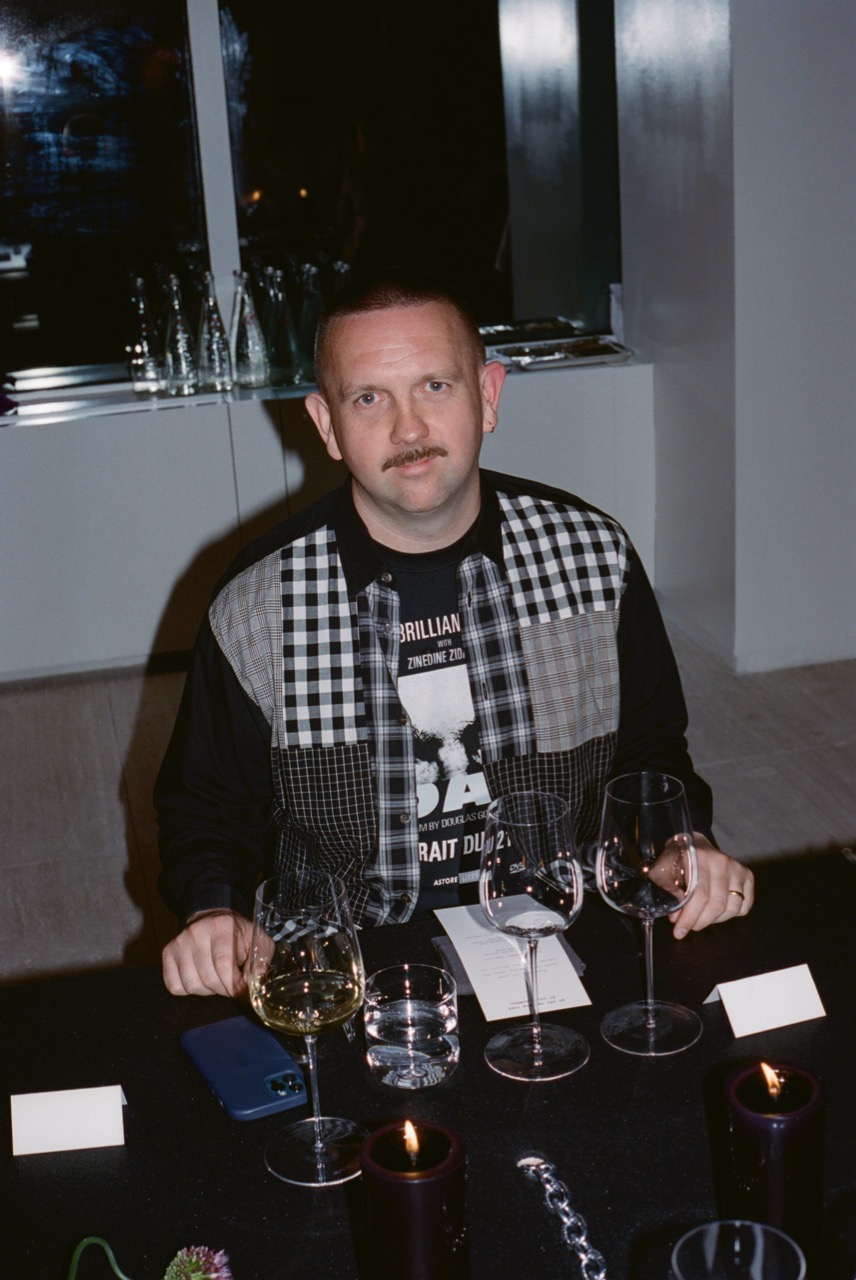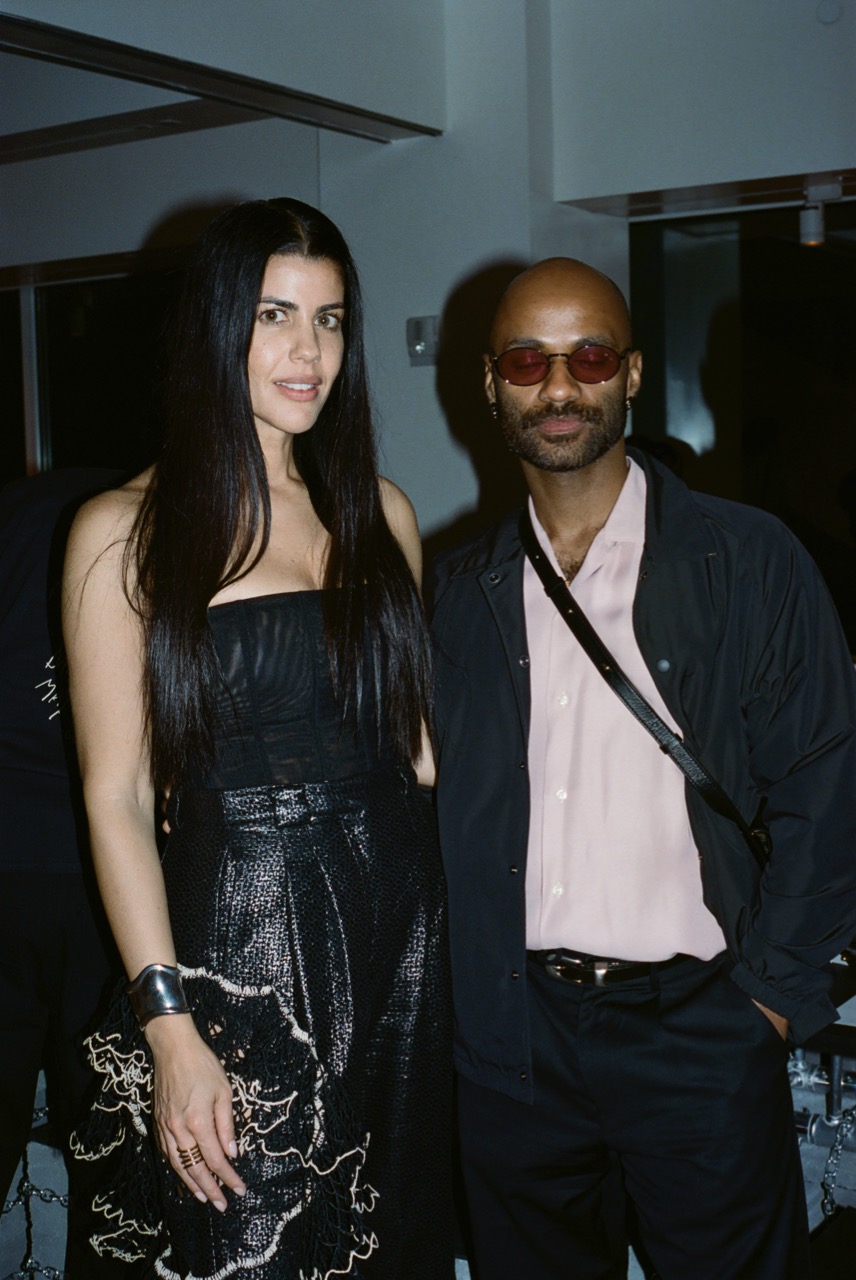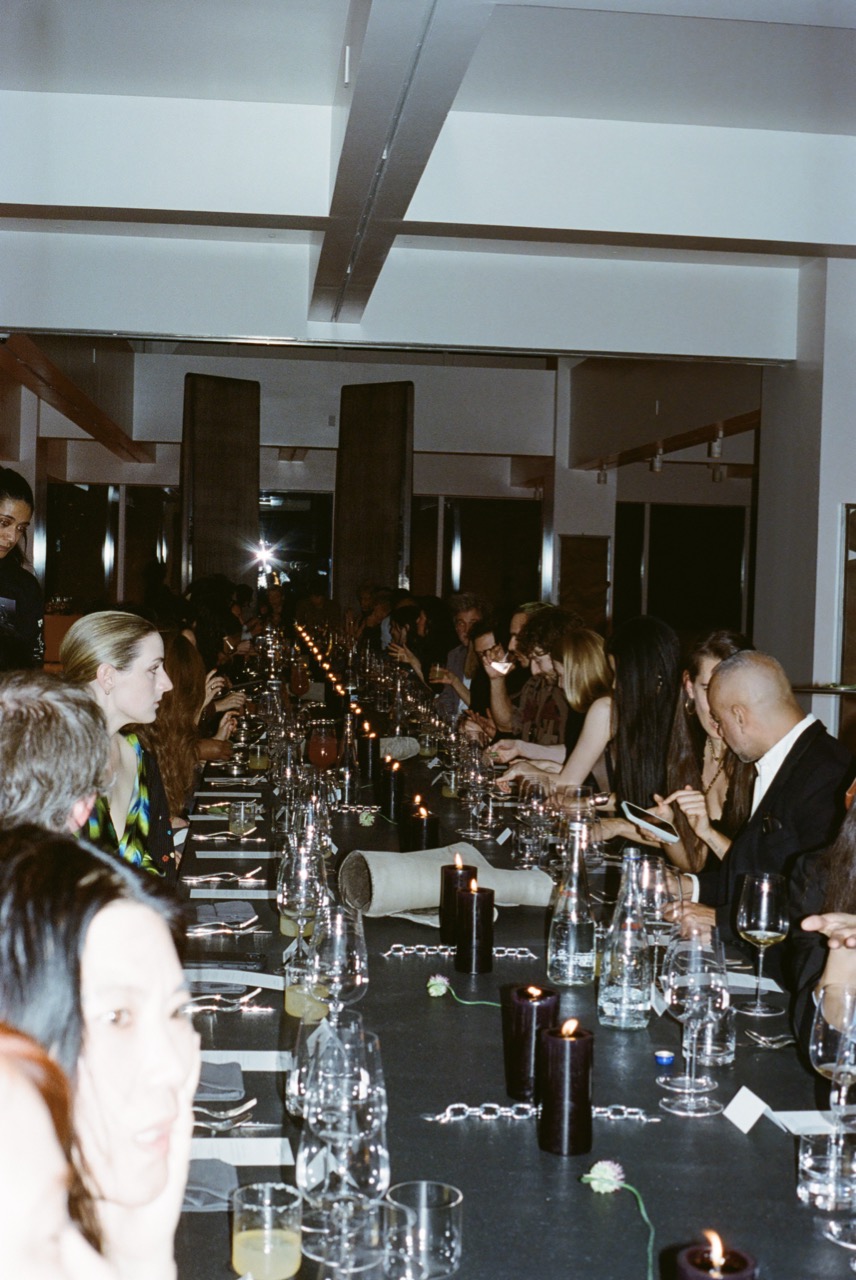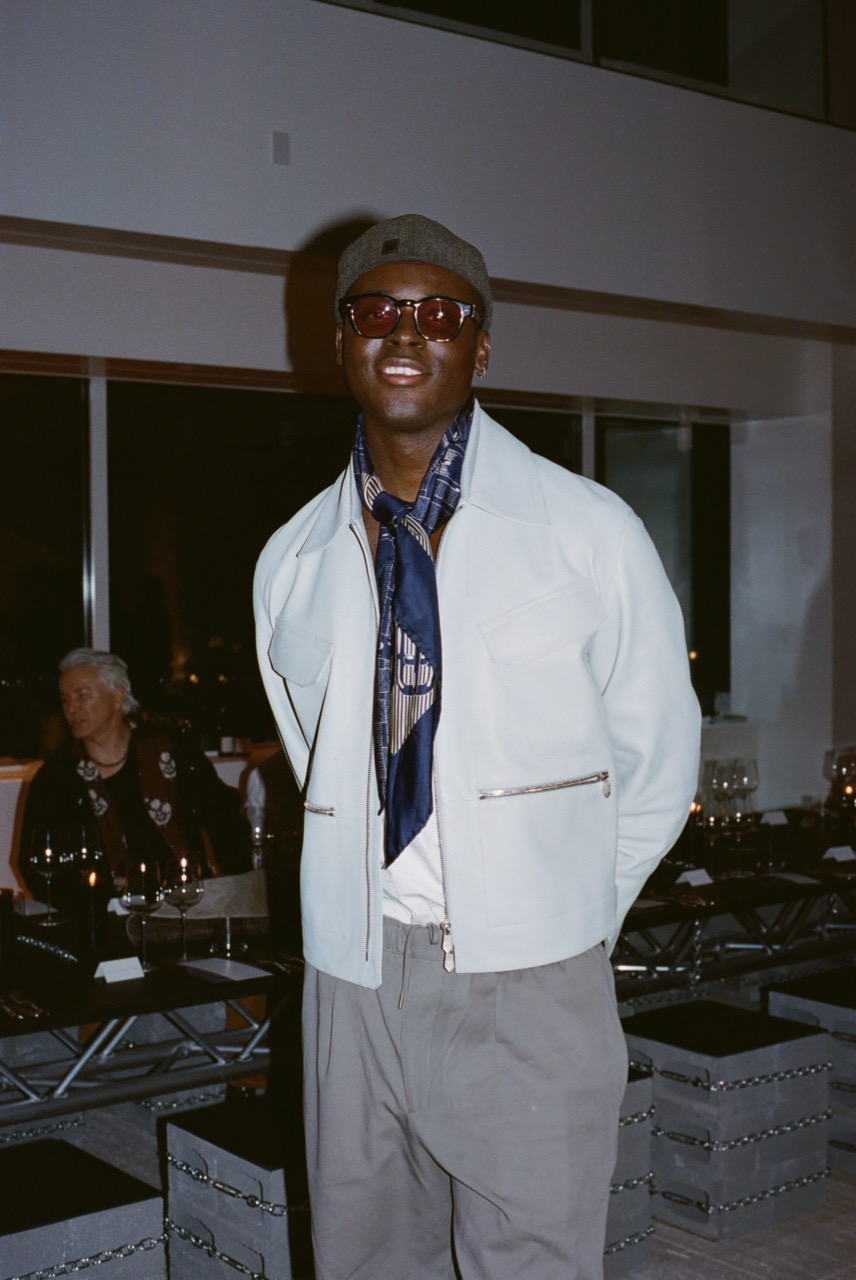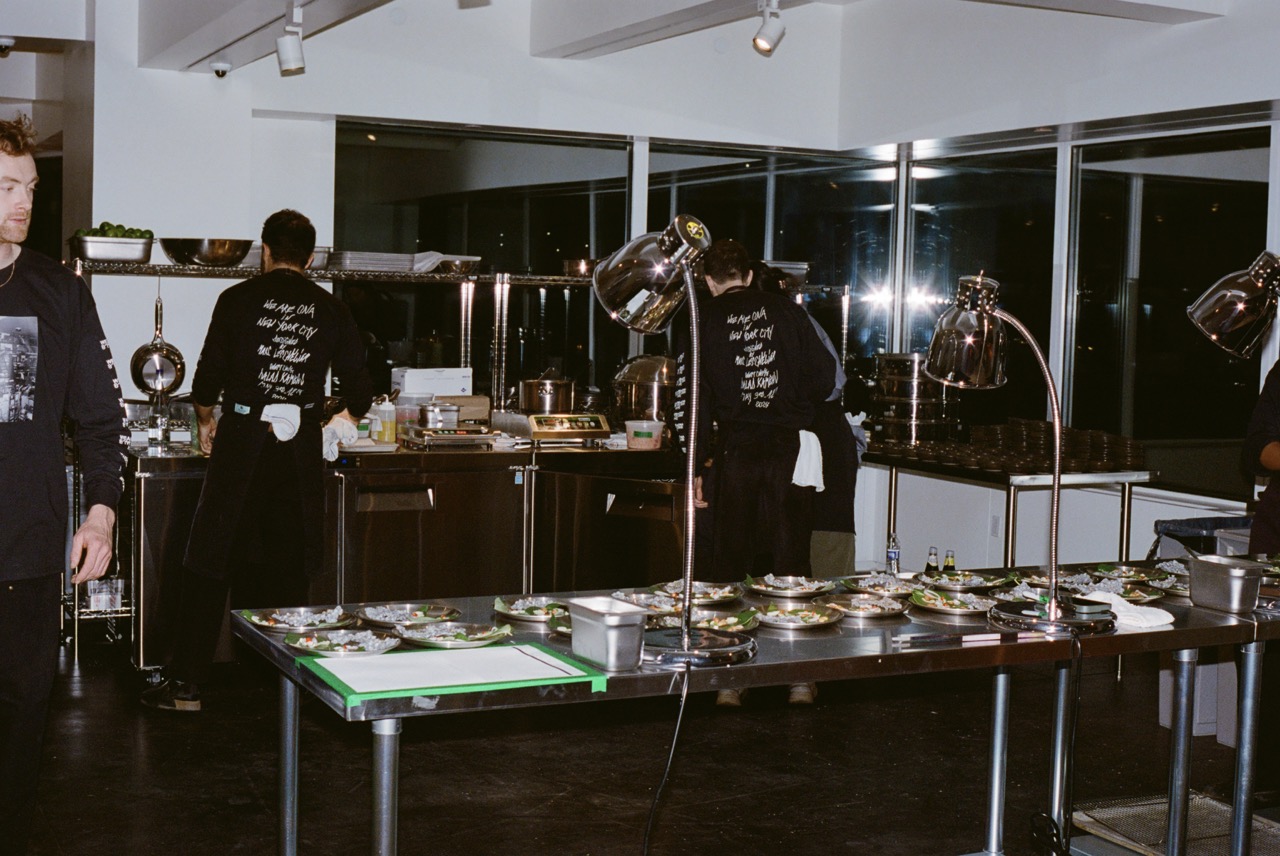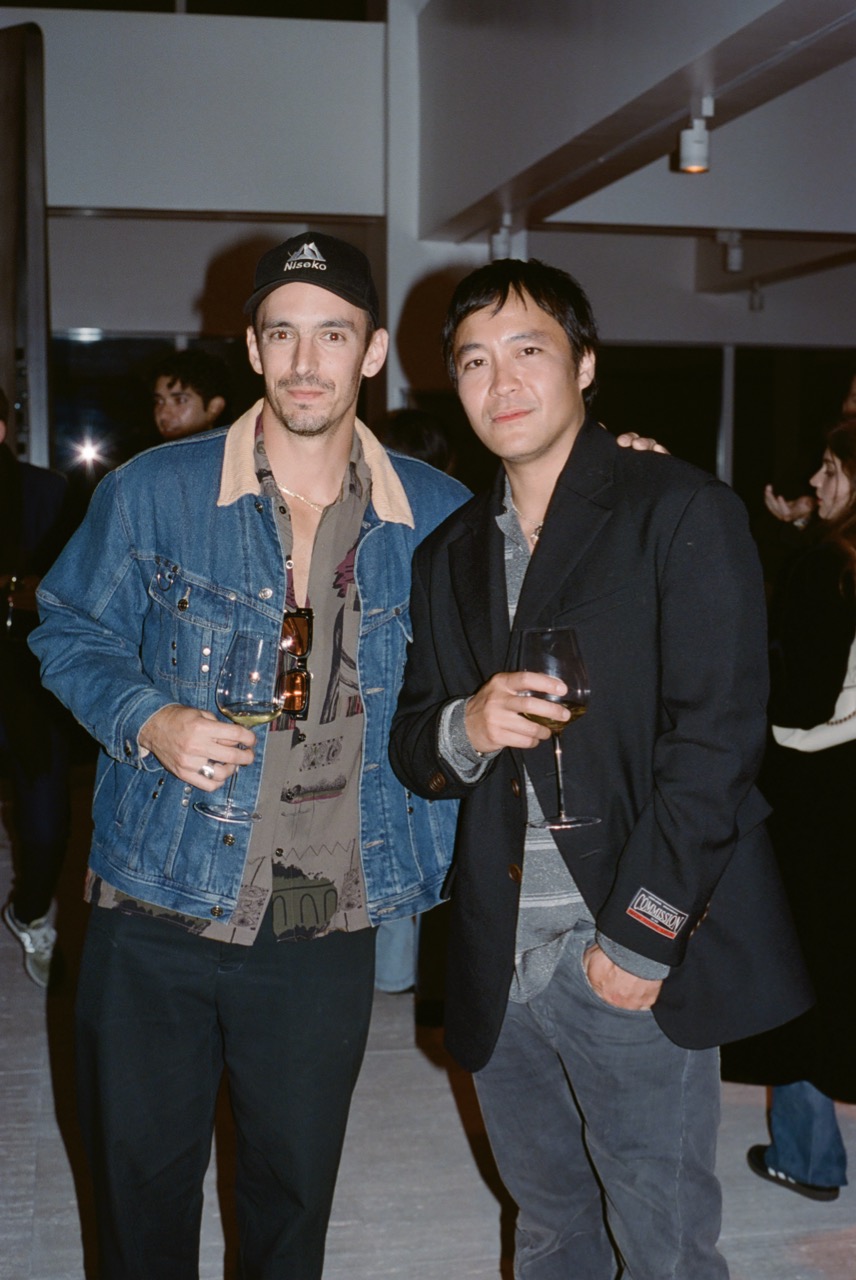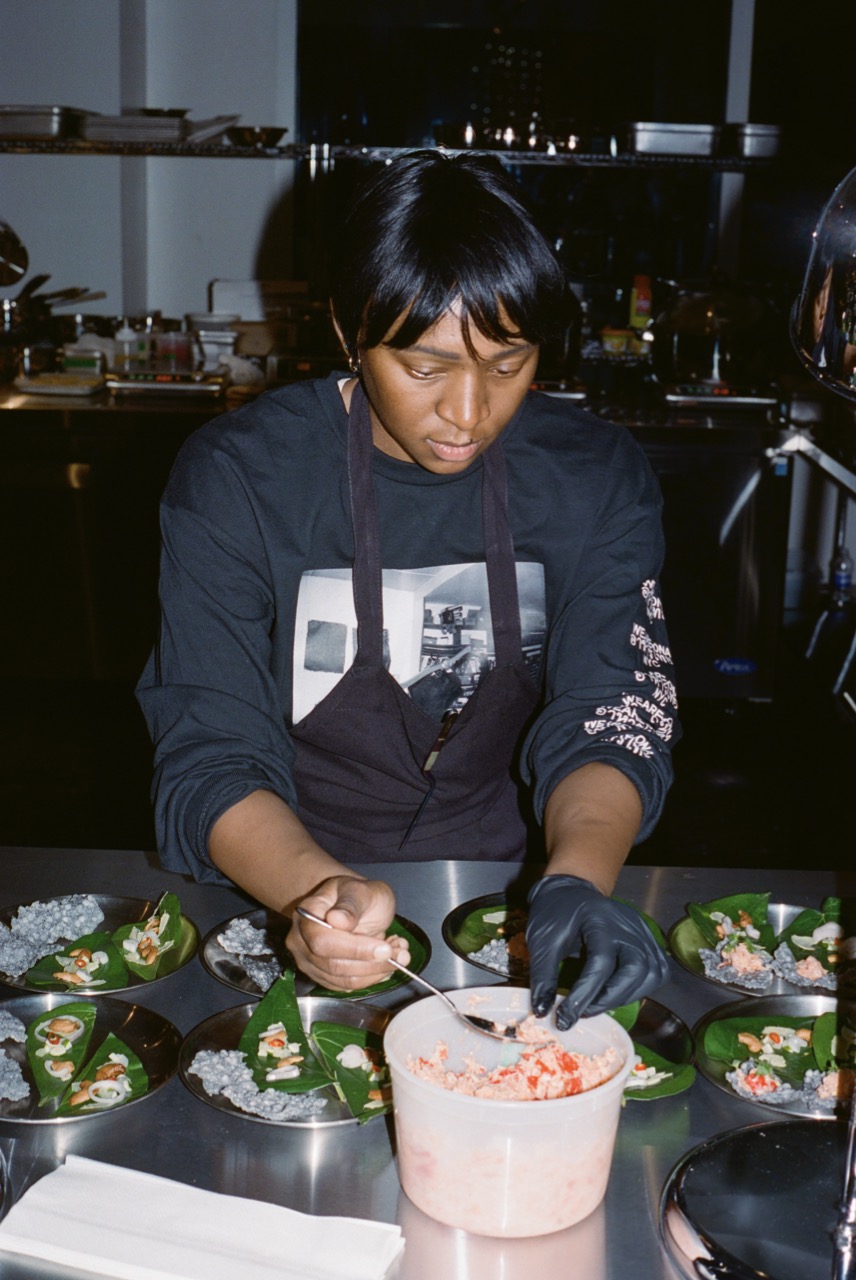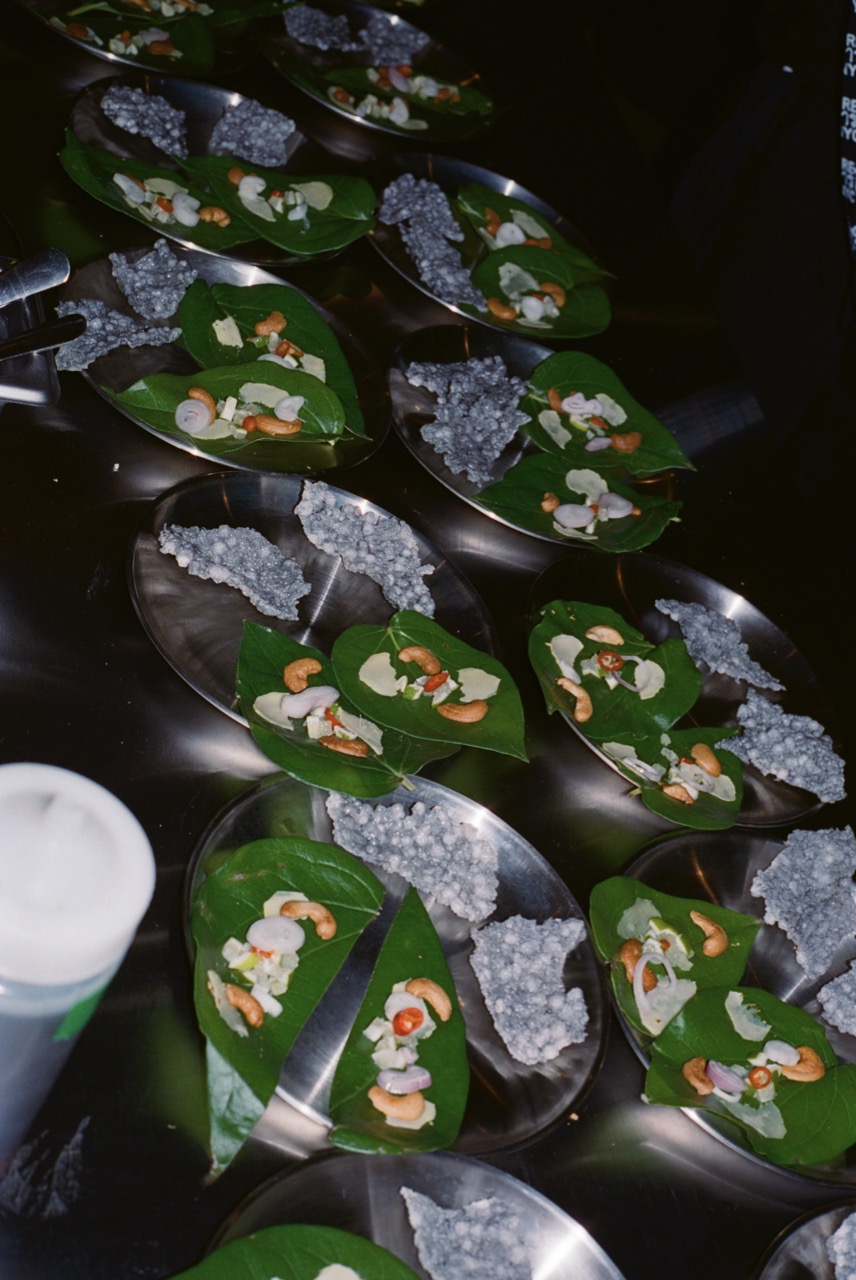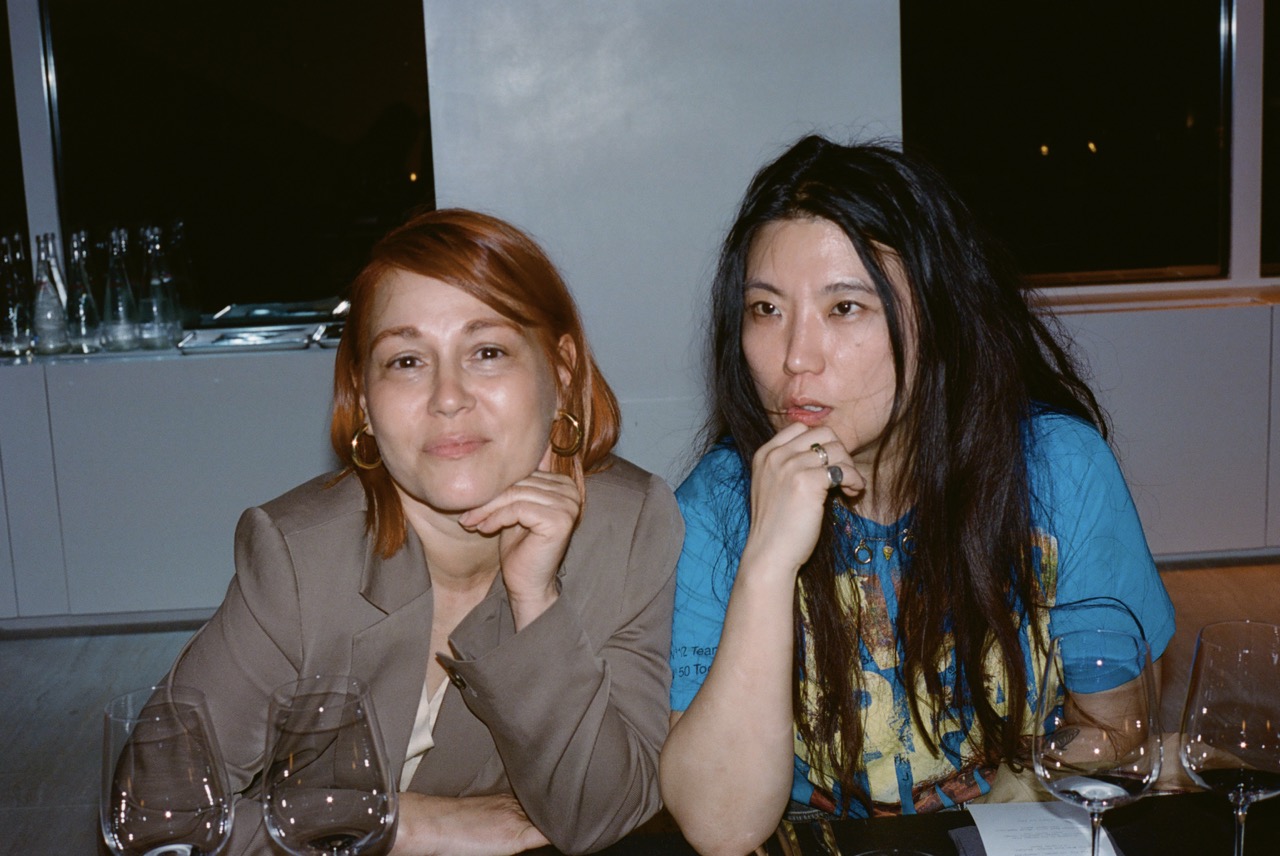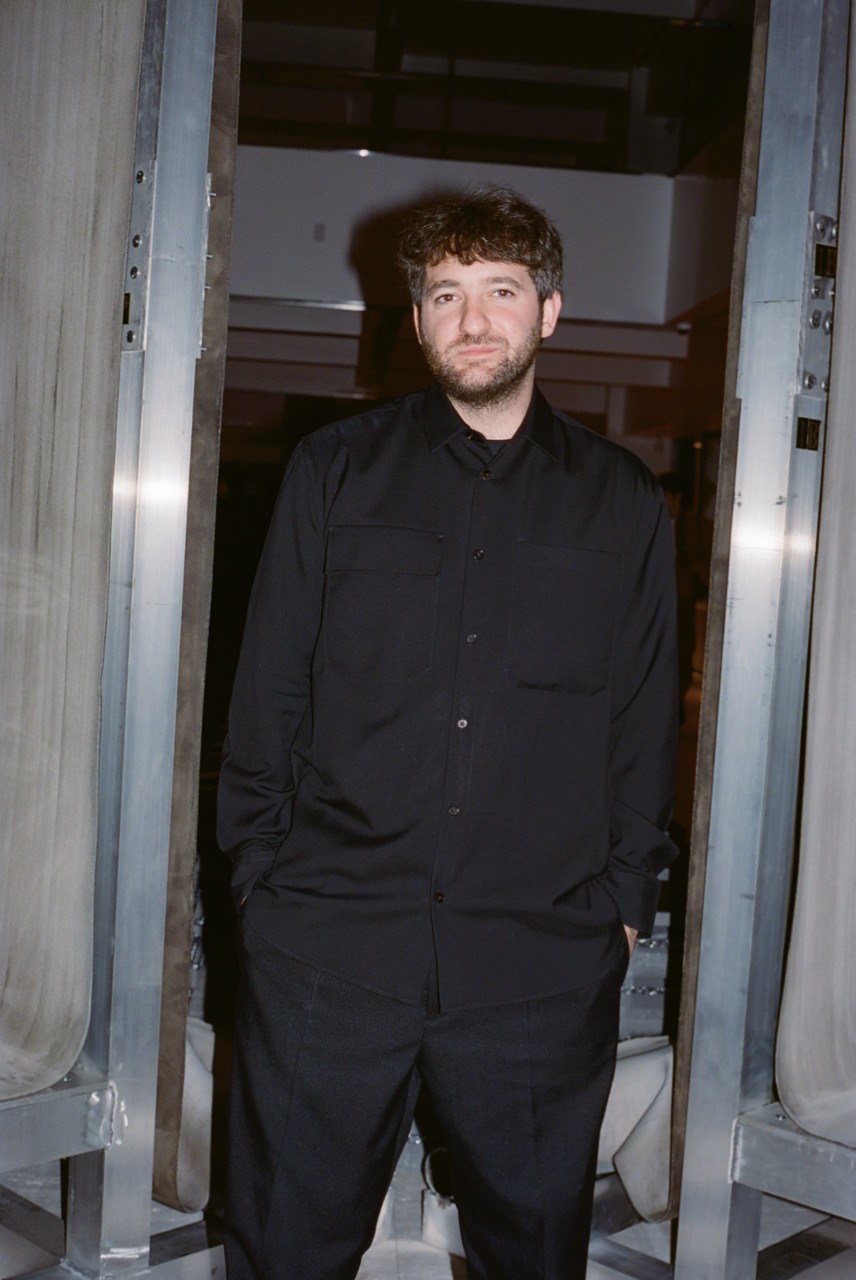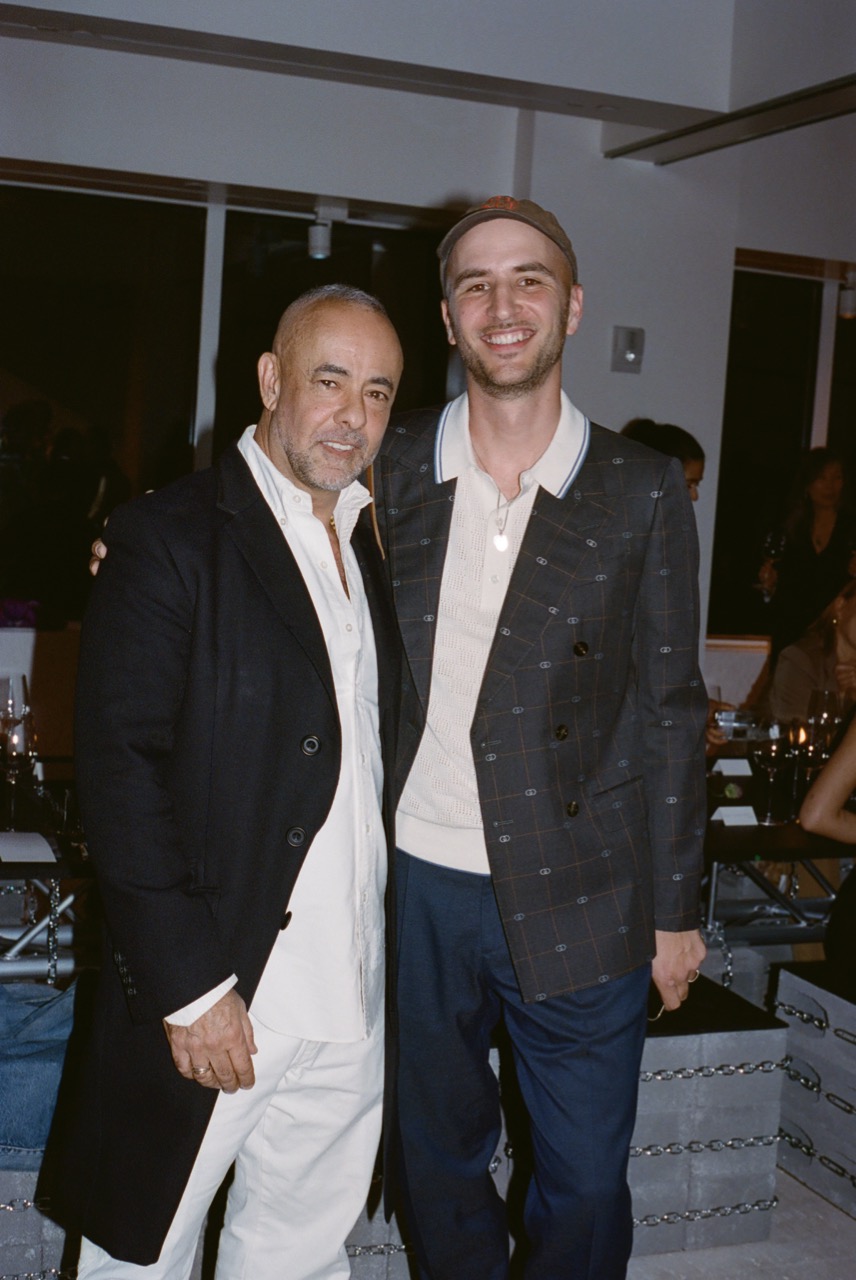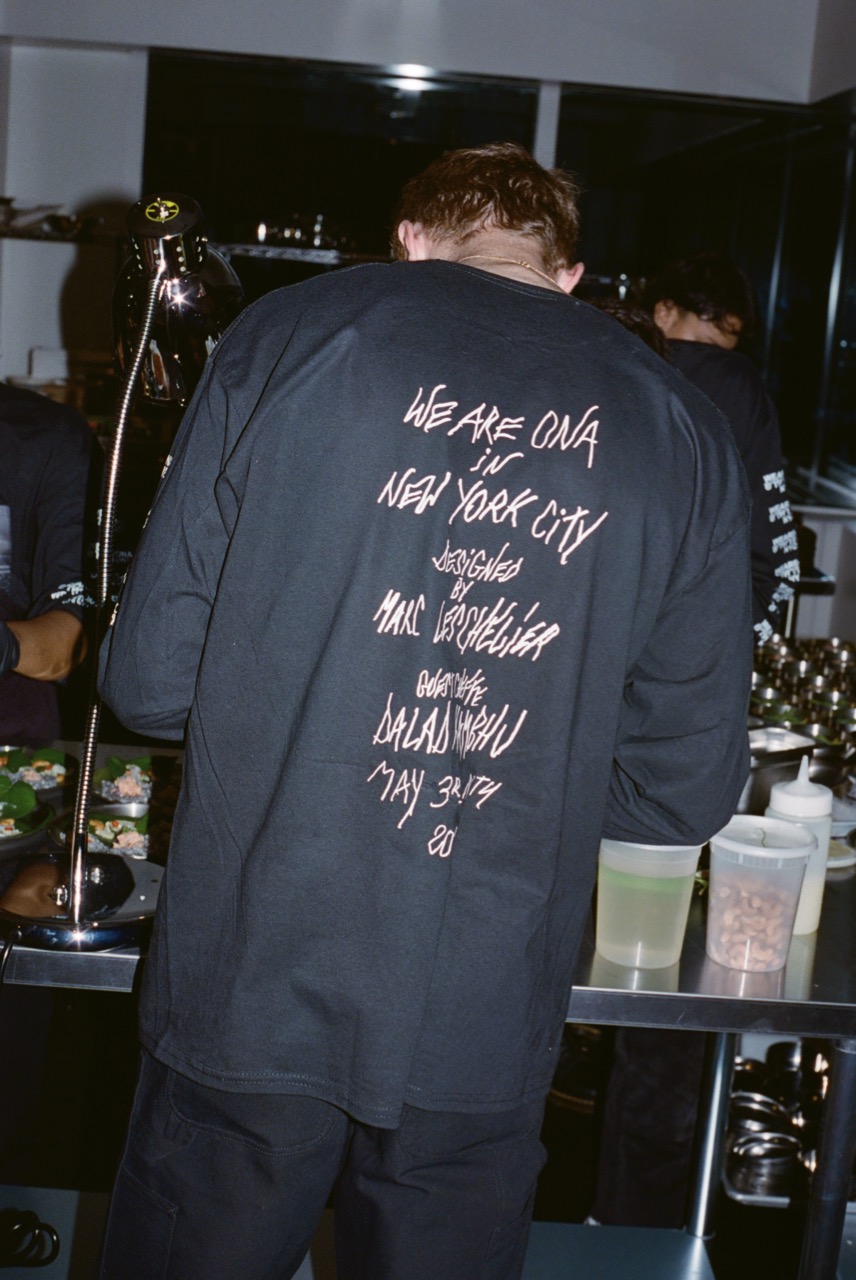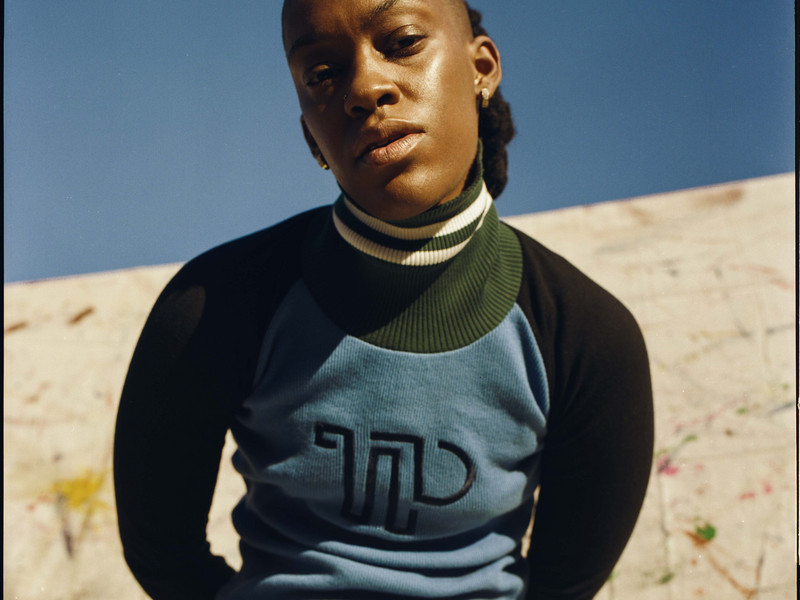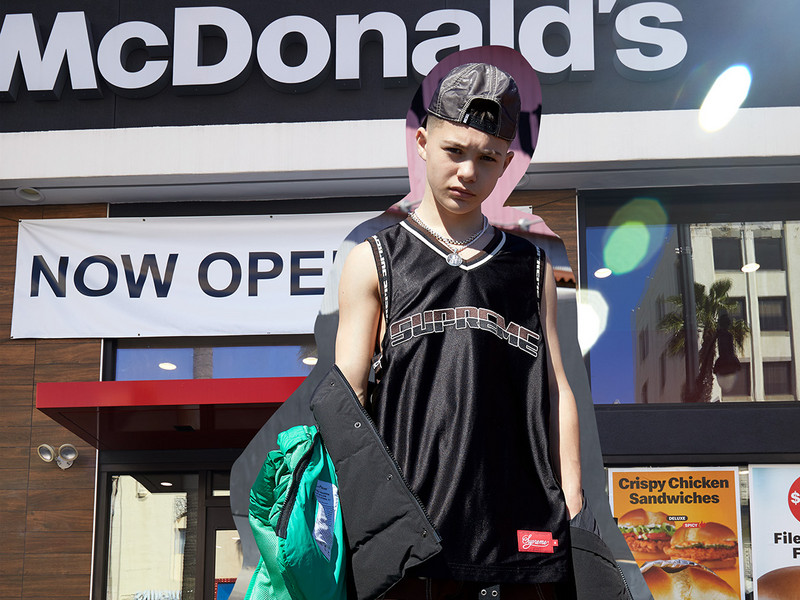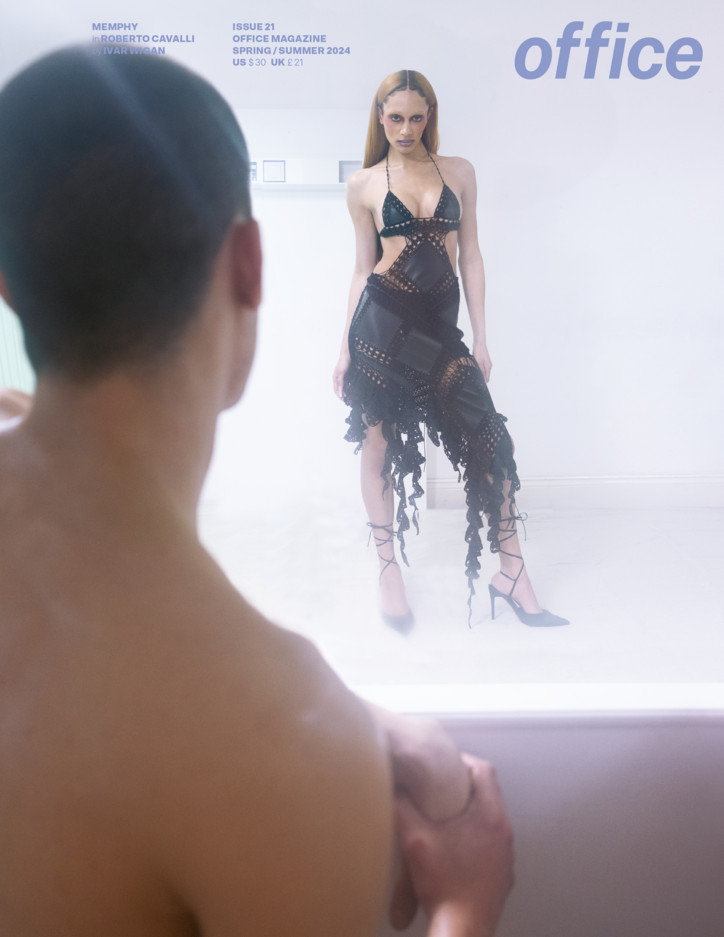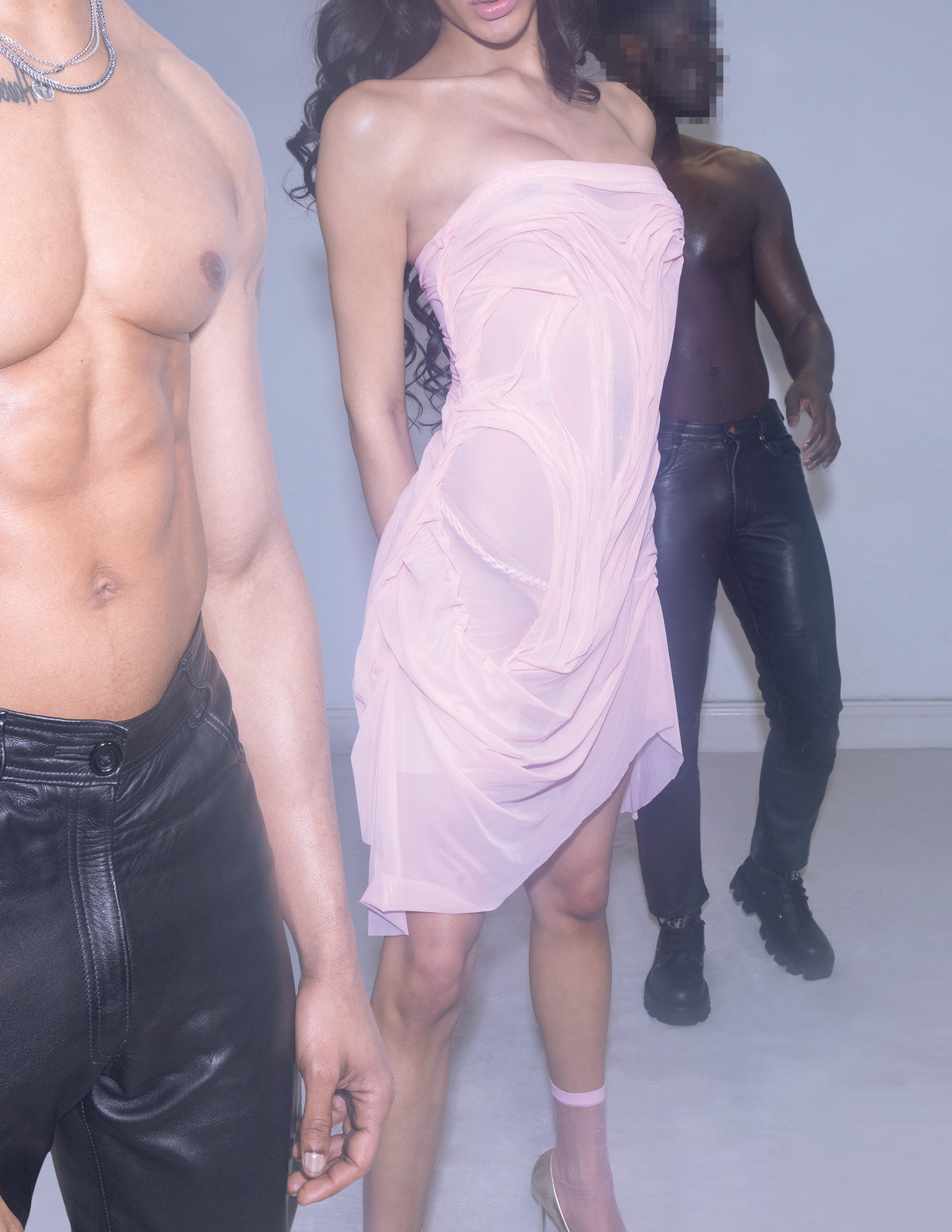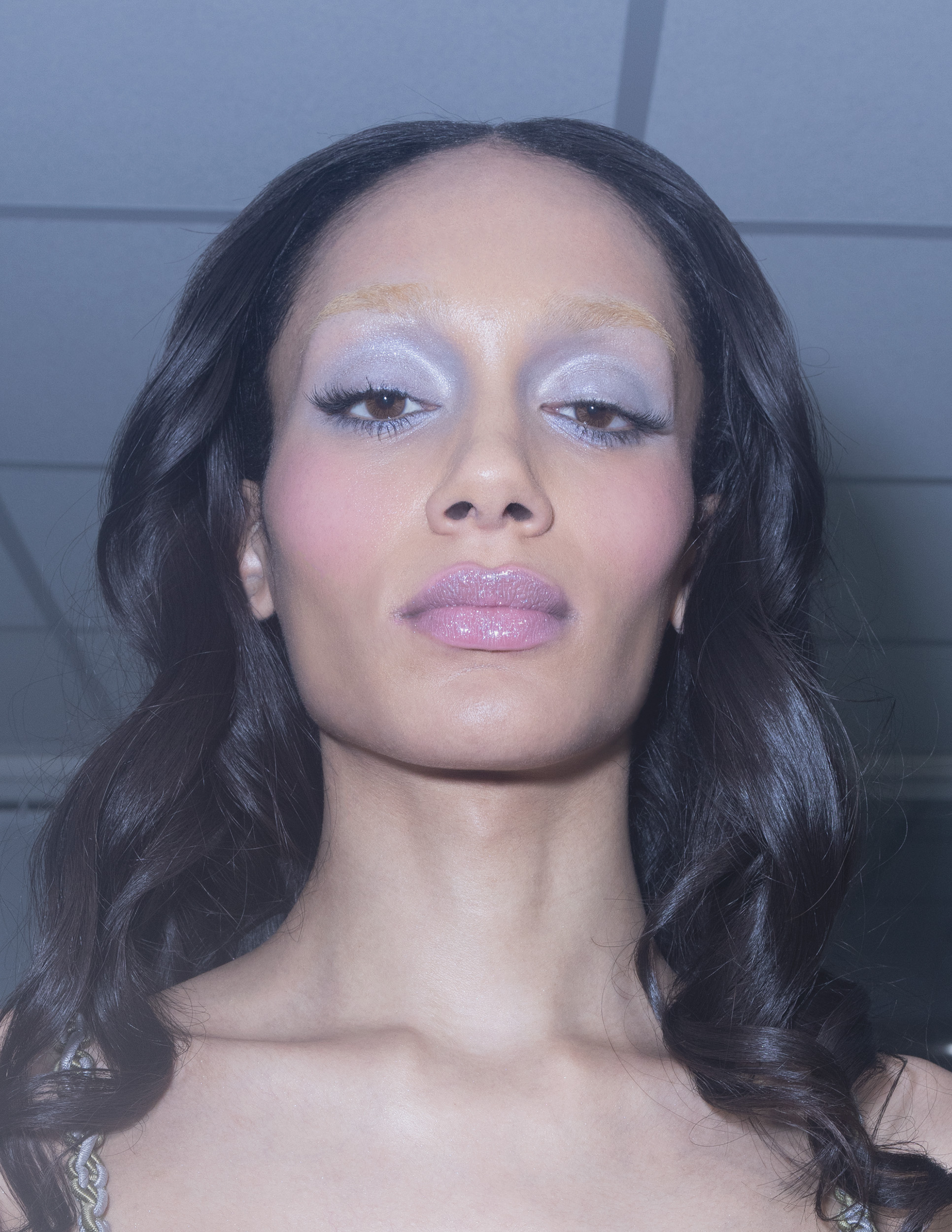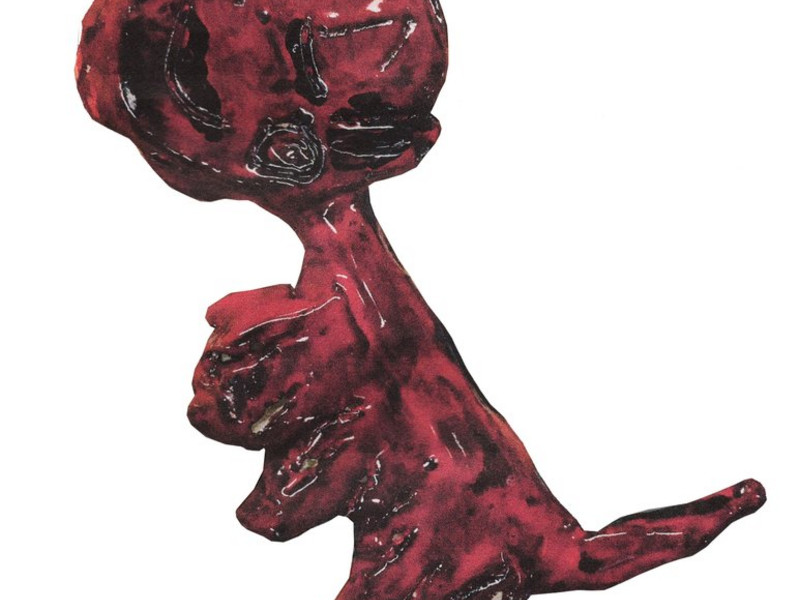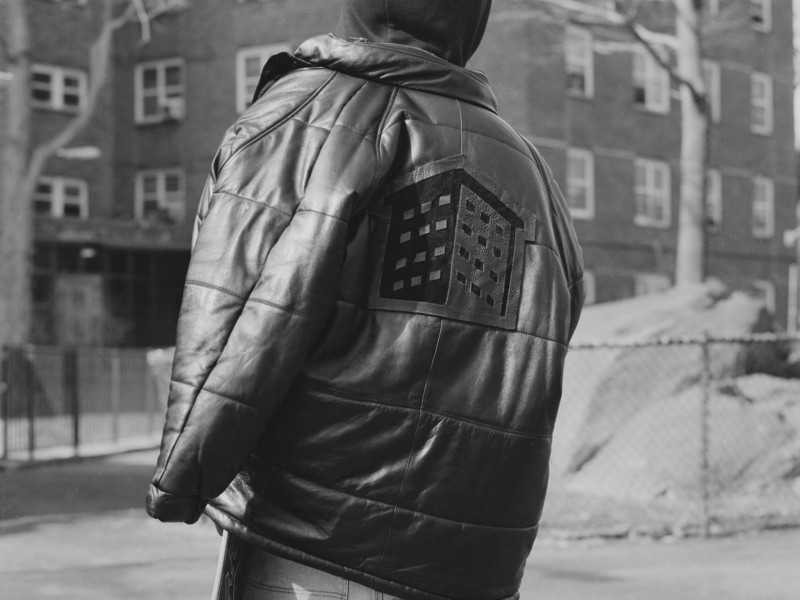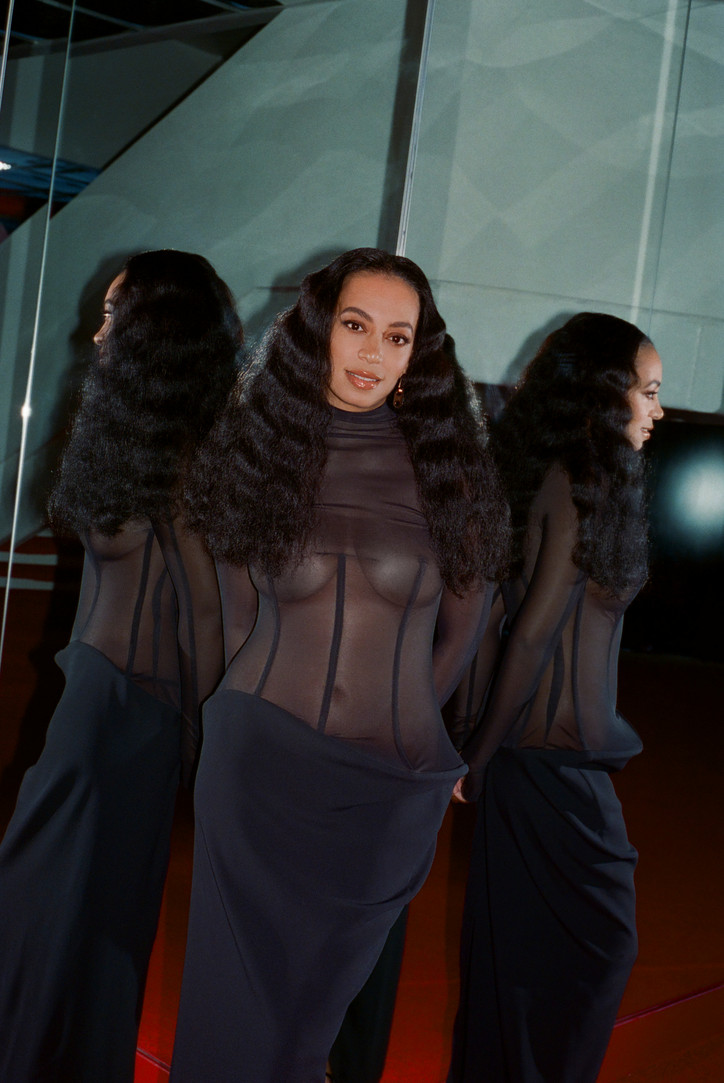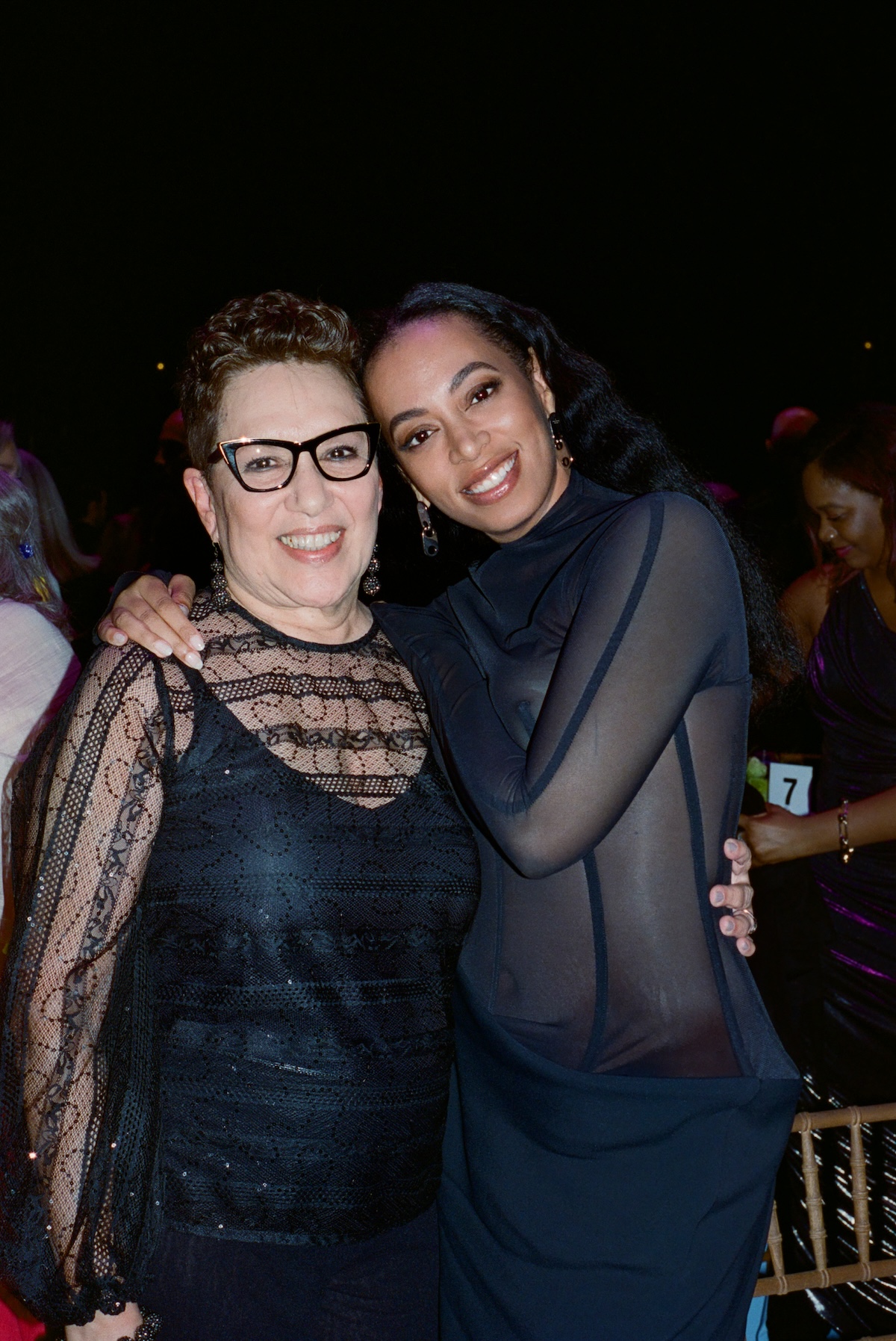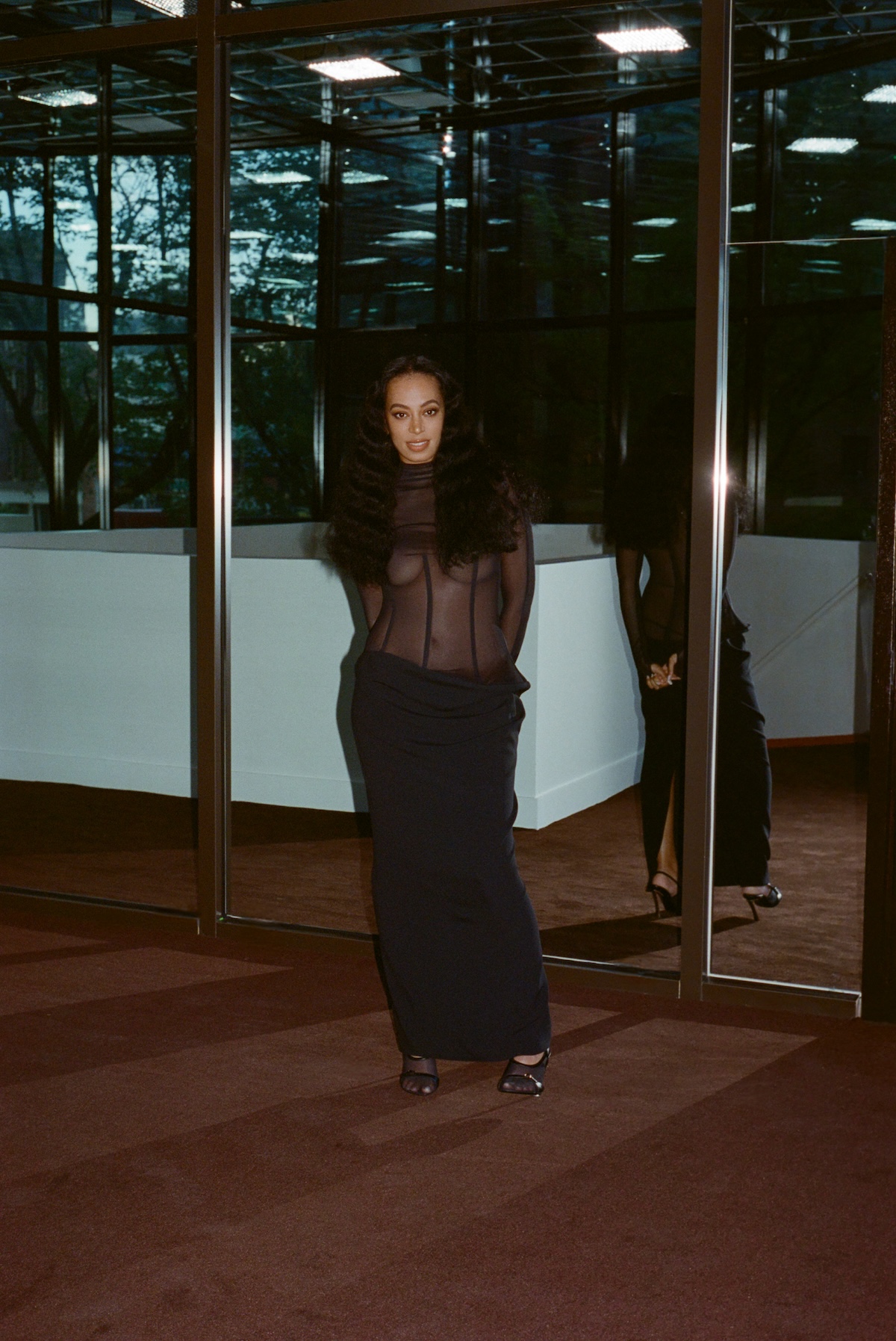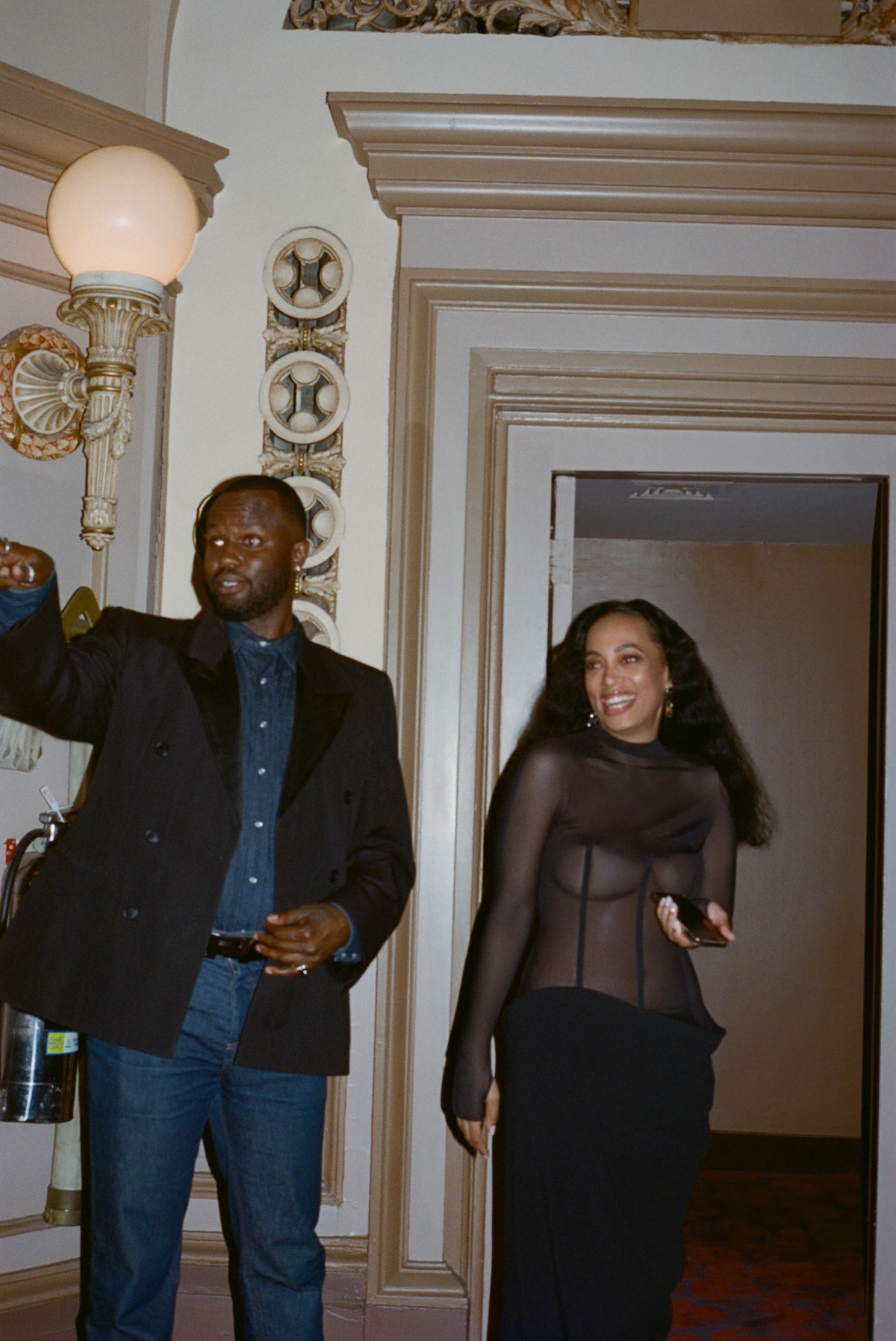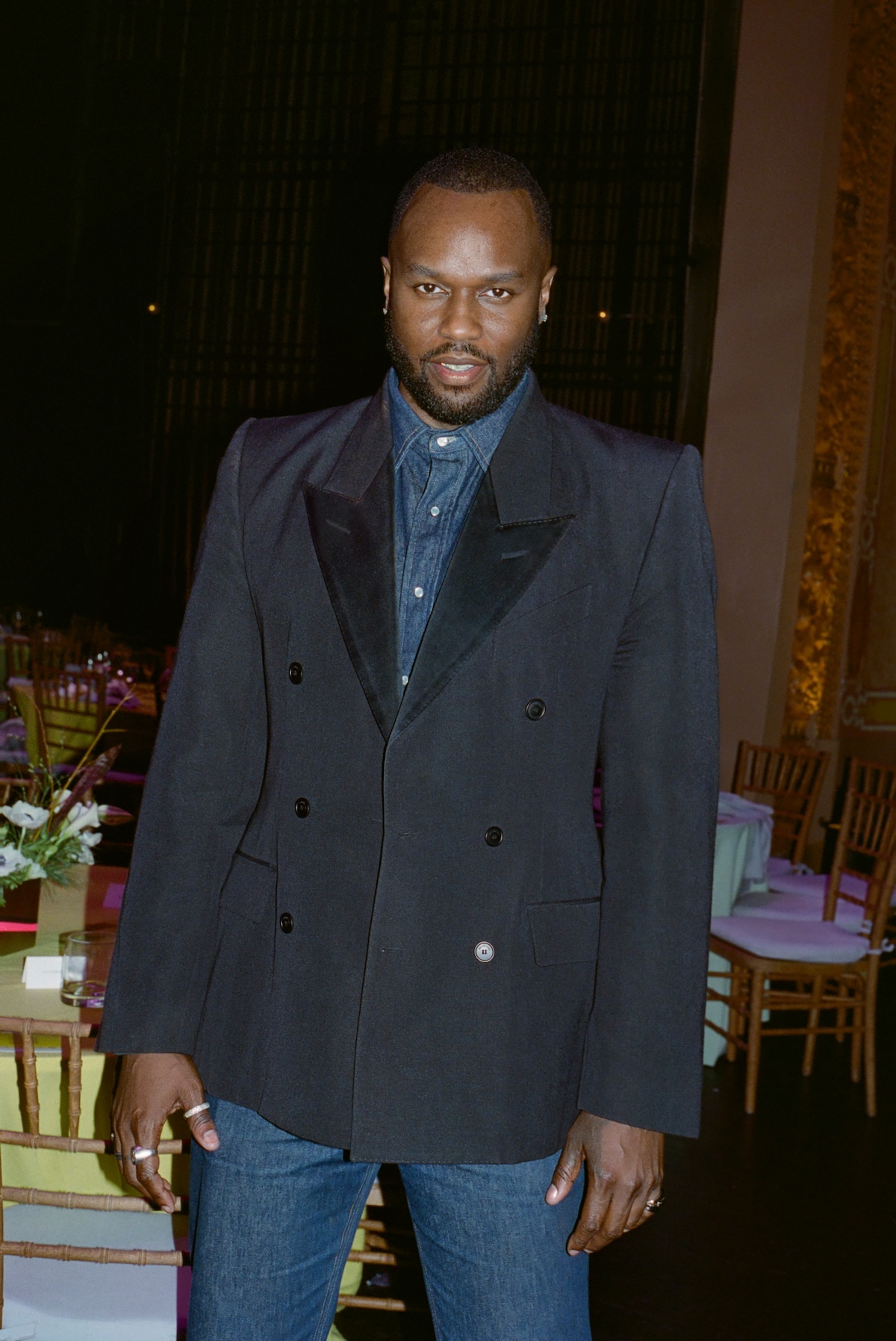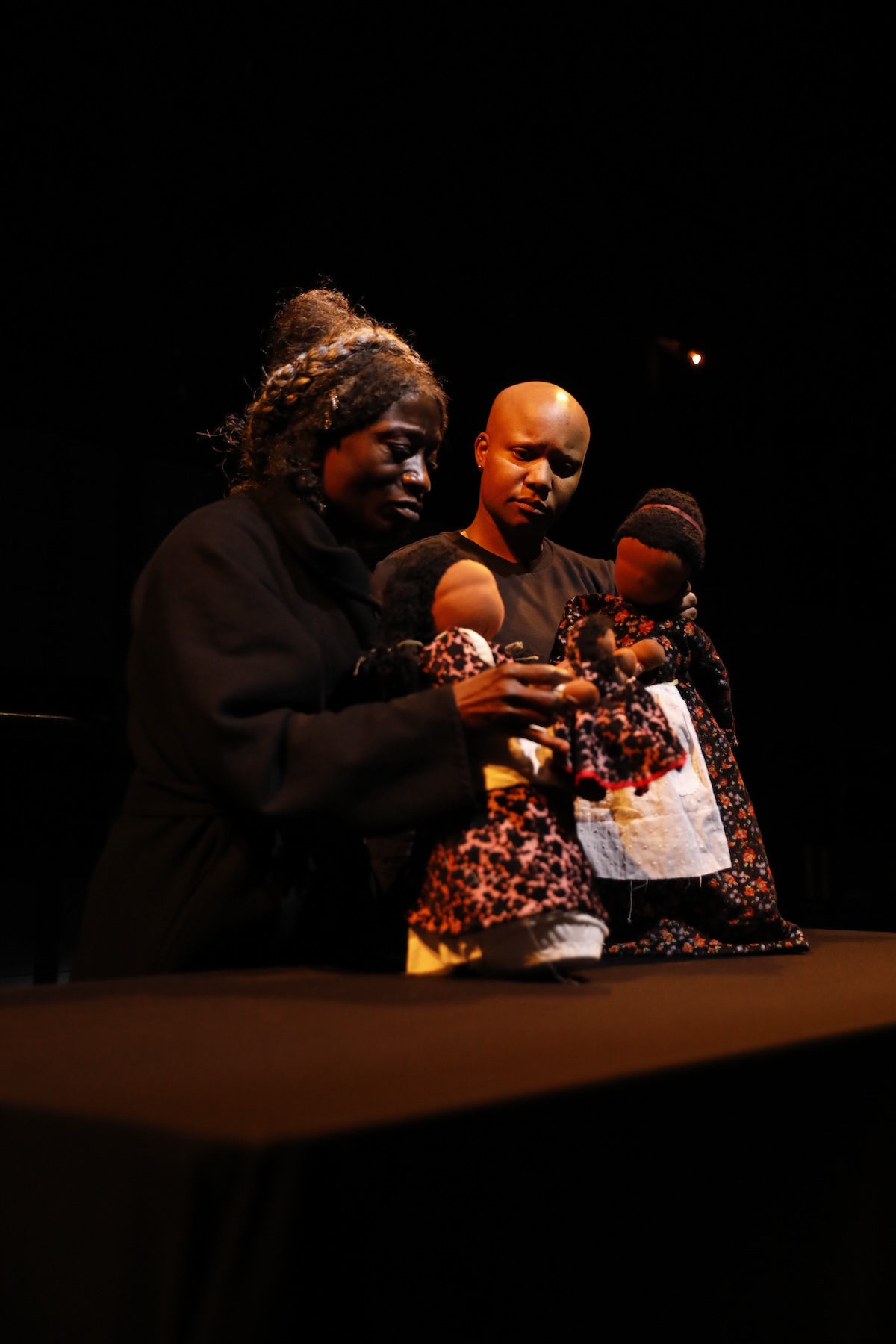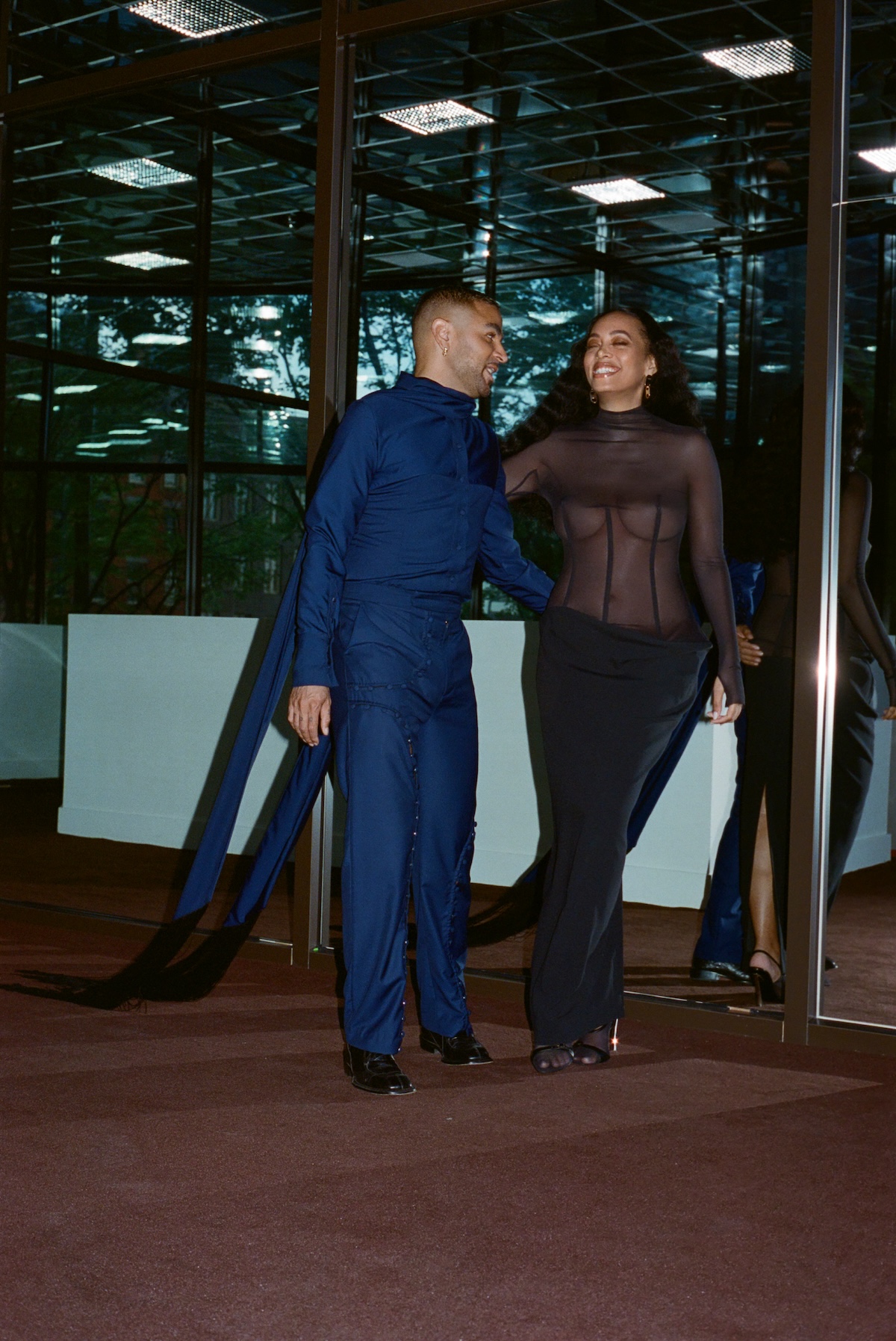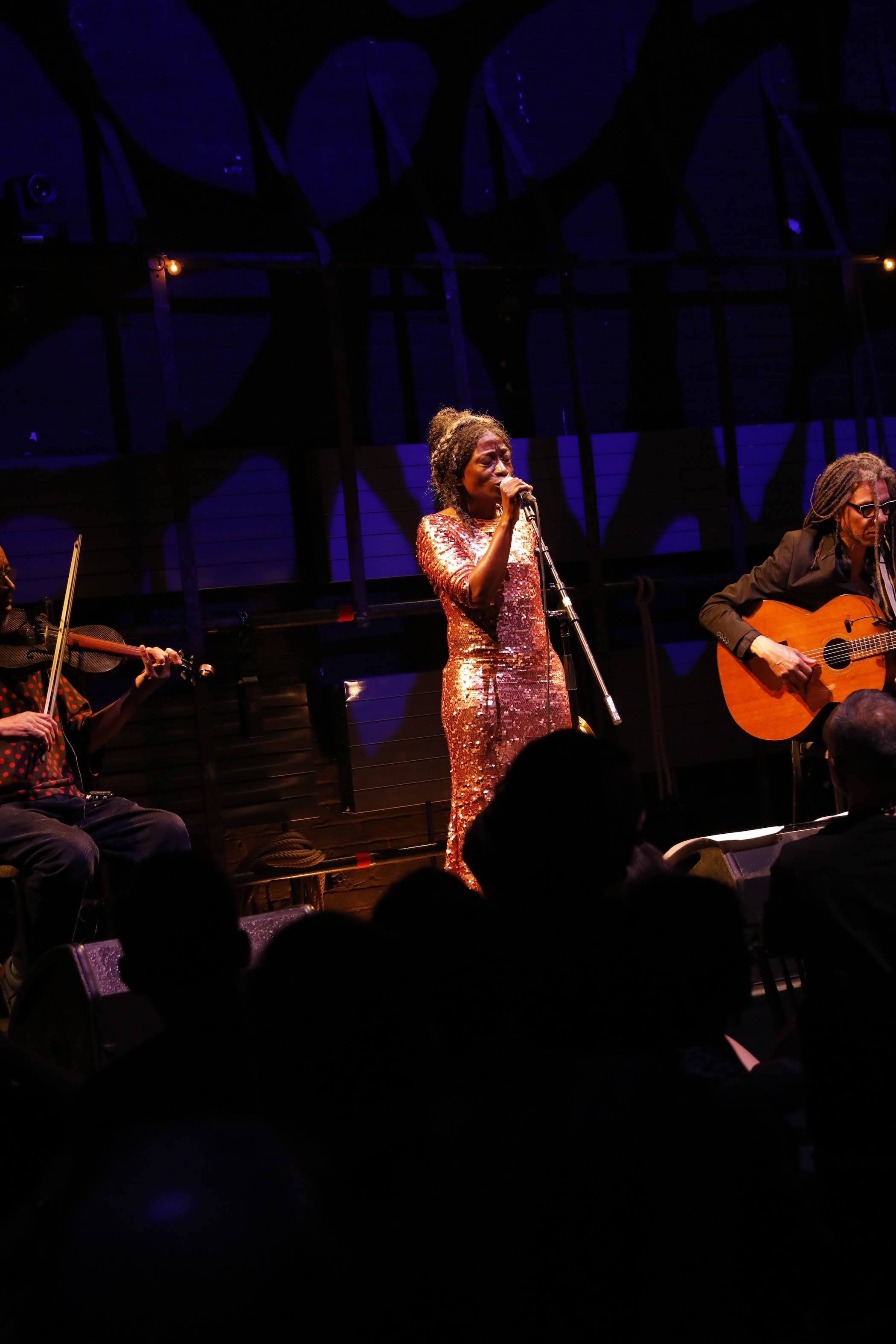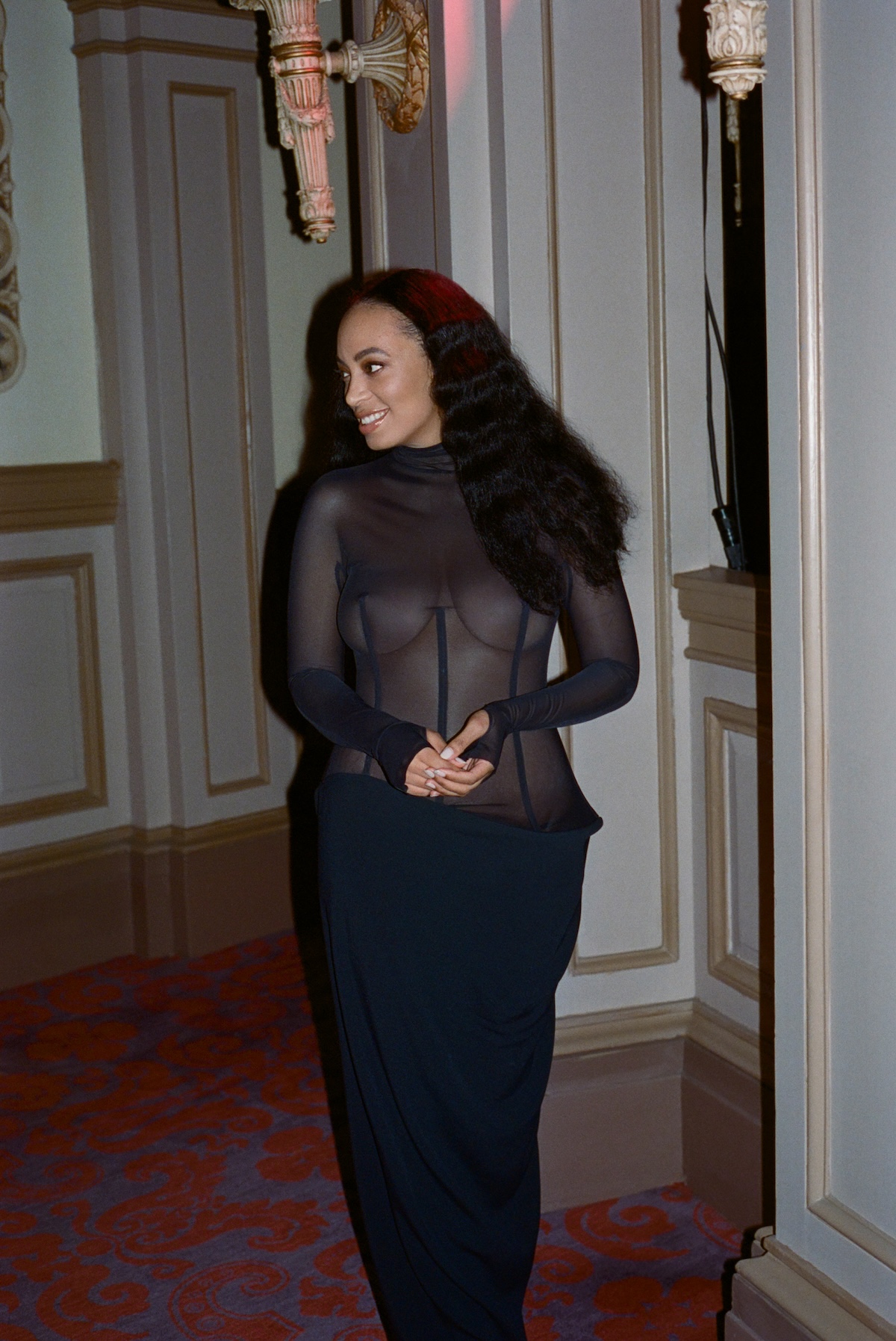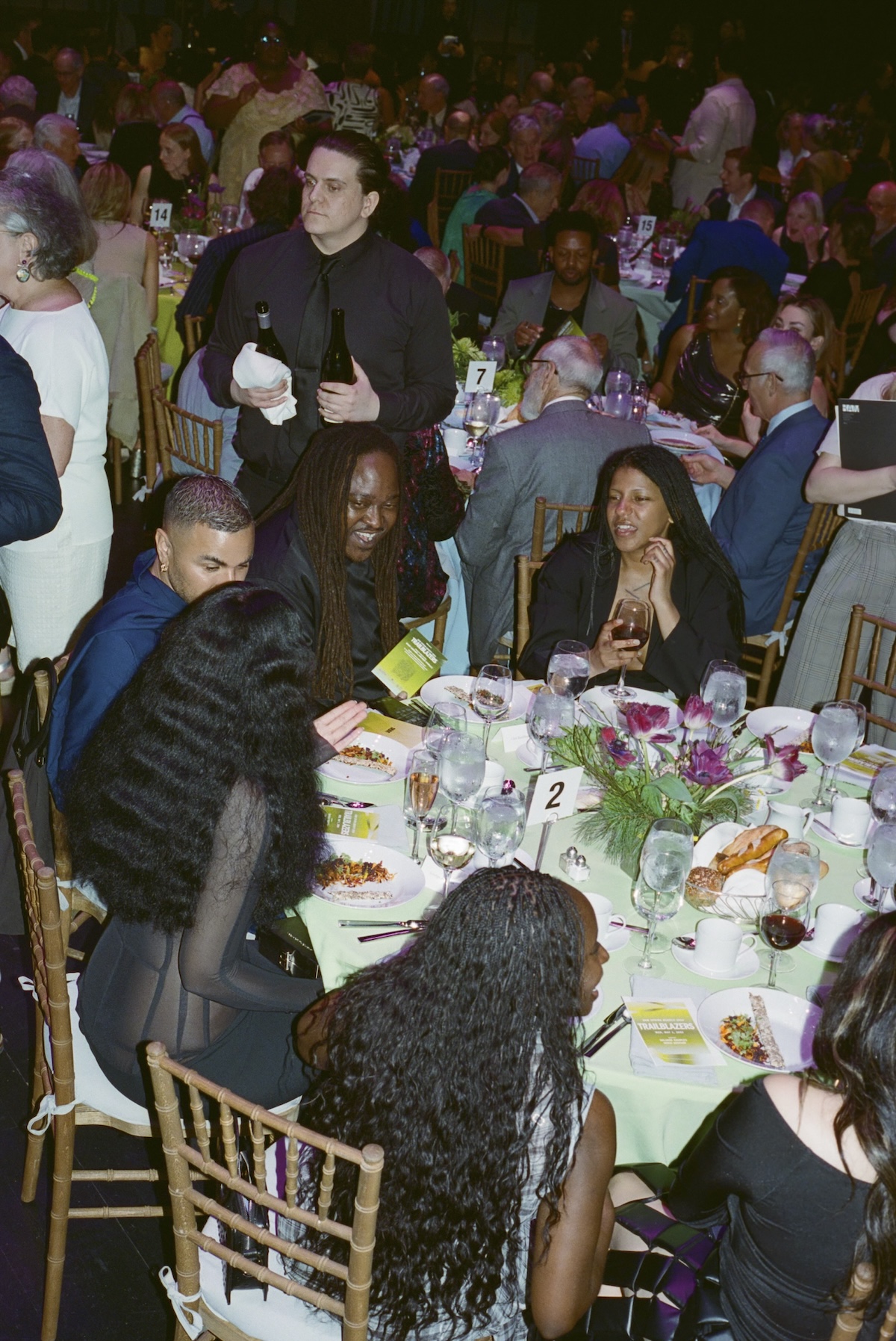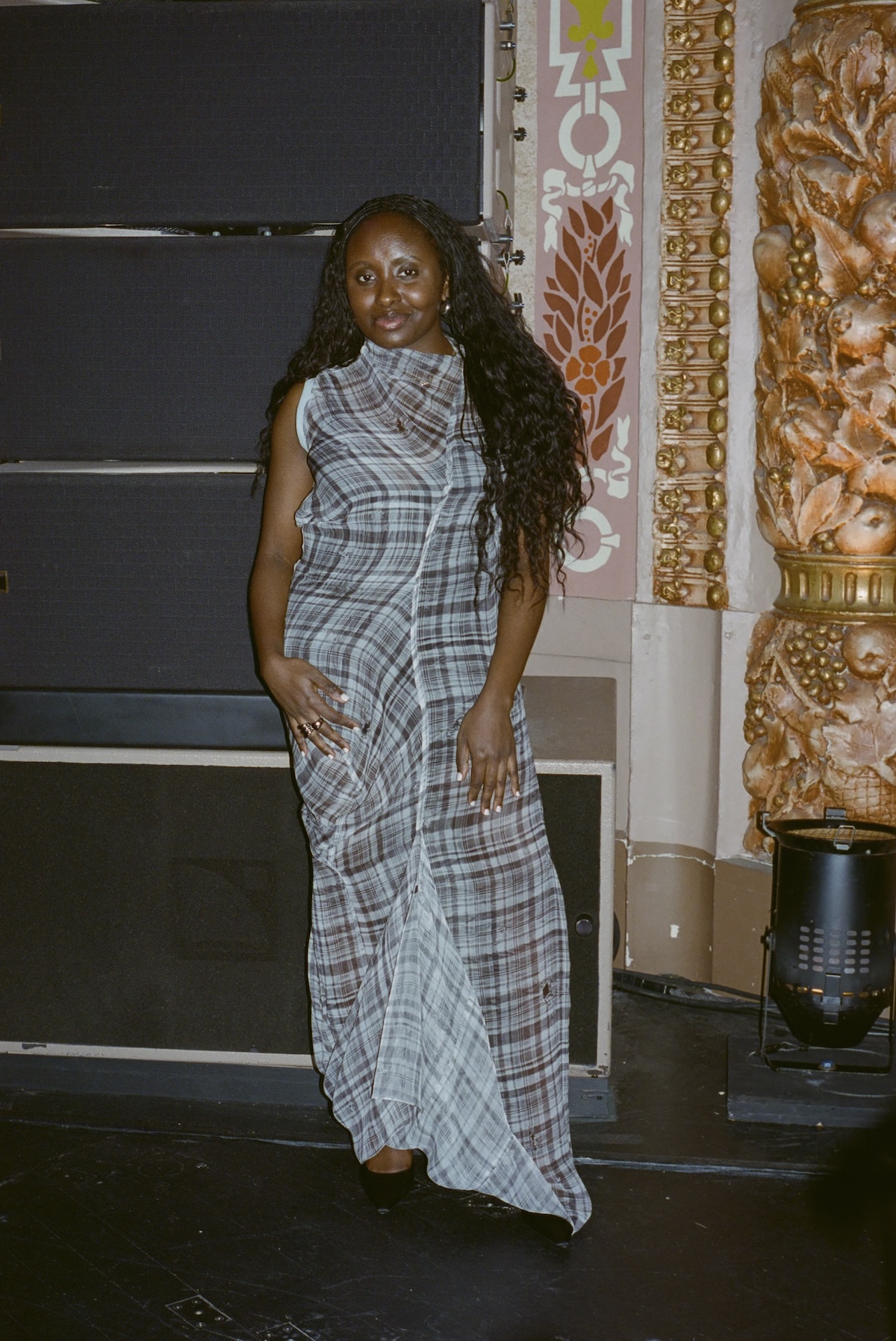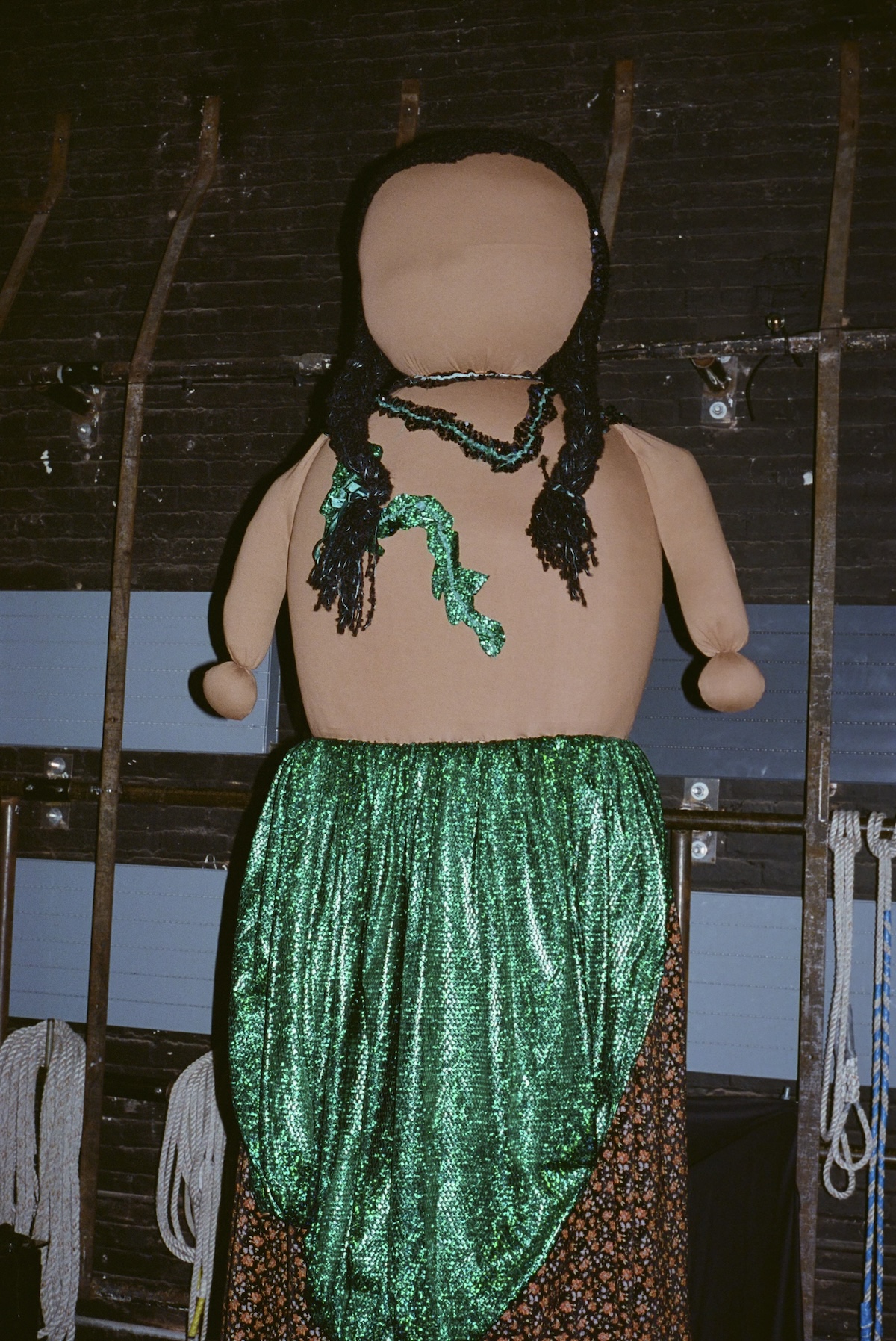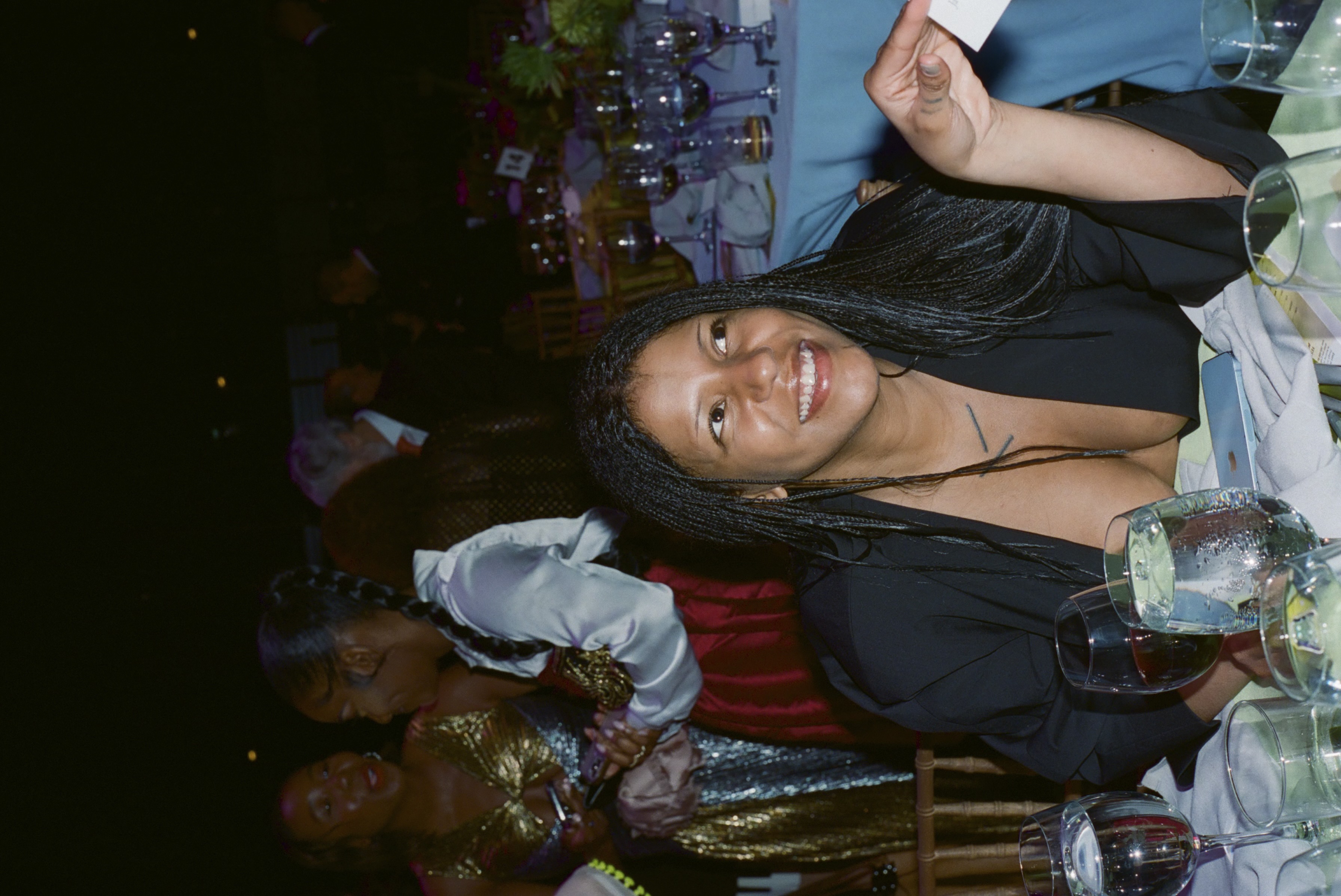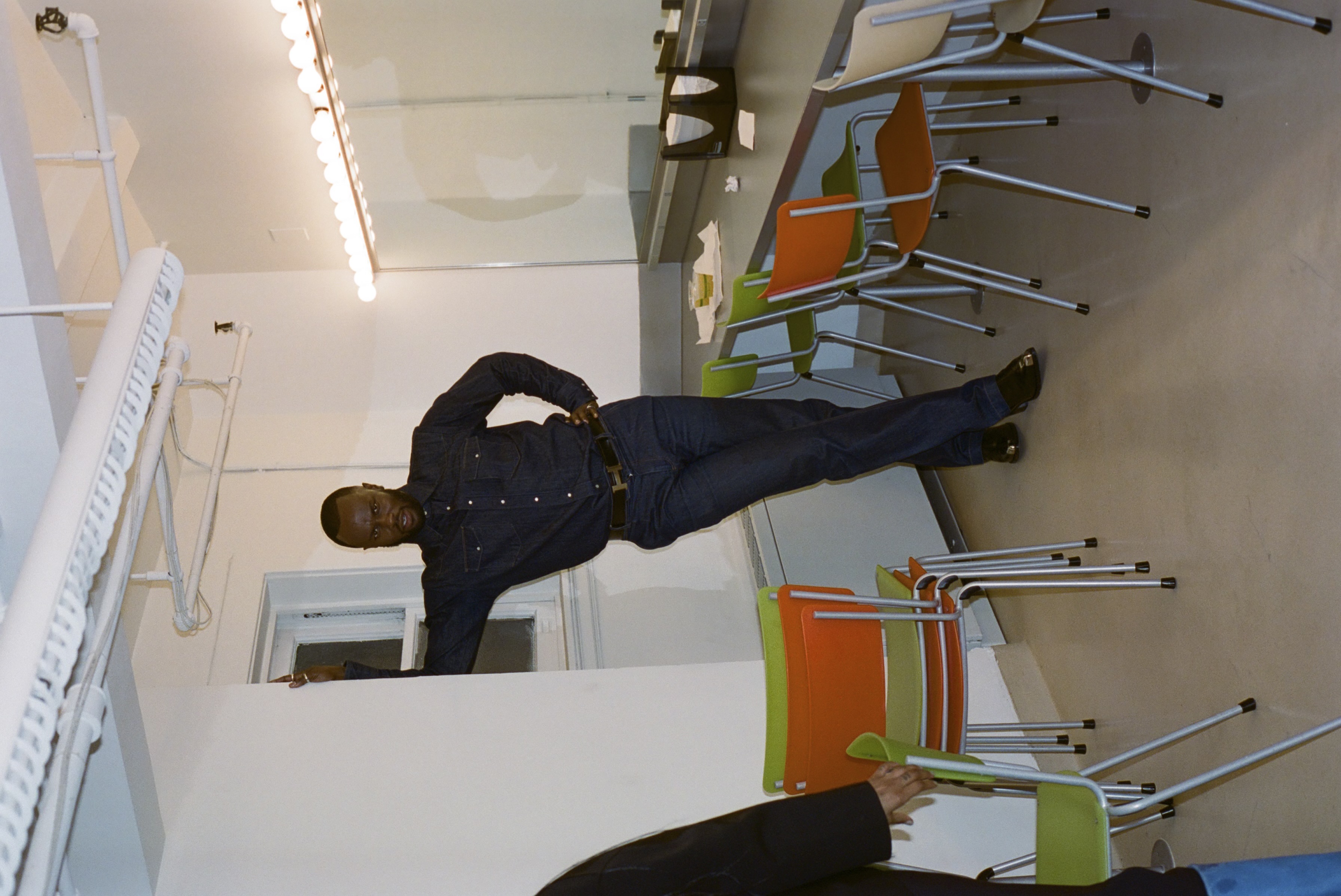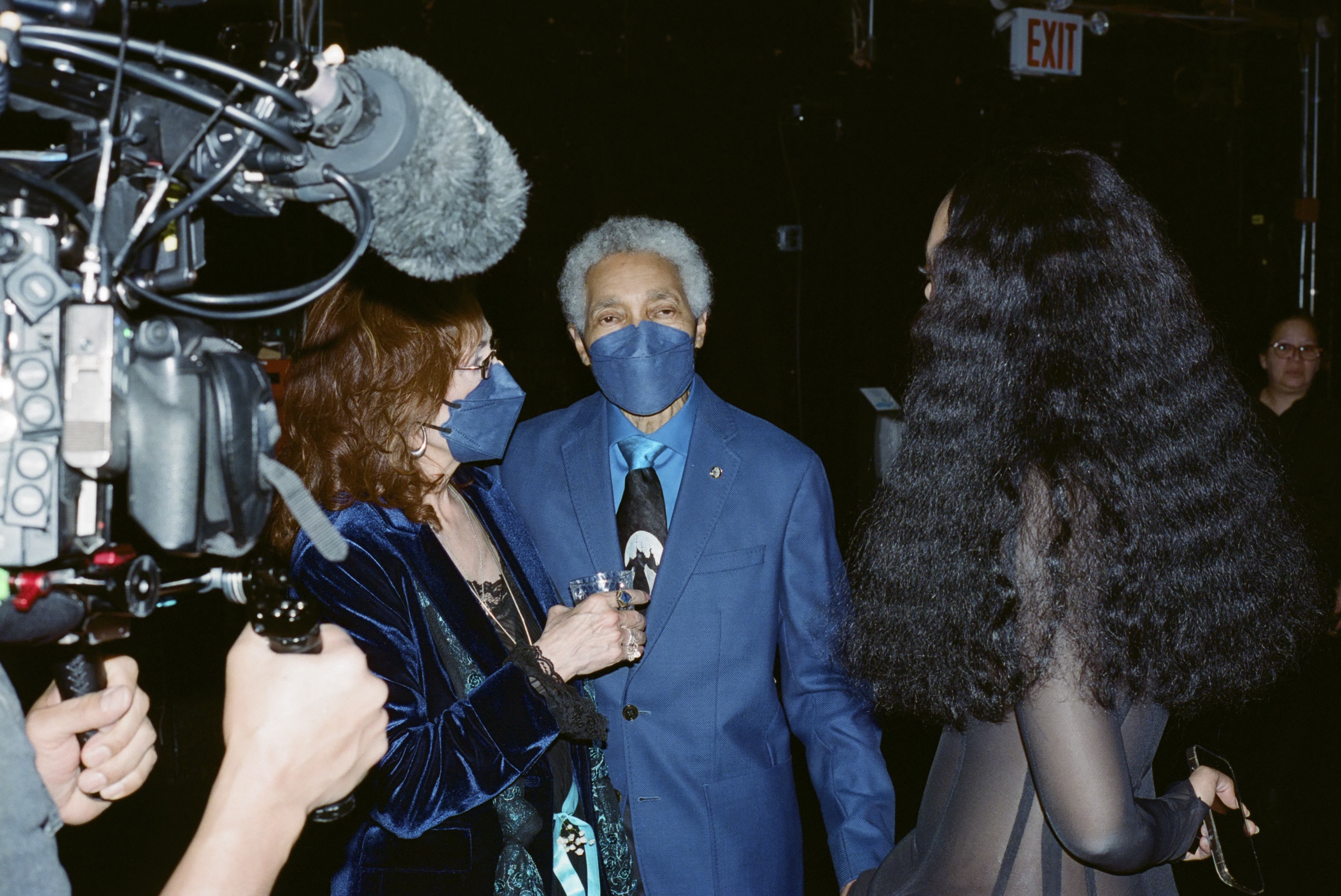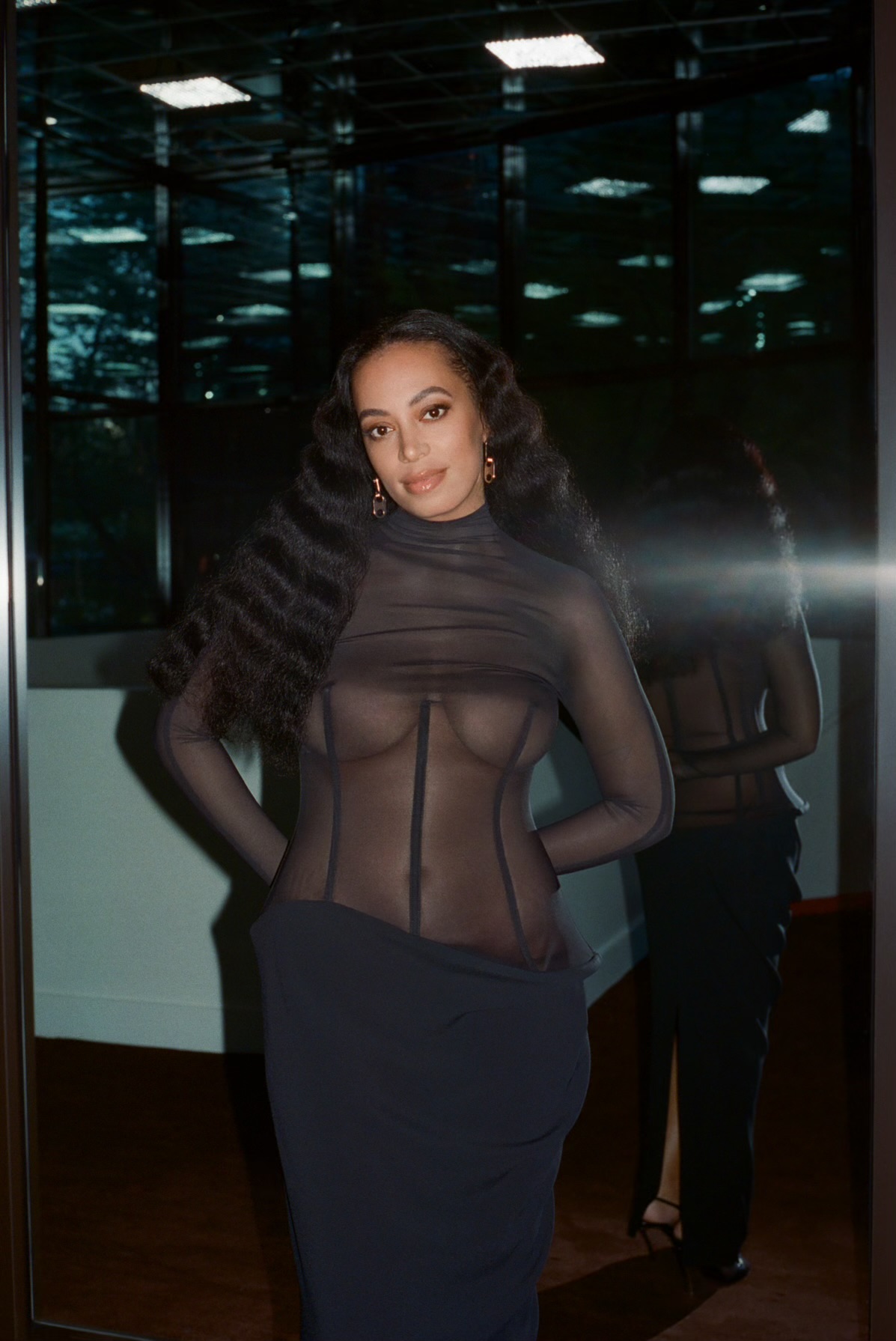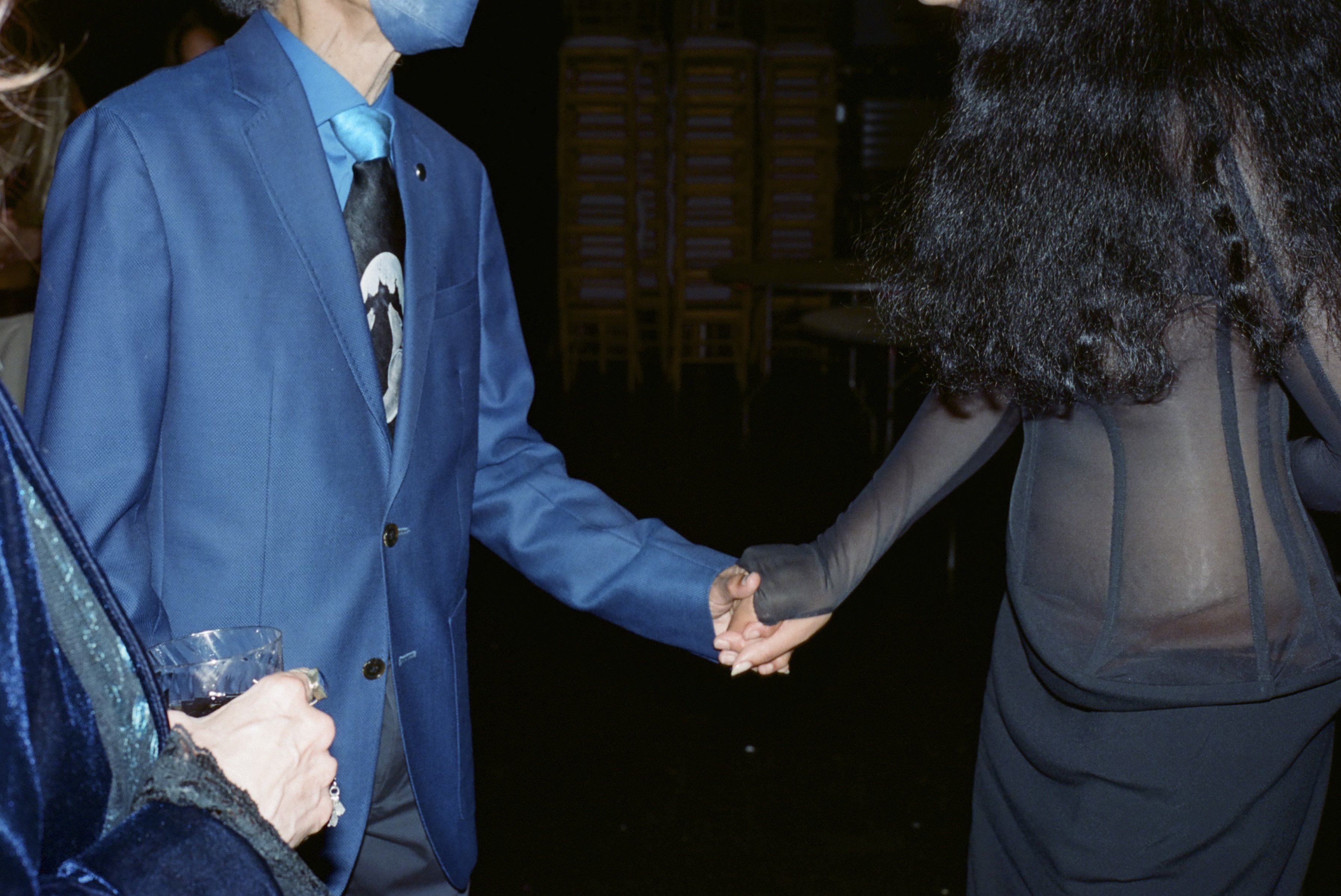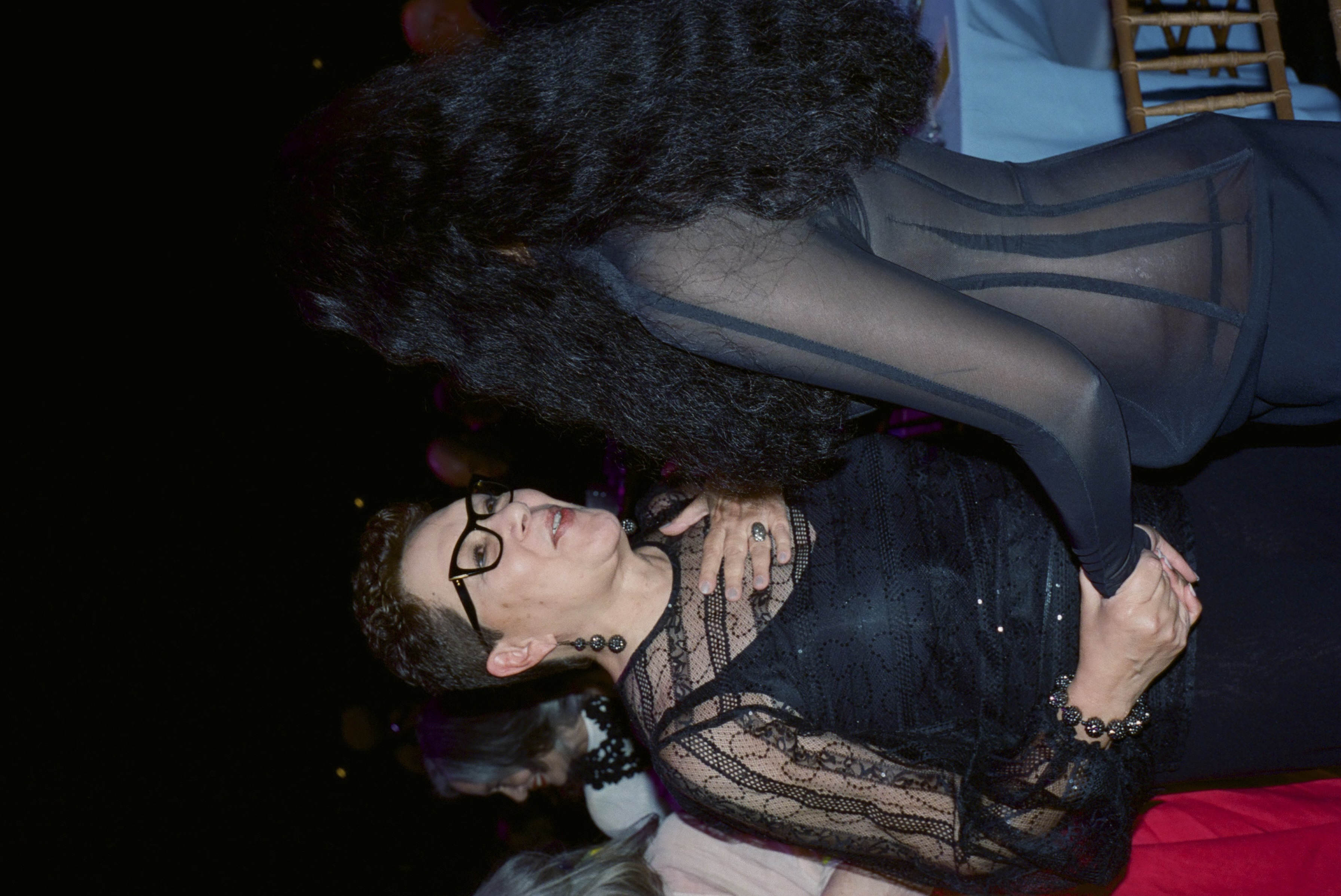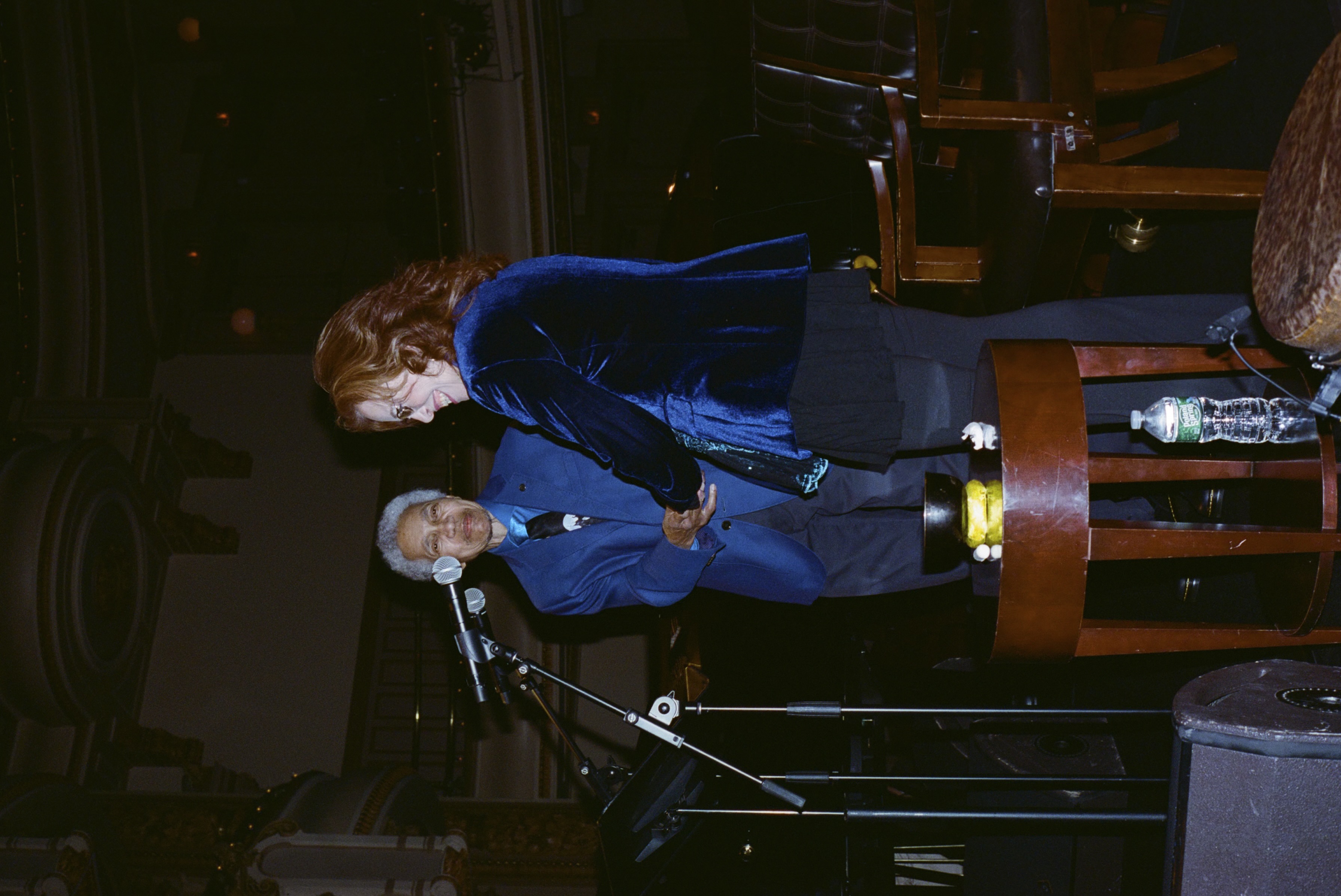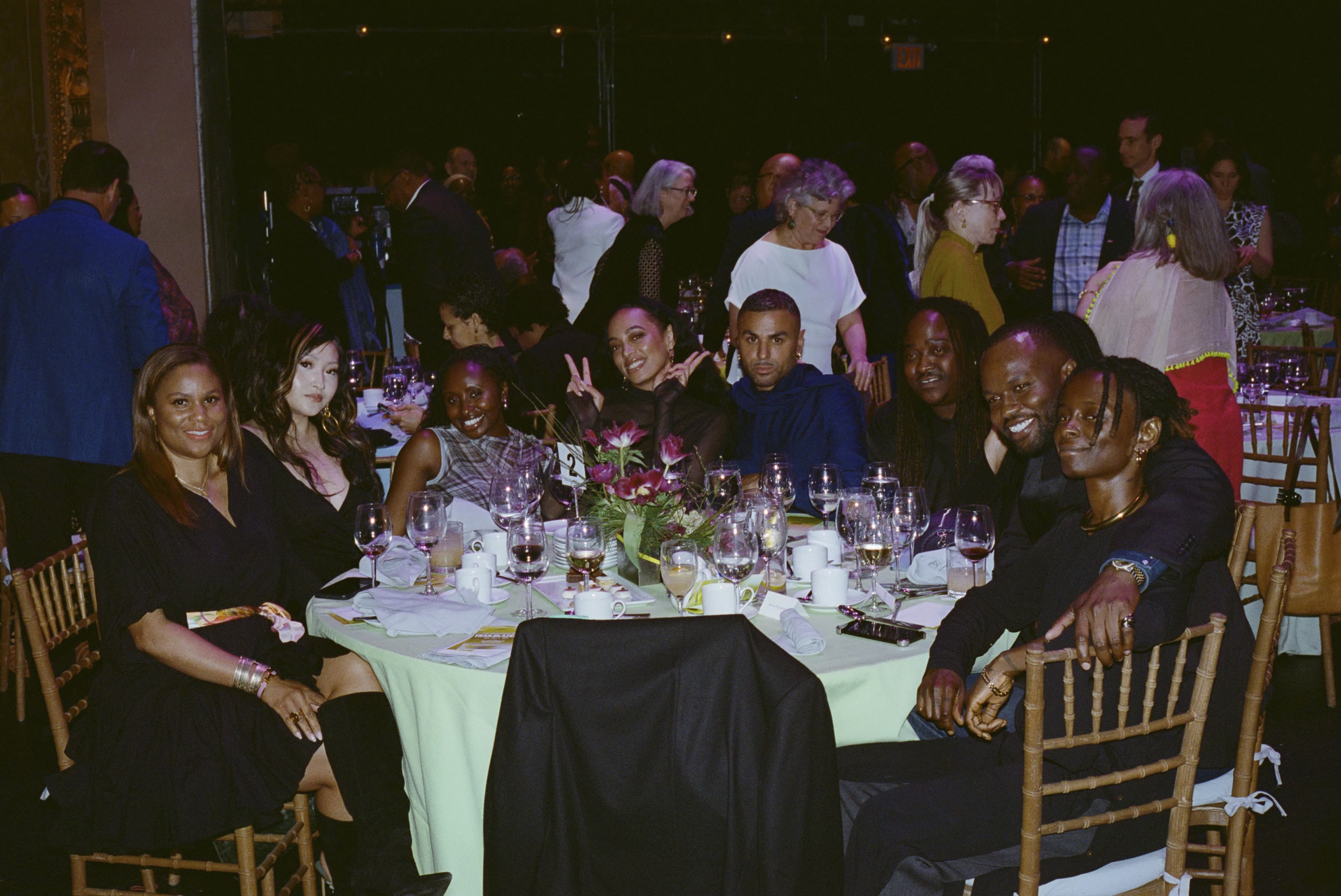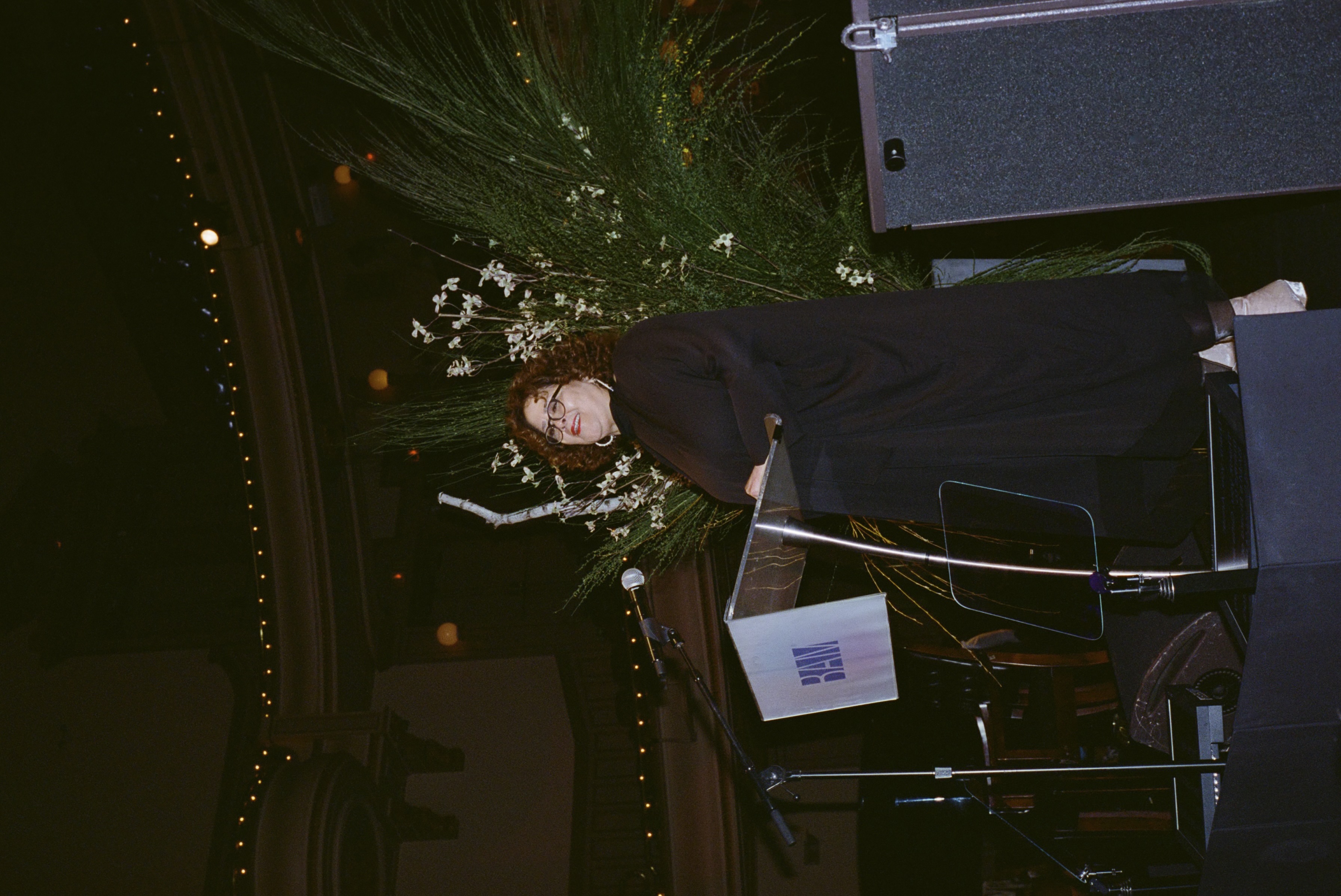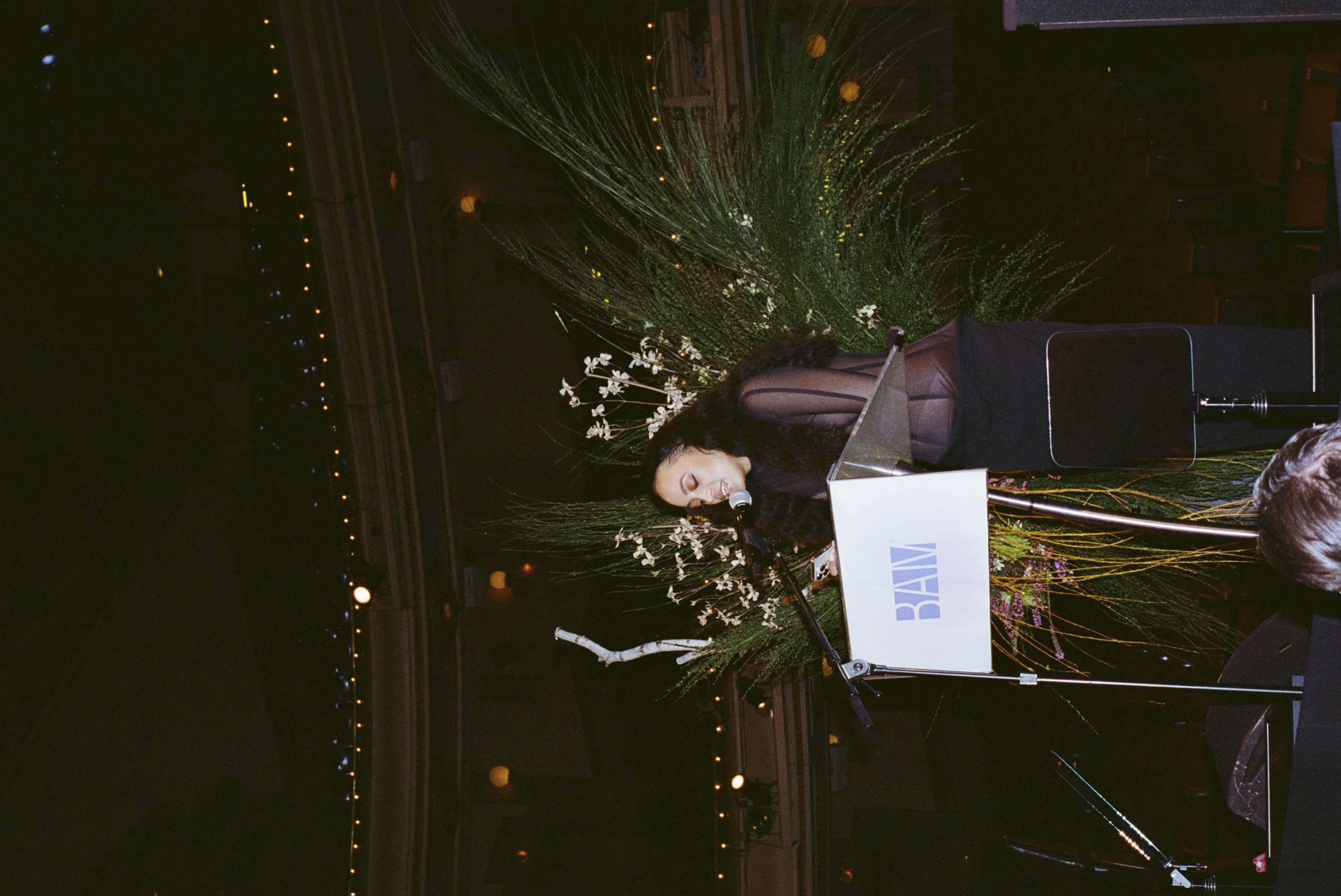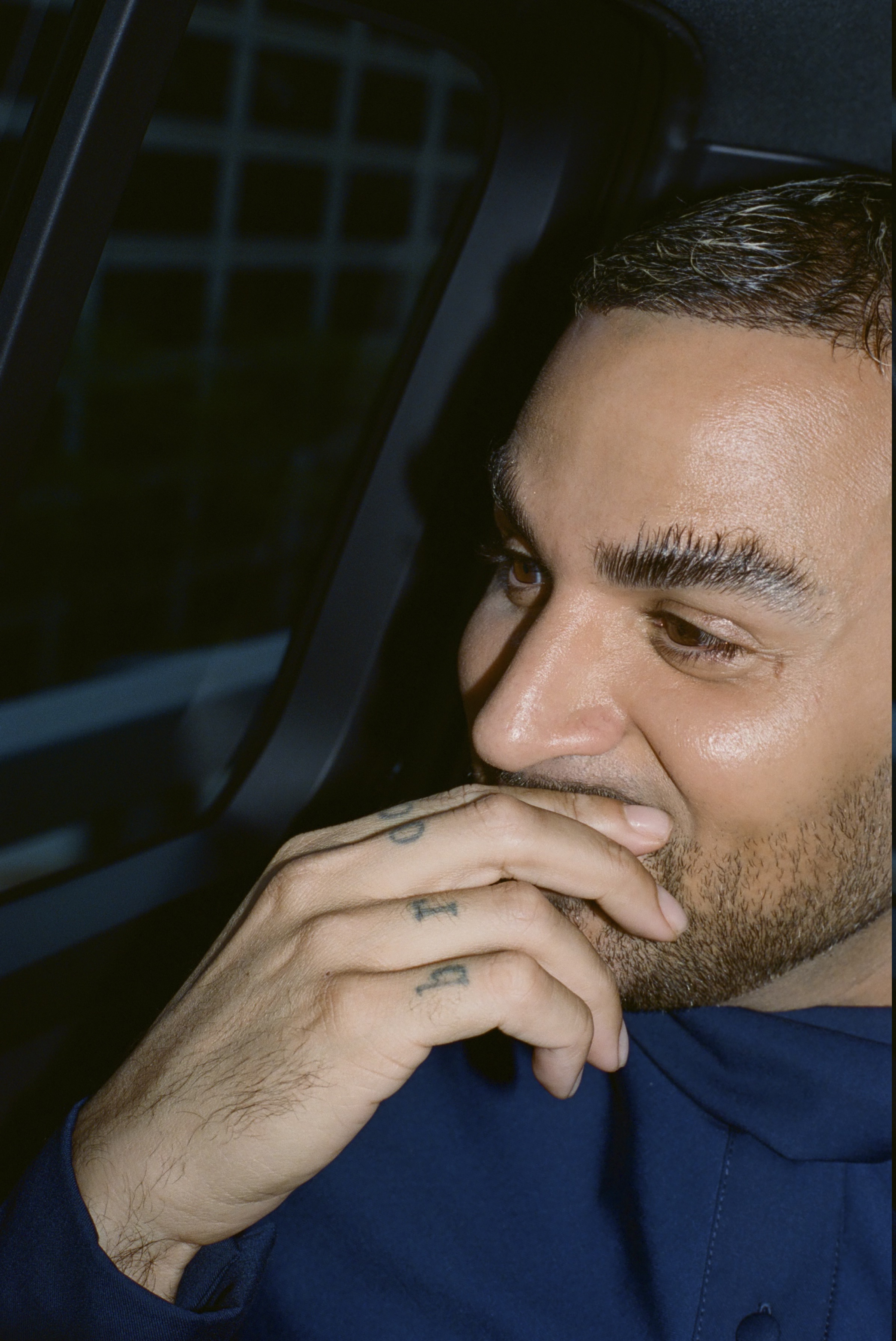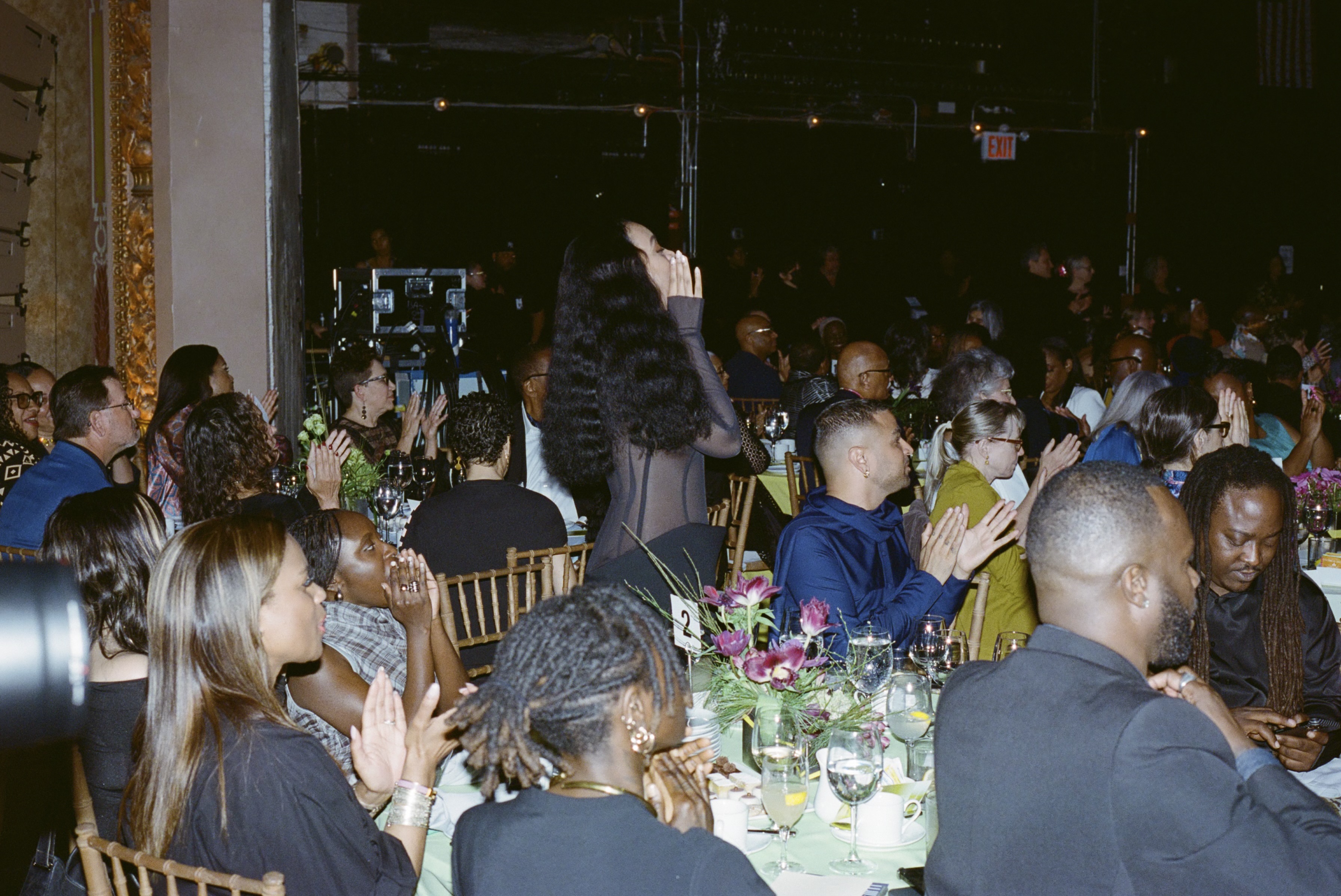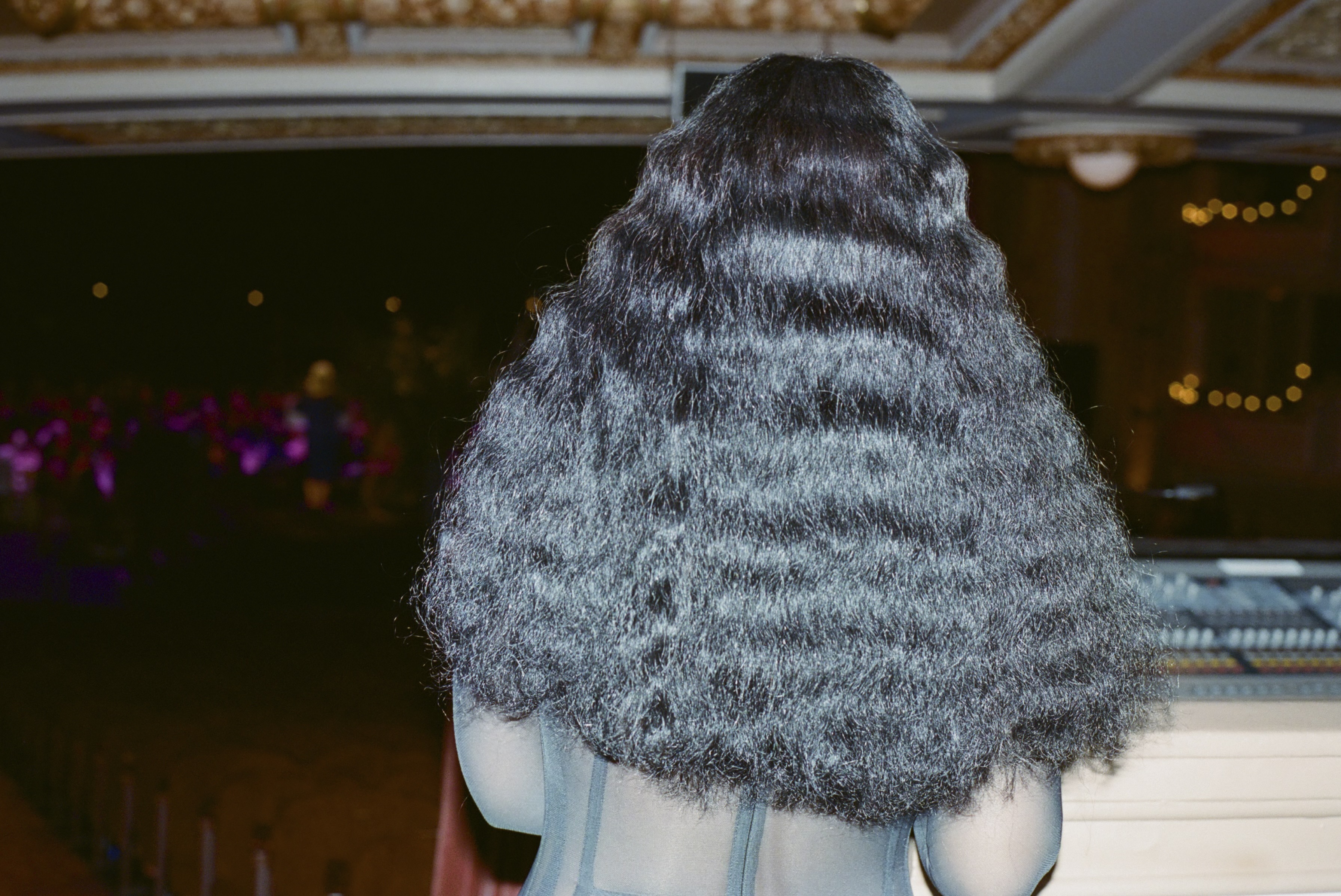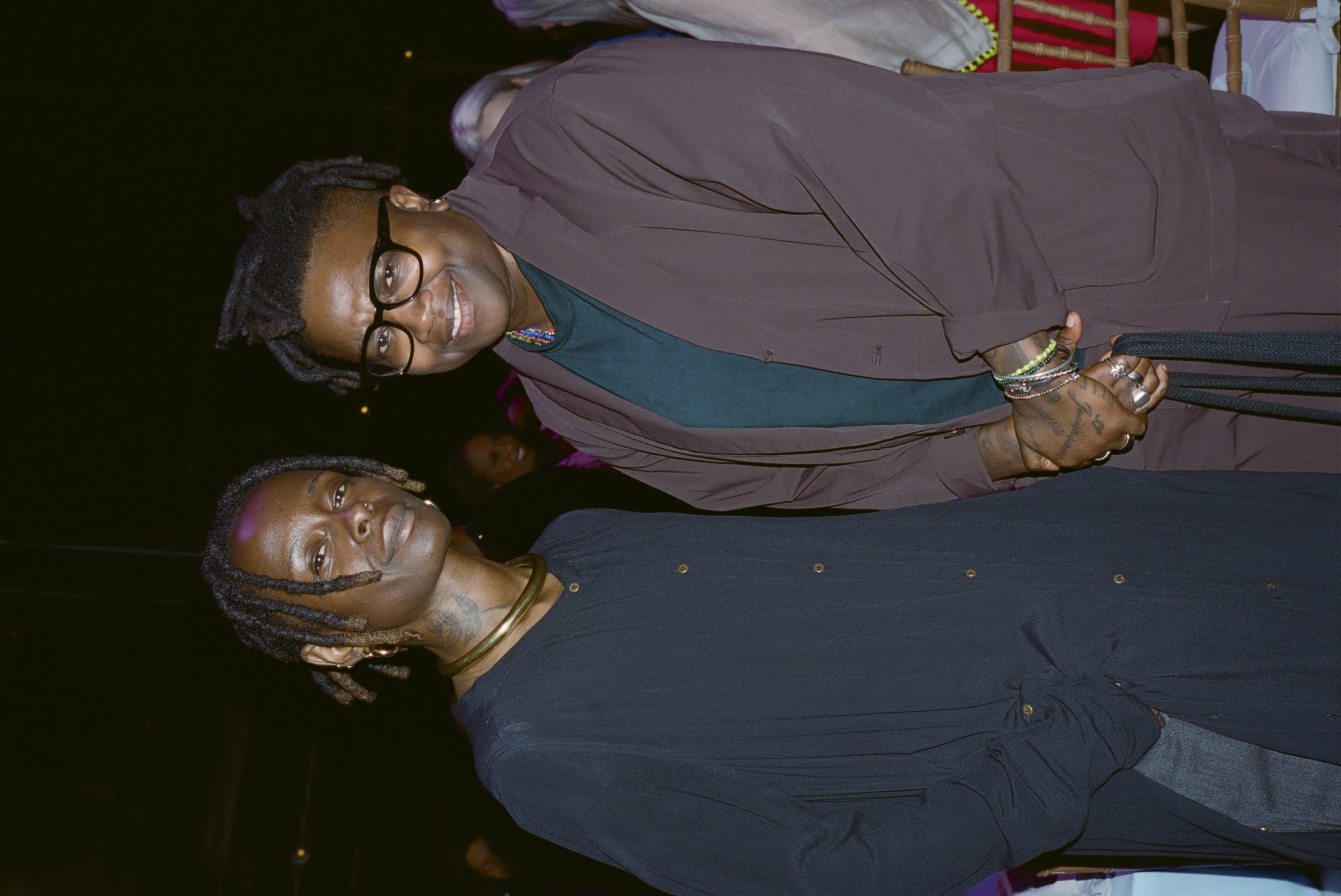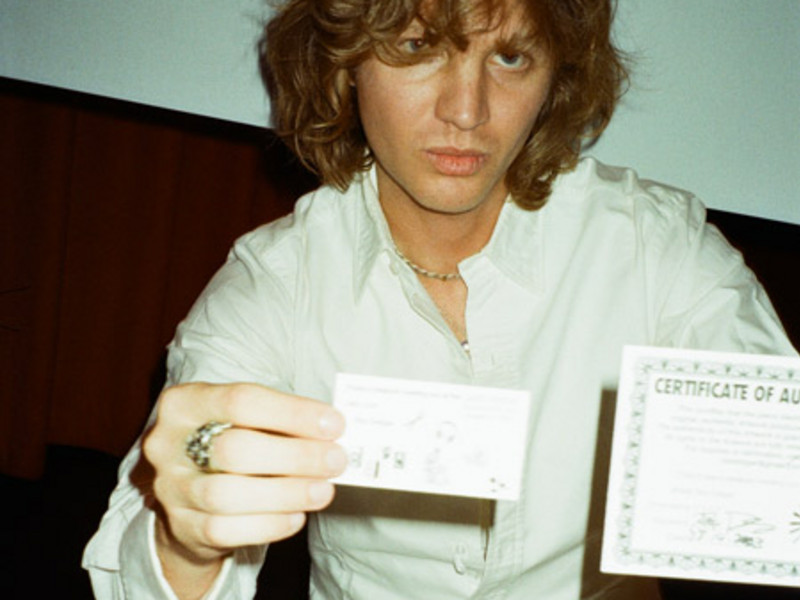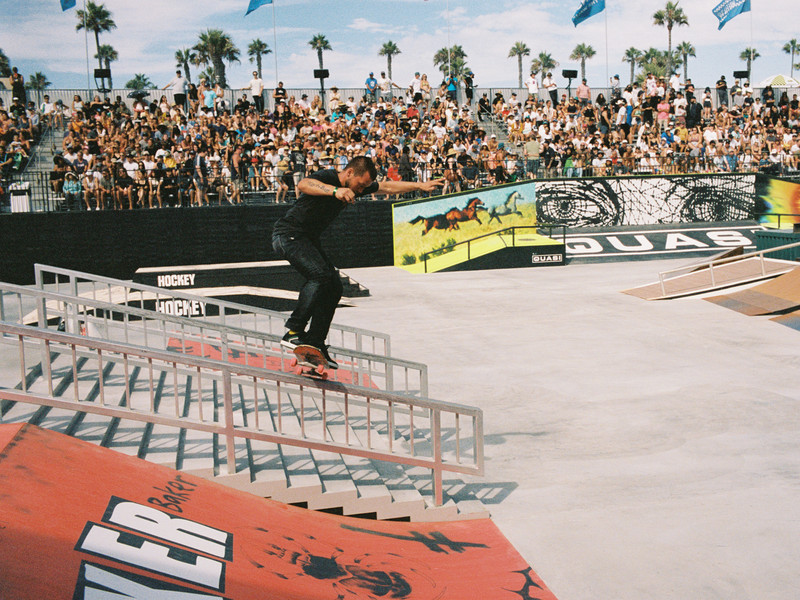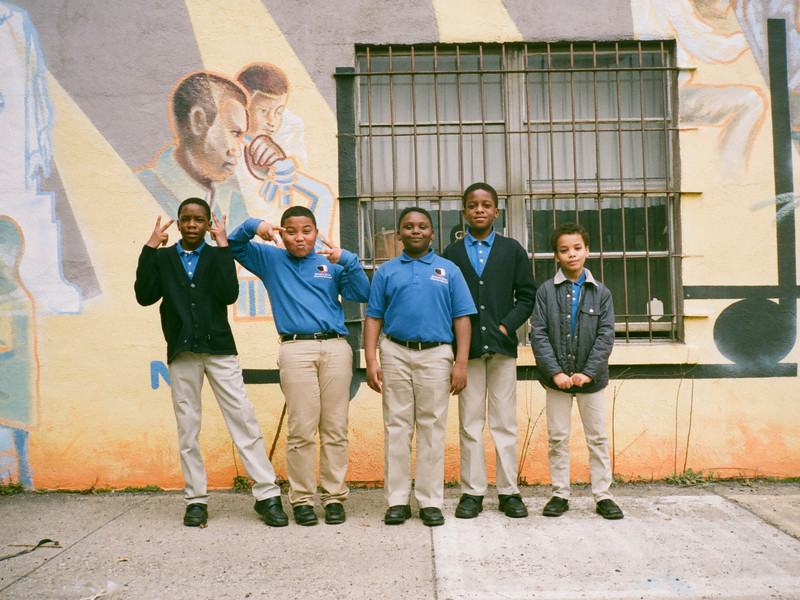Miami Carnival Through the Eyes of a Sound Curator
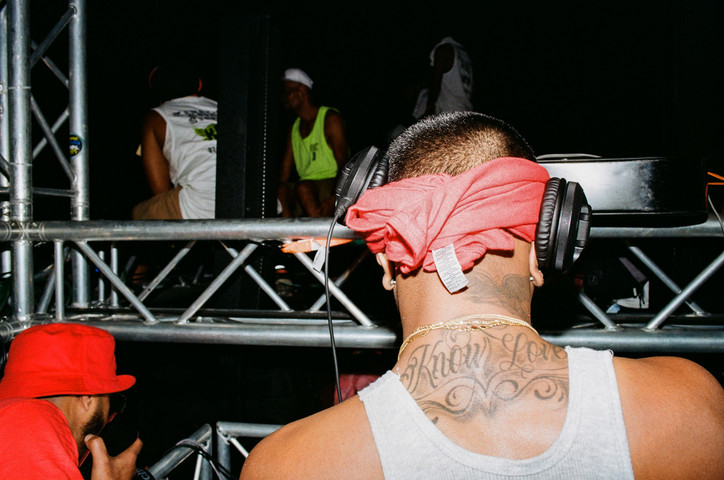
Surrounded by go-getters and artistically-intuned family members, Jordan built his creative foundation in Toronto by dabbling in underground circles. Starting in 2019 through experimenting with art, fashion and styling, he quickly realized music was always an underlying outlet he returned to. Today, he is known for curating global sound spaces for Caribbean and POC youth of all expressions, spanning New York, Miami, Los Angeles, and London. His most recent endeavour was a partnership with photographer Micheal Grant to capture the intricacies of Miami Carnival through the lens of a sound curator, emphasizing the representation of all walks of life. The byproduct of Jordan's music curation is profoundly animated in the photographs through vivid colours, textures, shapes, and spectacles, chronicling the unapologetic essence of Carnival.
How did you emerge into the sound curator space?
I don't like to call myself a DJ and prefer the term sound curator because I create different forms of sound in many different ways. I started interning with fashion brands during New York Fashion Week and saw that many models were also DJs. I wanted to see how I could venture out of fashion and do something more innate, like music, which was around me my entire life. My brothers were promoters and always brought their DJ friends around the house, so I was exposed to the work early on.
I spent a month in October 2019 in one of my friend's houses, which had a full DJ set up, and I would go there after work every day and learn. I don't want to say it was destined to happen, but it was always a facet that was around me.
Tell us how attending Carnival has shaped your experience and development as a sound curator.
Growing up, Soca music was always playing in my house; it's always been around me and backdropped my life. Carnival was a space I attended year after year with my family, and It's a part of who I am and my identity. It feels like home. I love wearing my costume because it takes me back to that feeling I had as a kid.
What one Carnival experience stands out from the rest?
One of my most monumental carnival experiences was a memory of running across the stage and dancing in front of judges at Trinidad's Carnival this year. Being around a group of people and being strongly unified was such a beautiful feeling. We all channelled expression through a costume, no matter your appearance or background. This year, when I crossed the stage, it was our culture's prime time of celebration. Nobody is not smiling; it's a feeling everyone waits for.
When did you and Michael Grant meet, and how did the photography collaboration materialize?
In 2021, I met Michael Grant in Atlanta. I always appreciated his photography work and how he provokingly illuminates the portrayal of the black experience, intersecting class, family, and relationships through subculture. Although we went our separate ways geographically, our hunger to collaborate still lingered. Fast forward to October 2023, we were in the same place at the same time and naturally fell into collaboration.
What did you want to showcase in this project?
I wanted the project to capture Miami's Carnival through the lens of a sound curator. His camera was essentially my eyes. He was capturing moments I wasn't exactly seeing but felt. Across 12 rolls of film, these snippets were happening around me, and I knew they needed to be documented to display the true nature of Carnival. Initially commissioned for two hours, he stayed the whole day, leaving at 10 PM.
Before any photographs were taken, I wanted to emphasize and ensure all forms of blackness and all identities were spotlighted in the carnival space. If Michael saw a guy twerking, I wanted that captured. I desired impactful and vulnerable shots that accurately captured black culture from all experience perspectives. I wanted the uncut and raw parts accentuated because, as a DJ, that’s the parts I stand for.
Why is it essential for you to illustrate Carnival through this perspective, and how does your music shape the experience?
At Carnival, the Caribbean community acts, dresses and maneuvers the space with an energy of celebration. It's a sense of liberation and a space to be ourselves freely. Carnival is the one day of the year where people can exist without limitations, so I'll play the music that ignites that spark and channels who they are. No matter the gender identity or background, you'll see all walks of life dance to the Soca and Dancehall songs I play. I'm creating a sense of unity and celebration through sound that the black community can enjoy.
What does the future of Caribbean sound look like to you?
I see the Caribbean sound expanding worldwide with a very natural growth progression. It's already on that journey, with Caribbean creatives gradually pushing culture in any way they can. In reference to the African community, we've seen how they've been successfully spreading their sound and culture with different forms of regional music. I see exactly this happening to Caribbean sound and culture as well. It's in the hands of Caribbean youth to push this wave, and once people get more acquainted with the sound, Caribbean culture is only going up.
